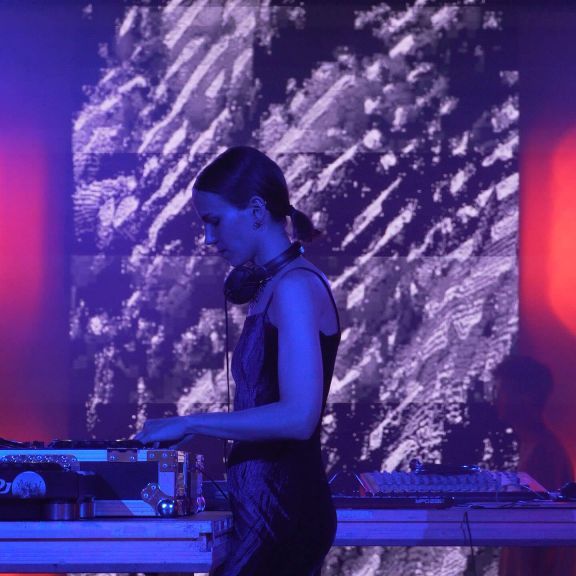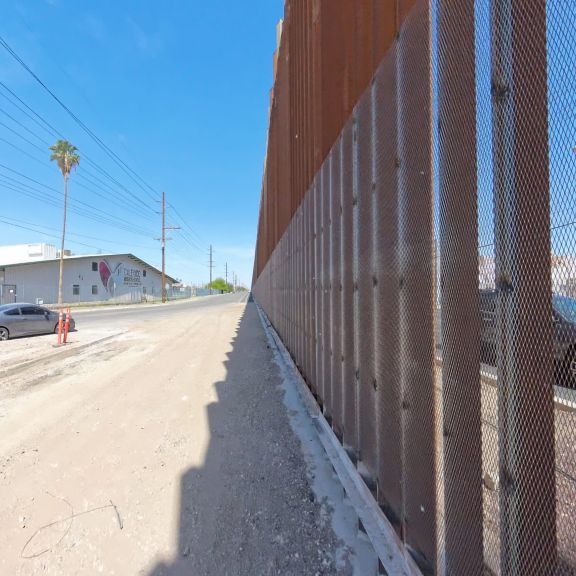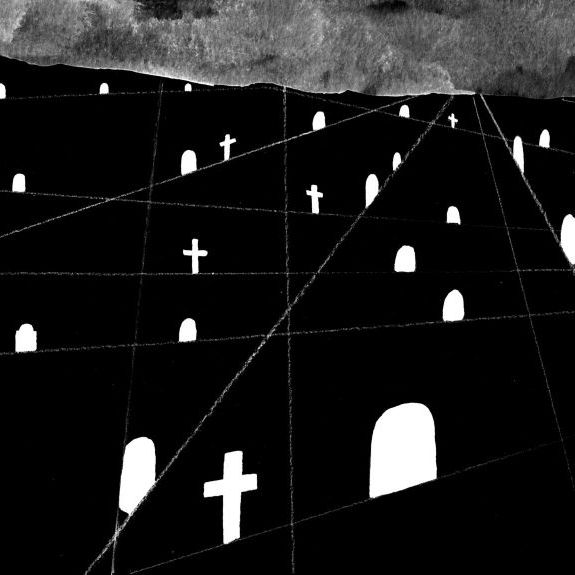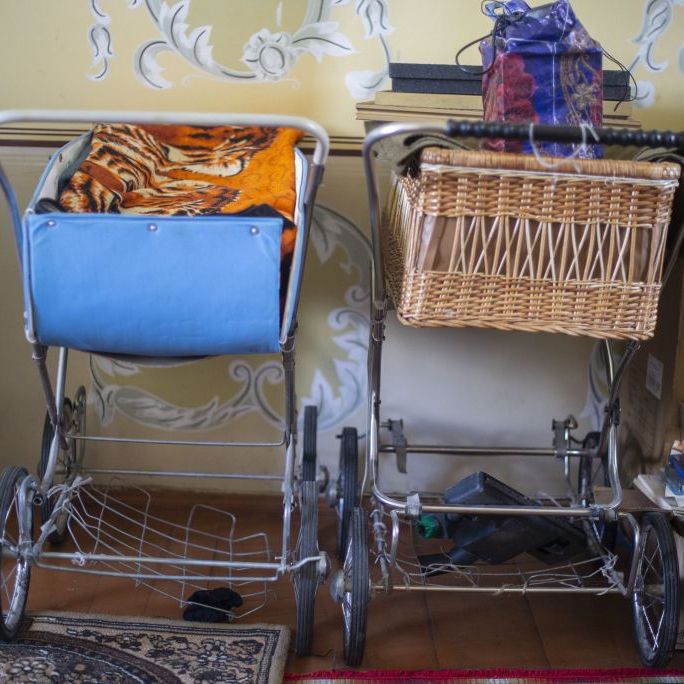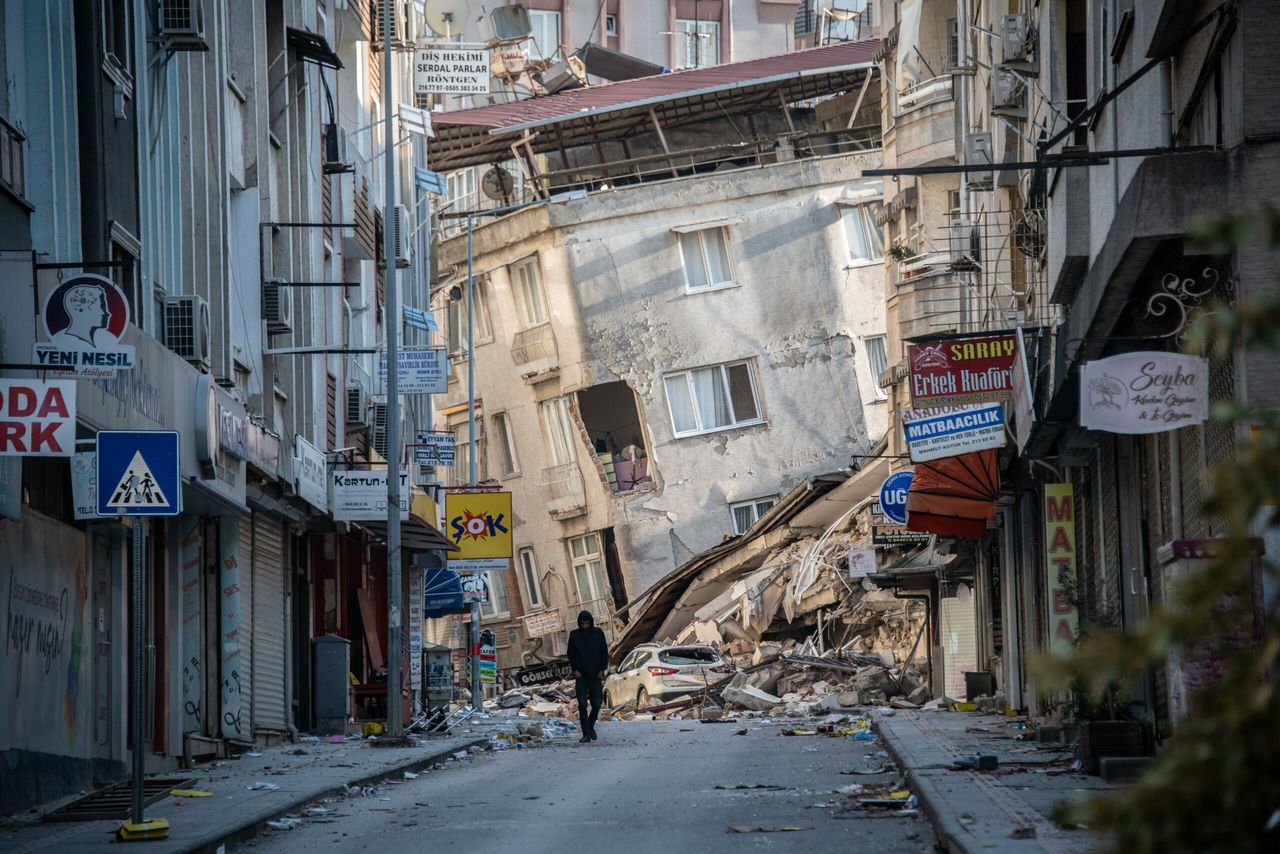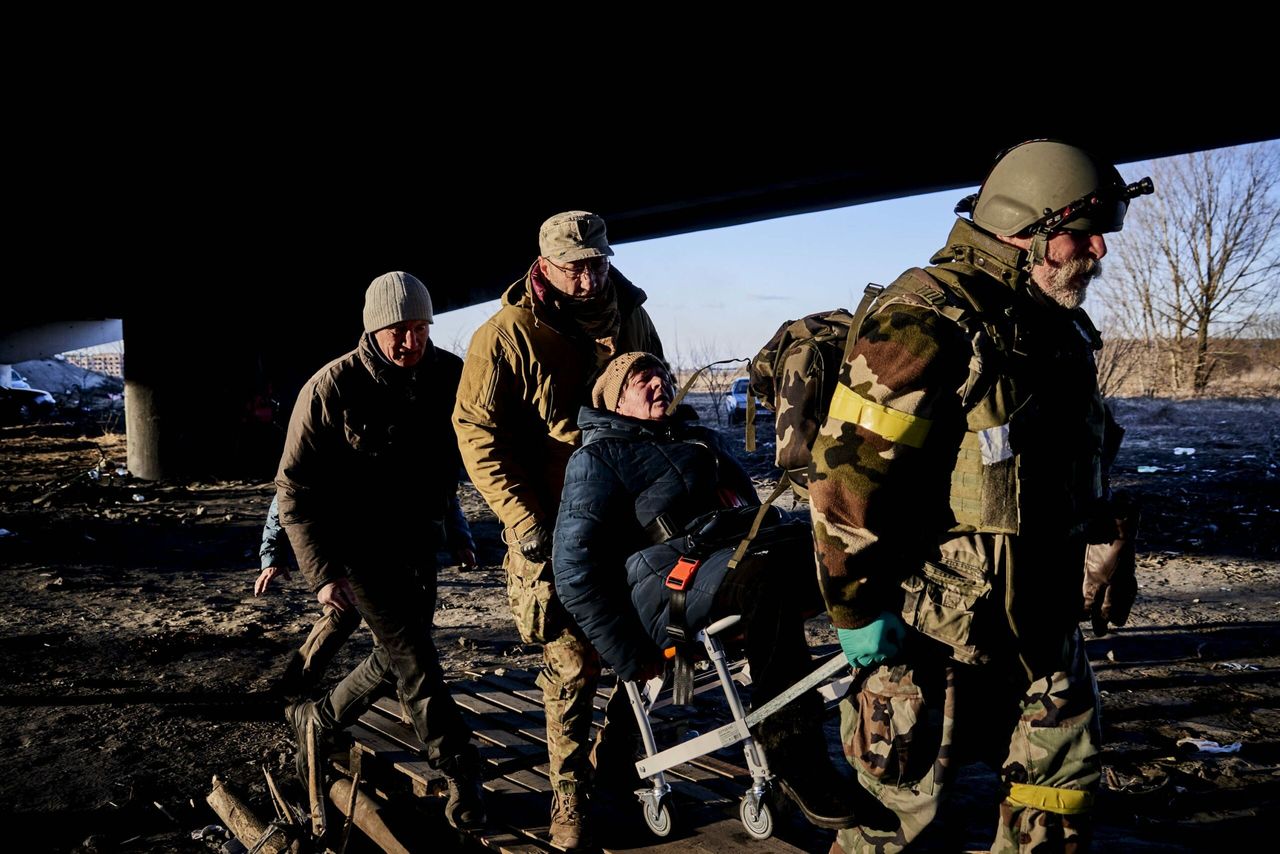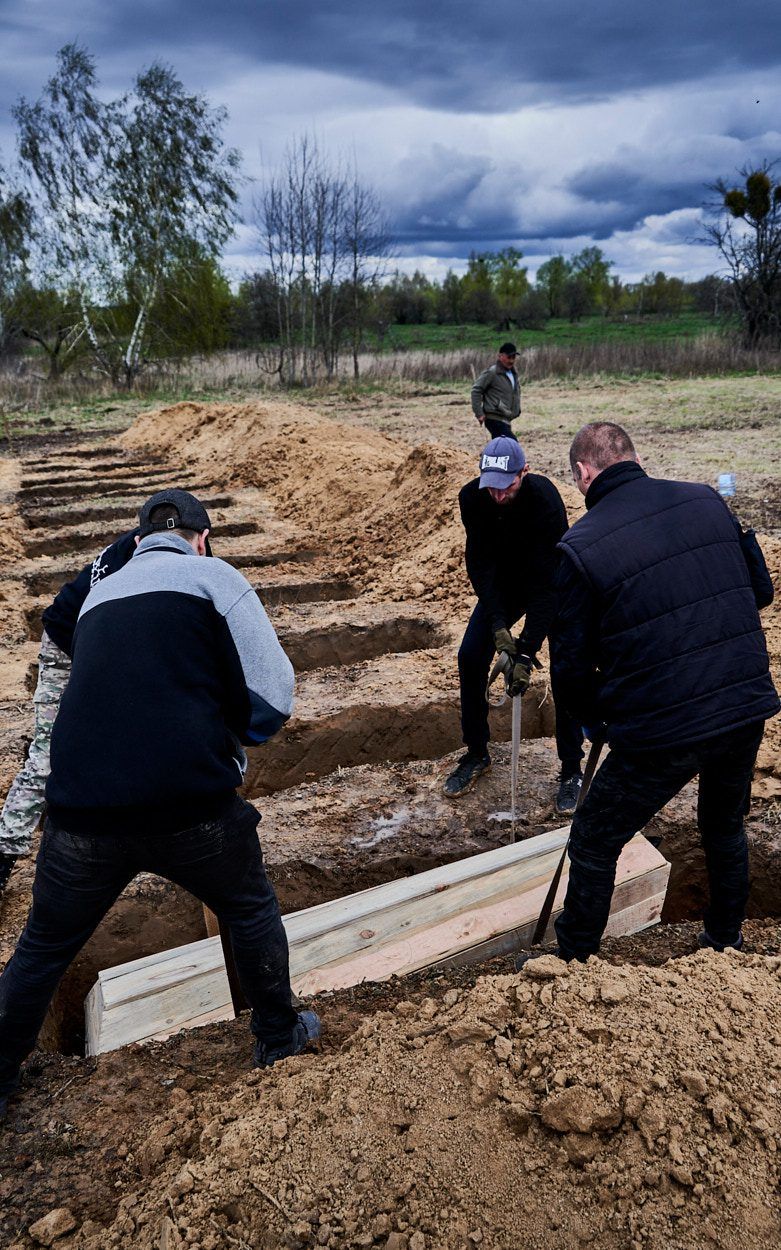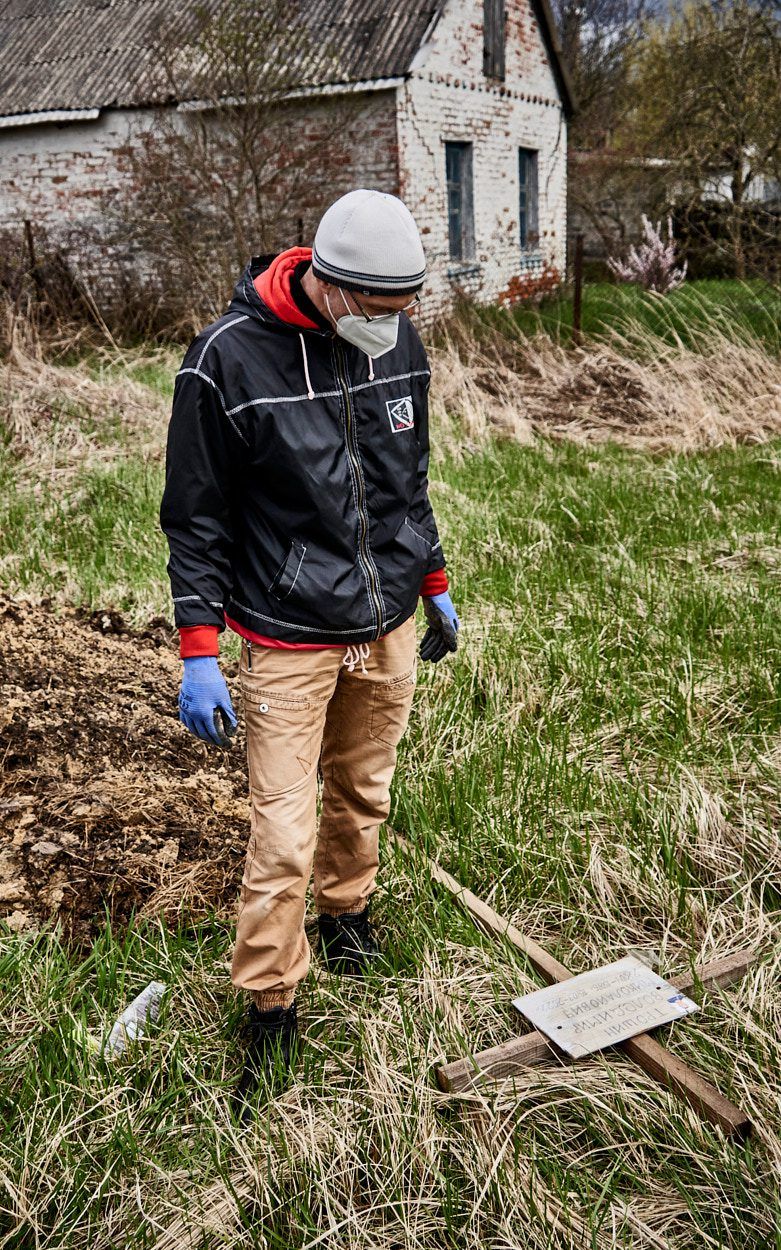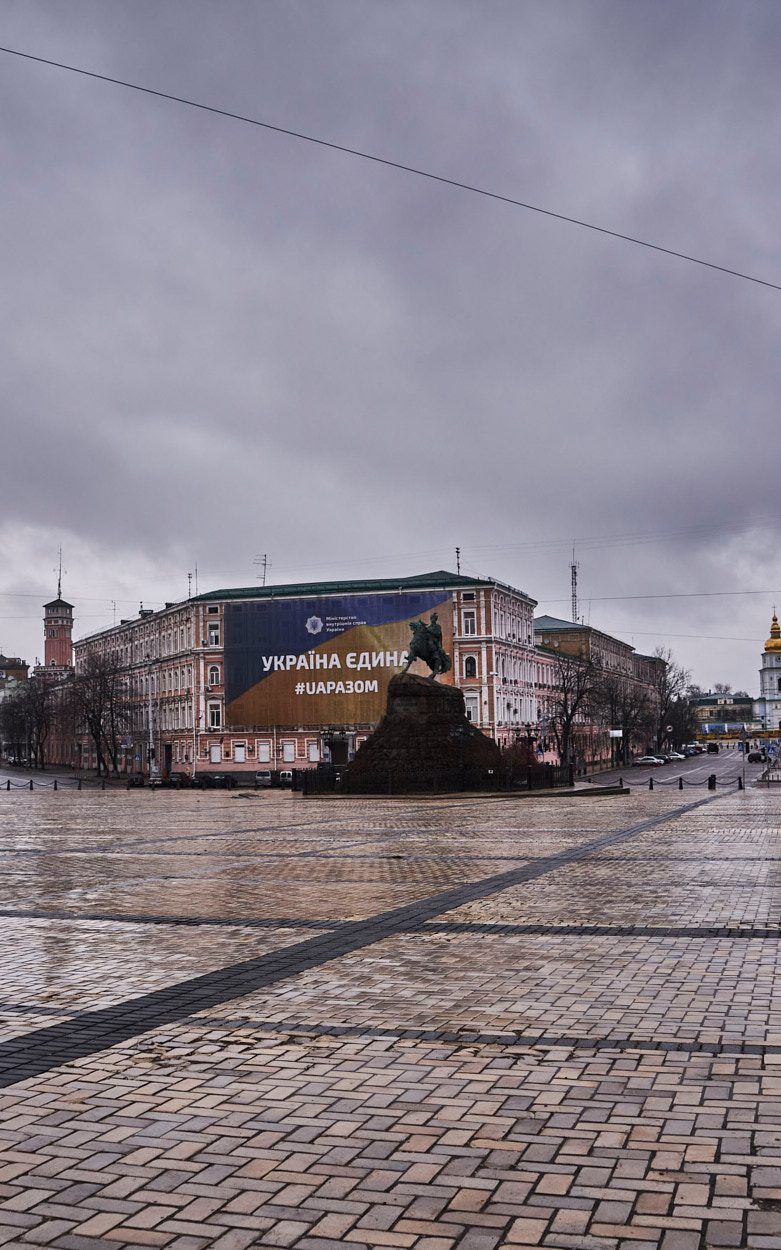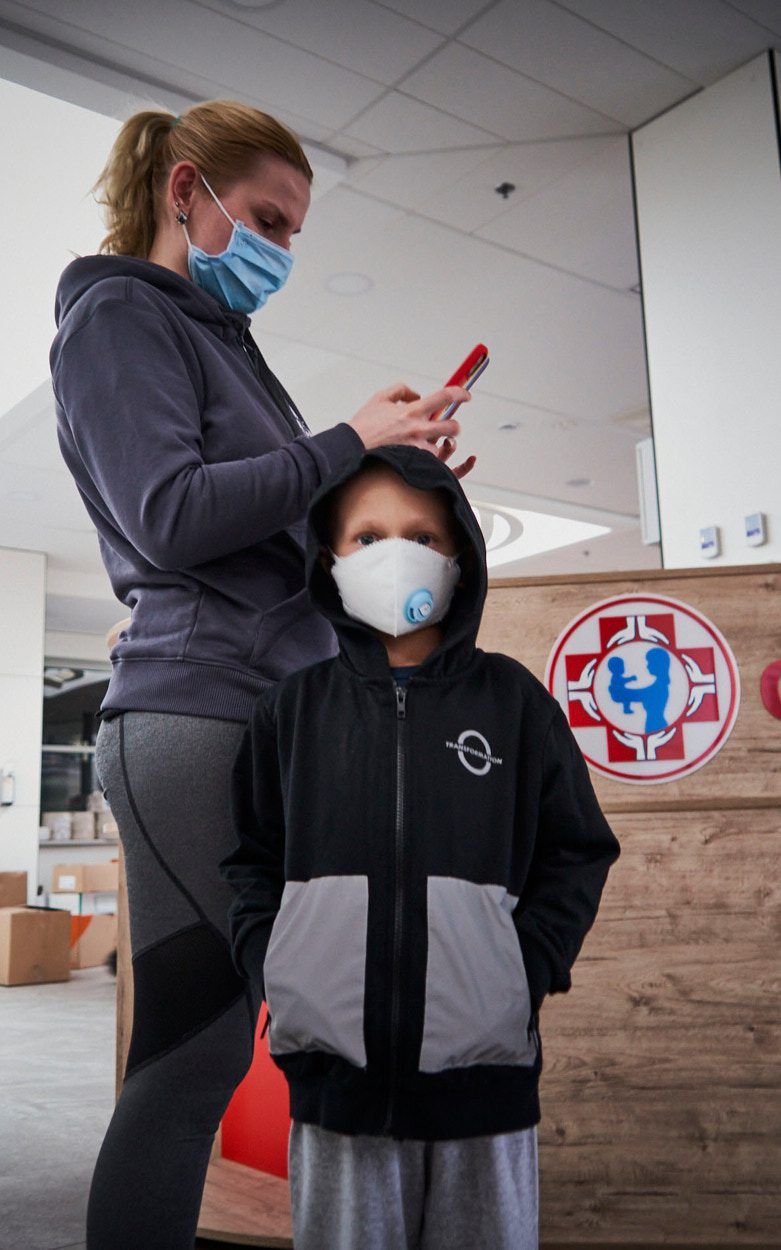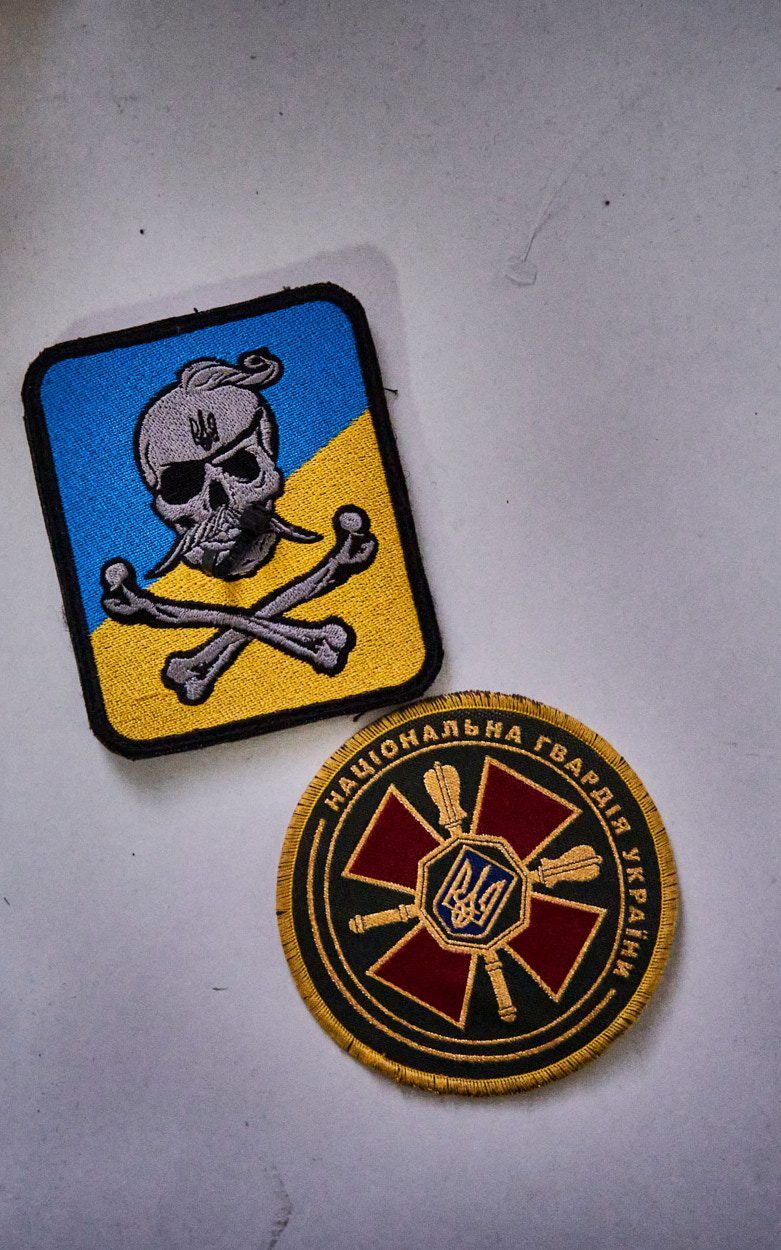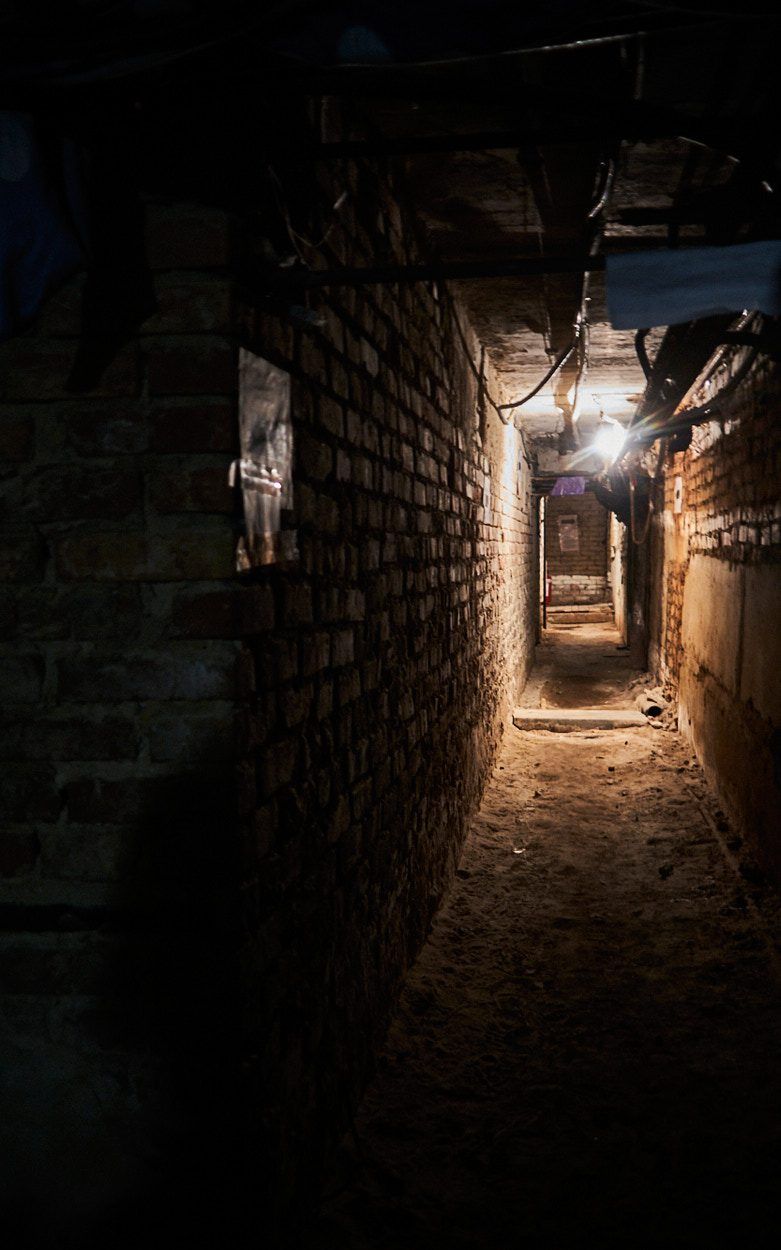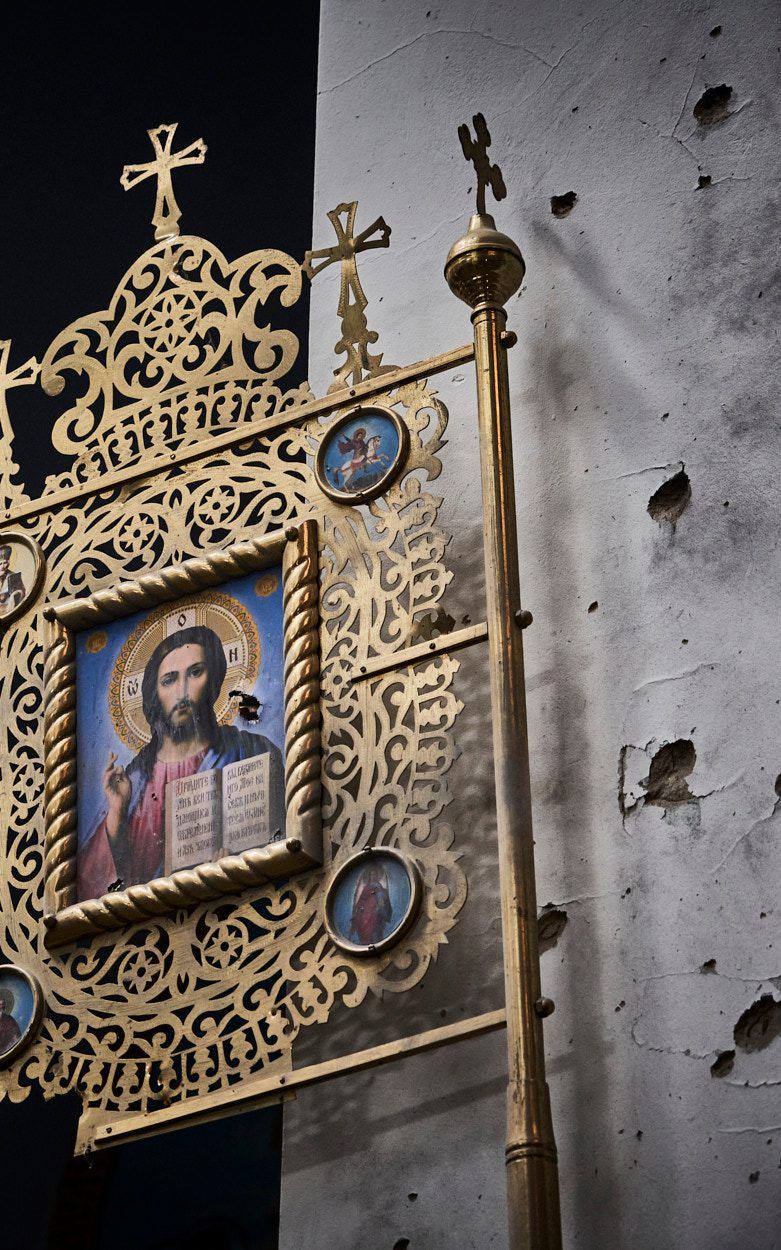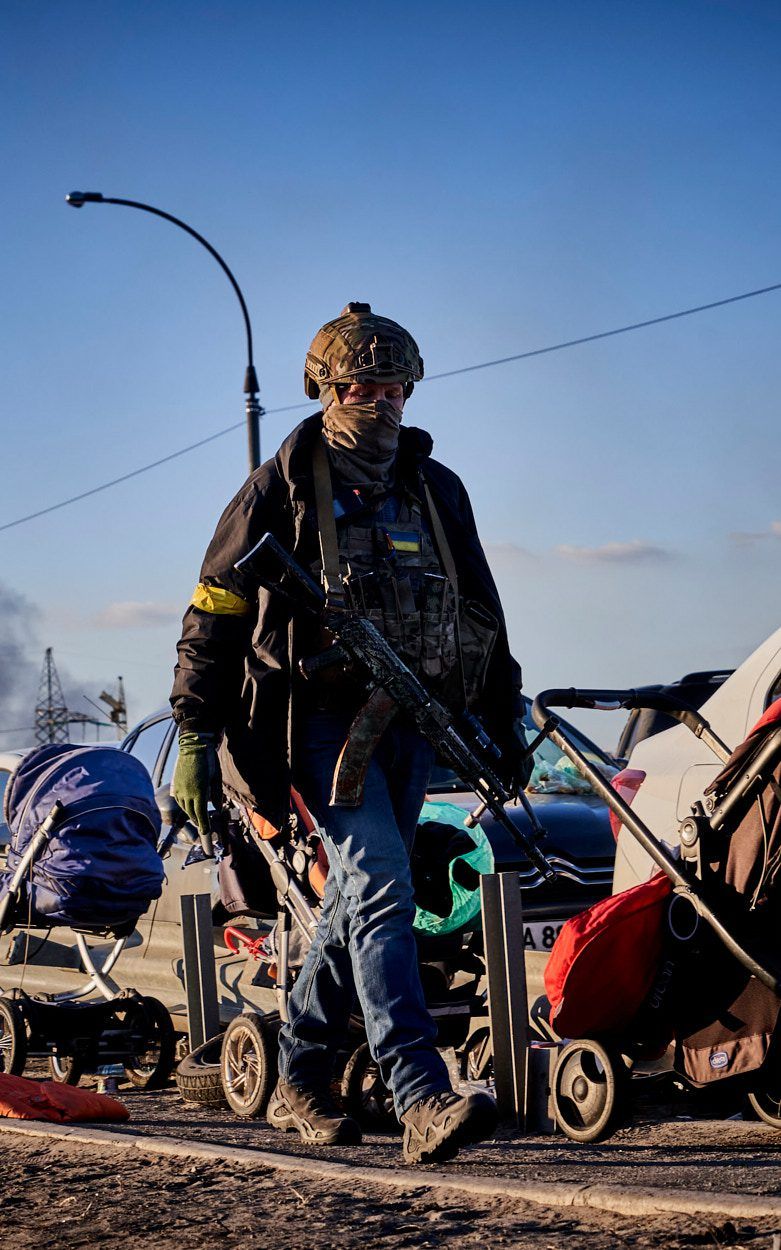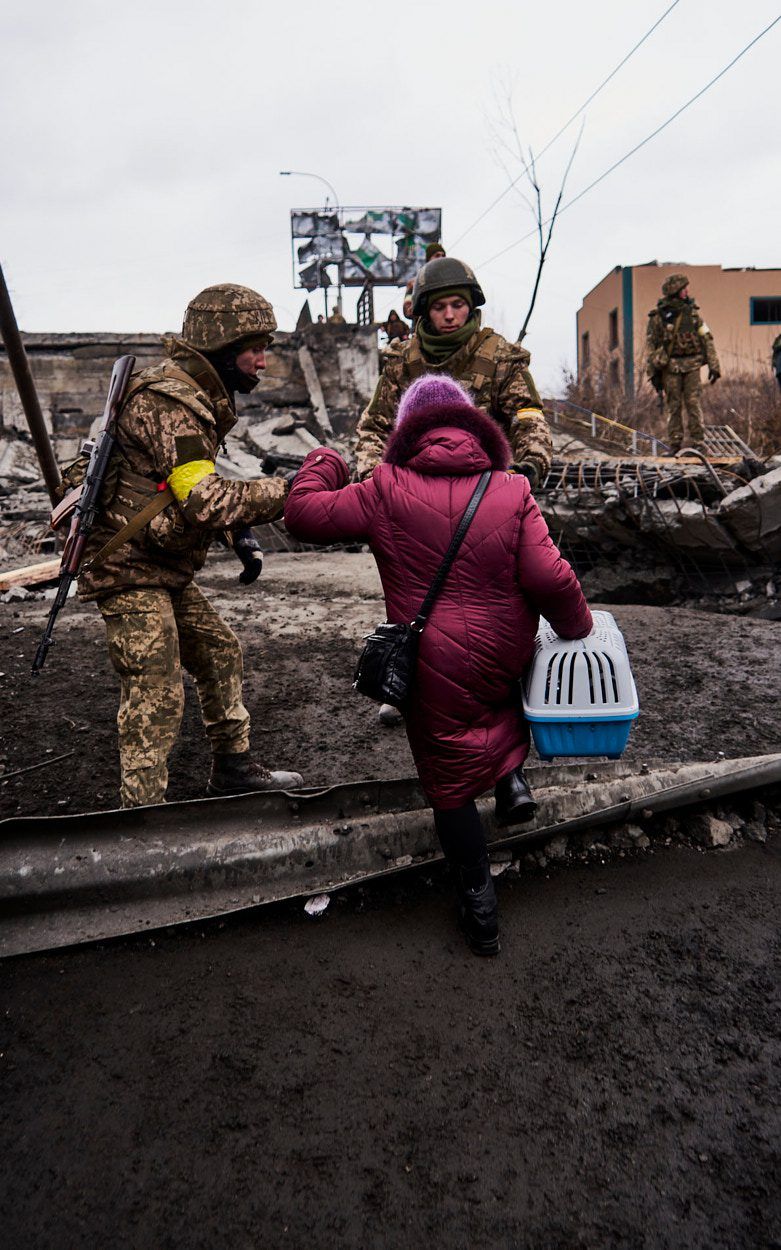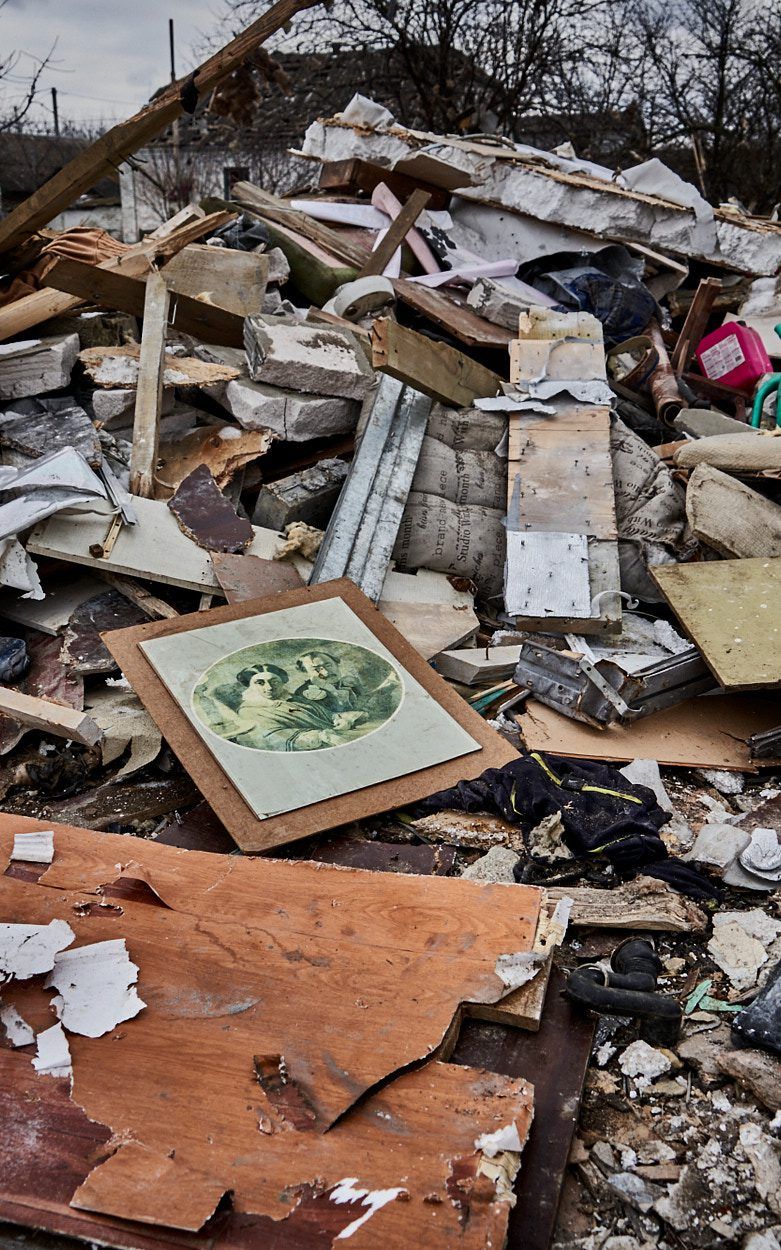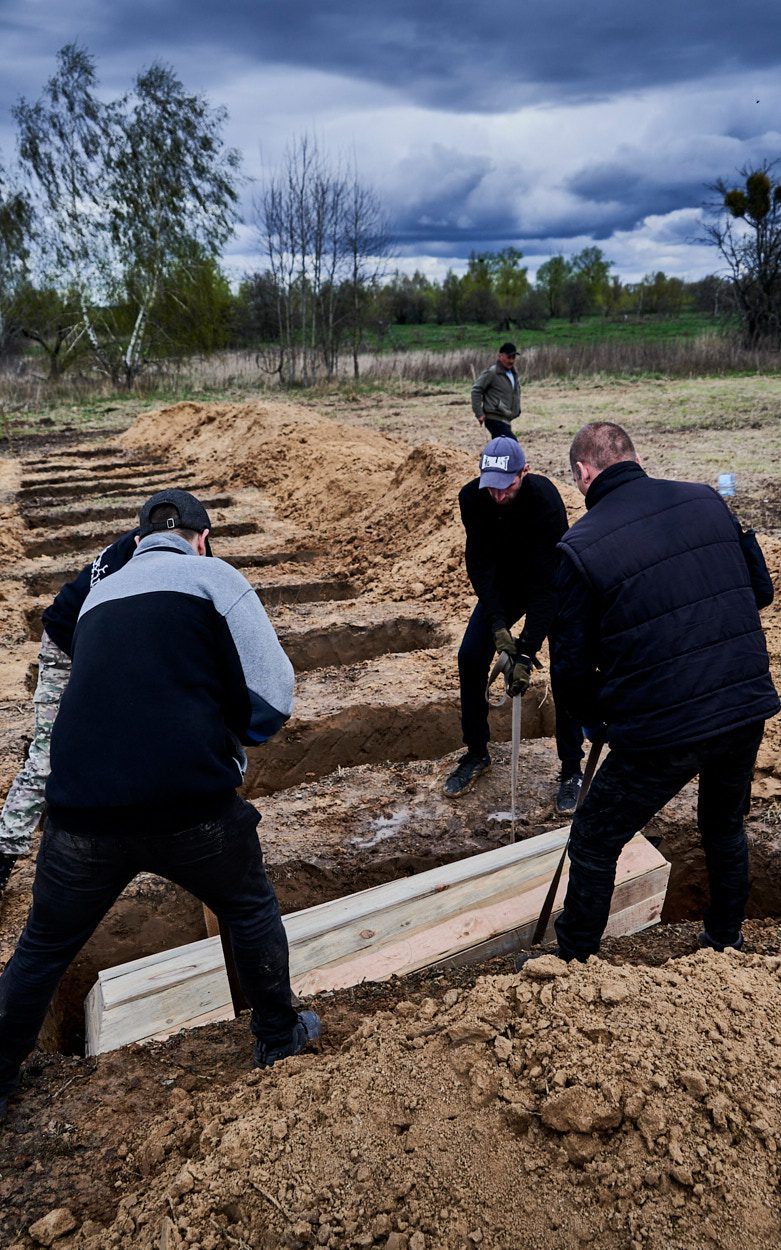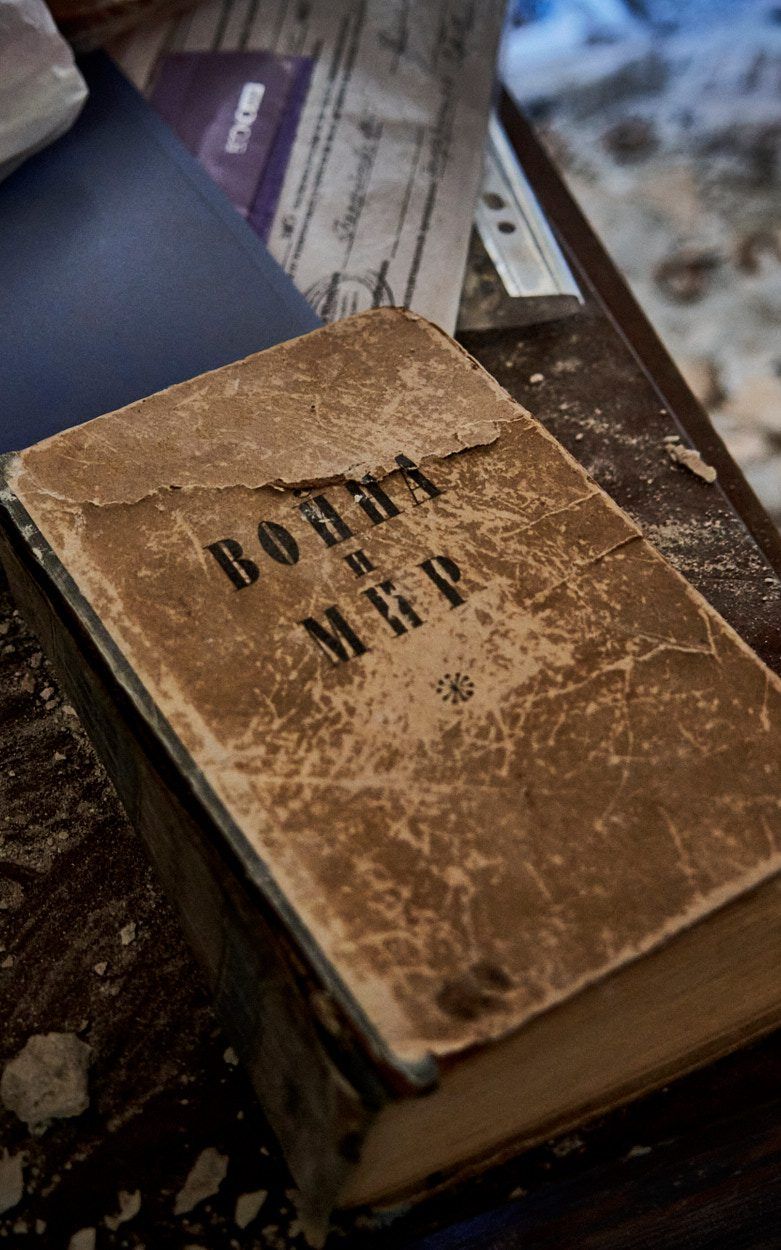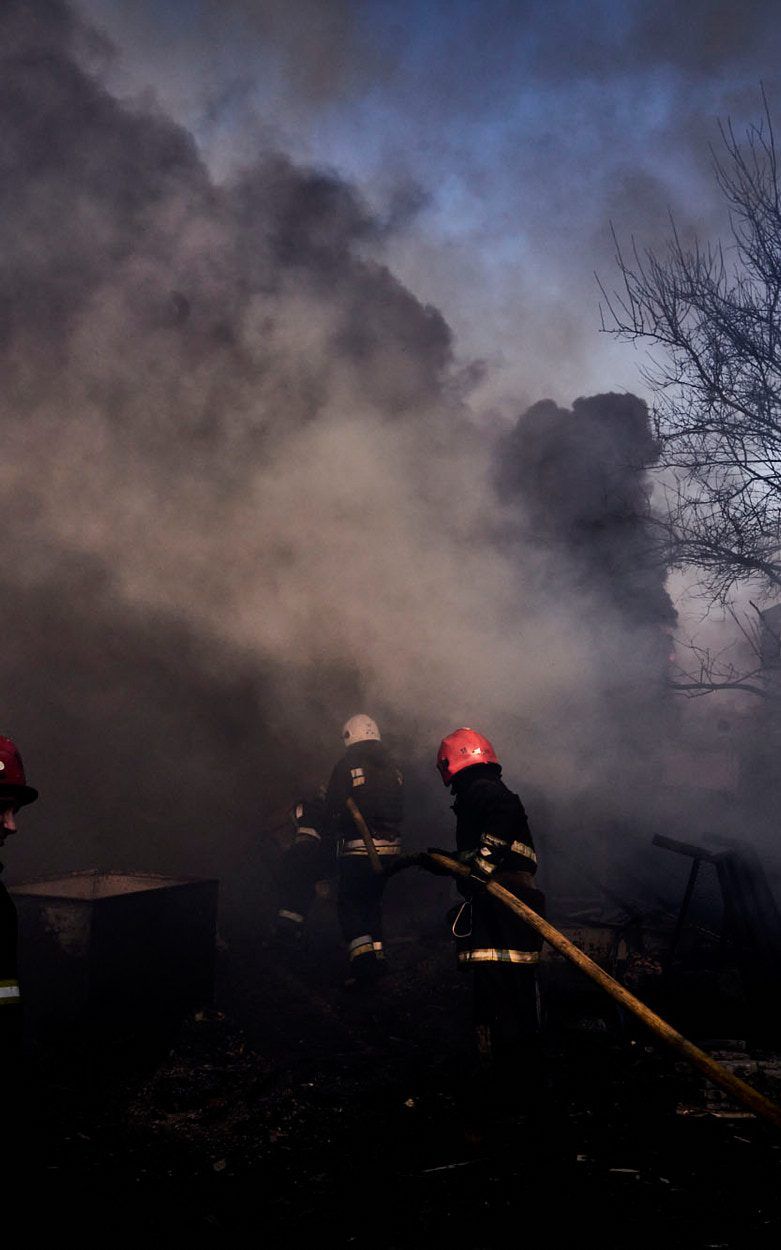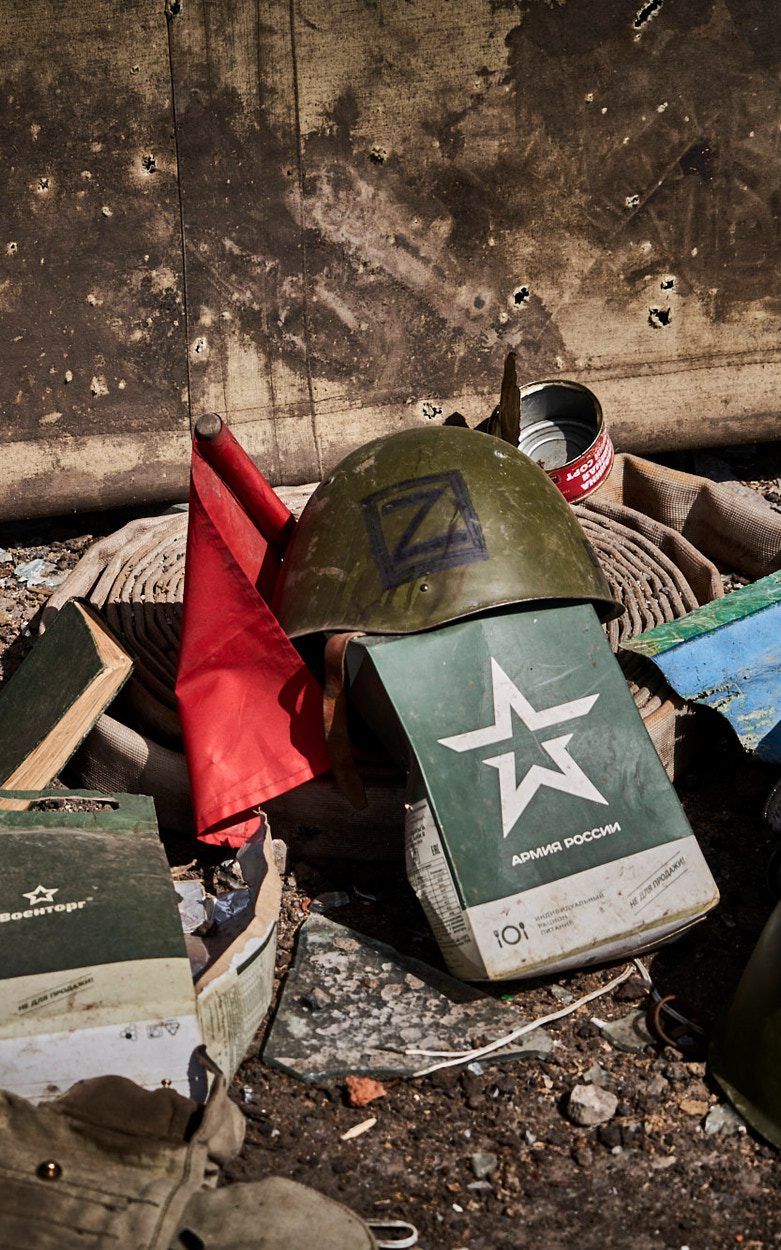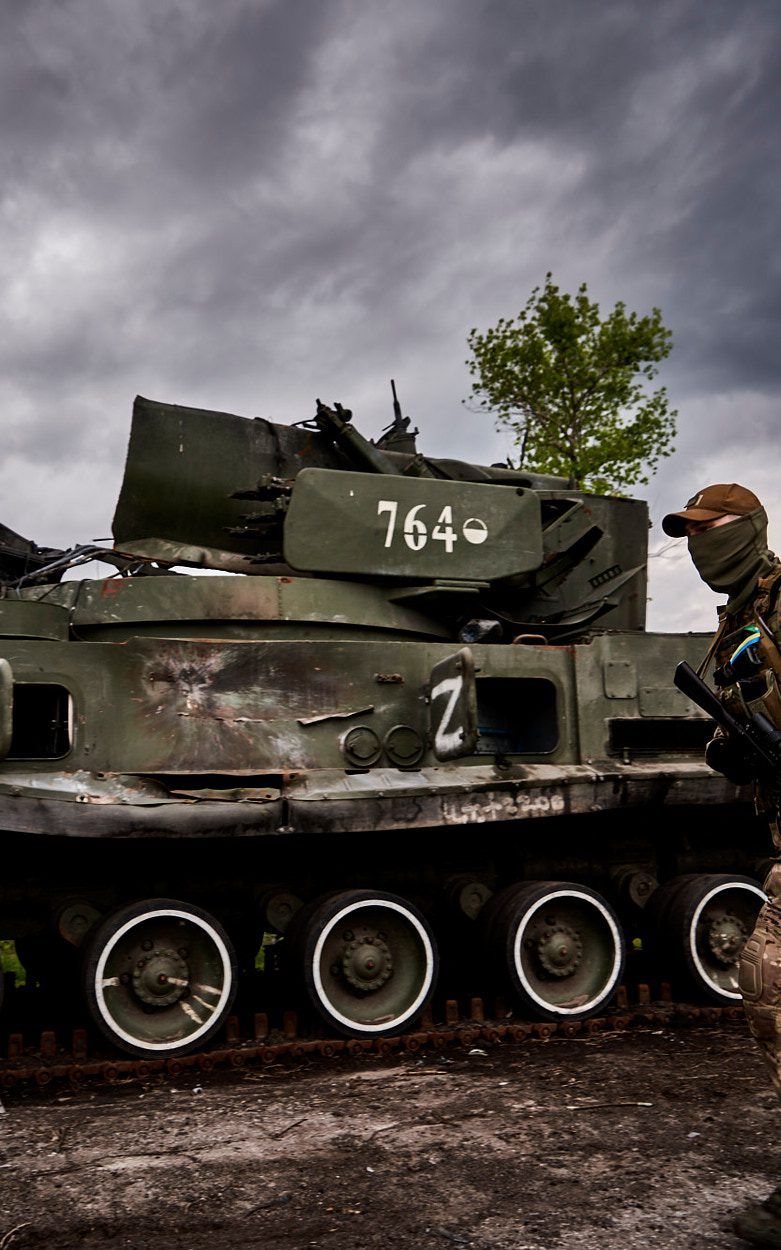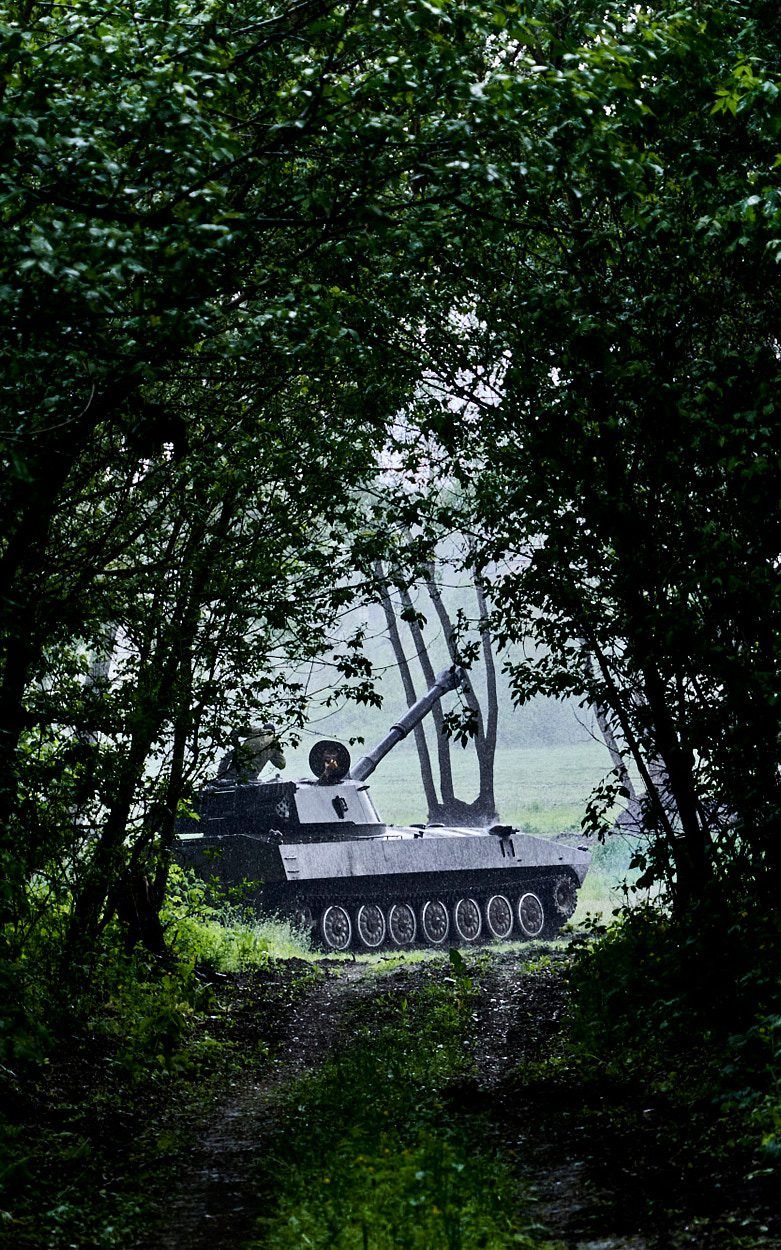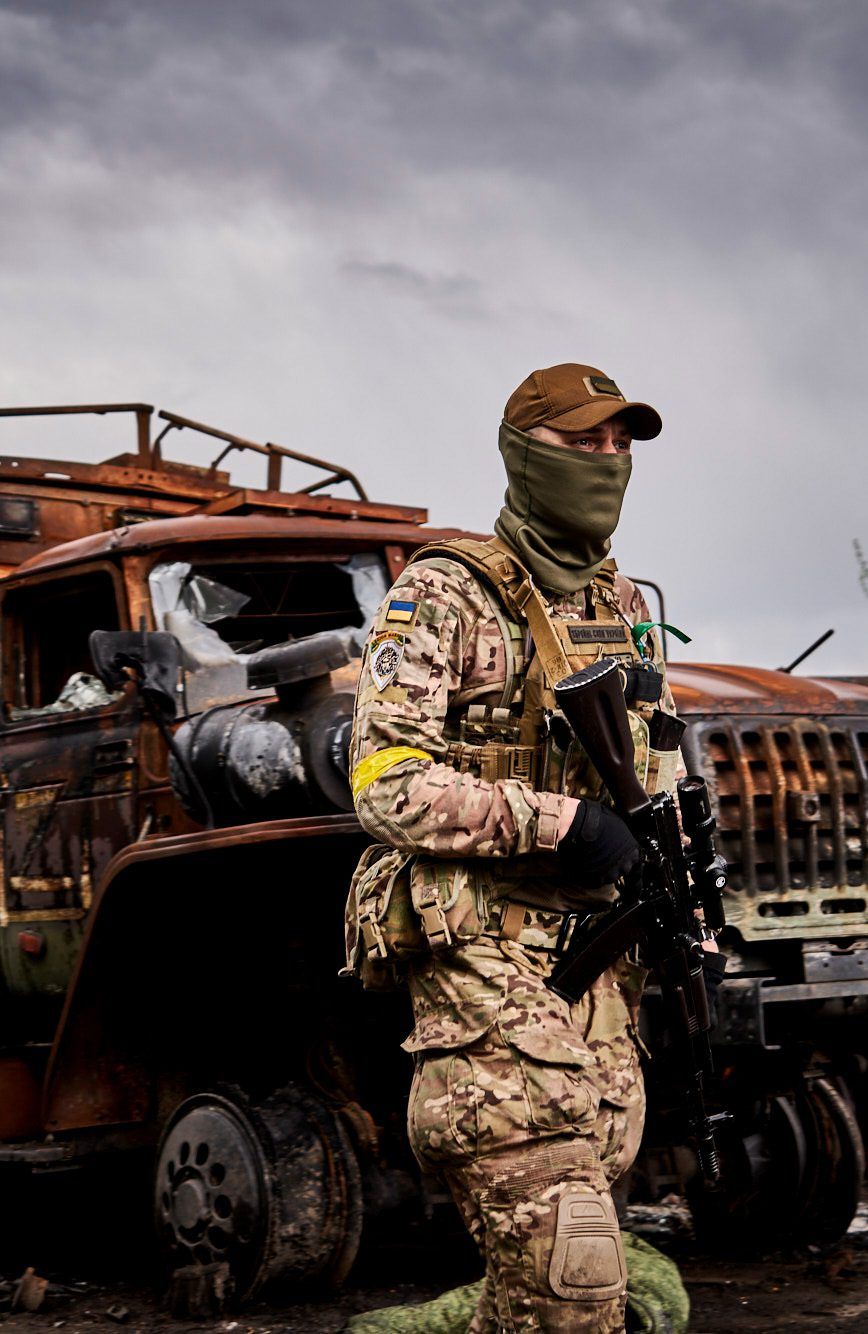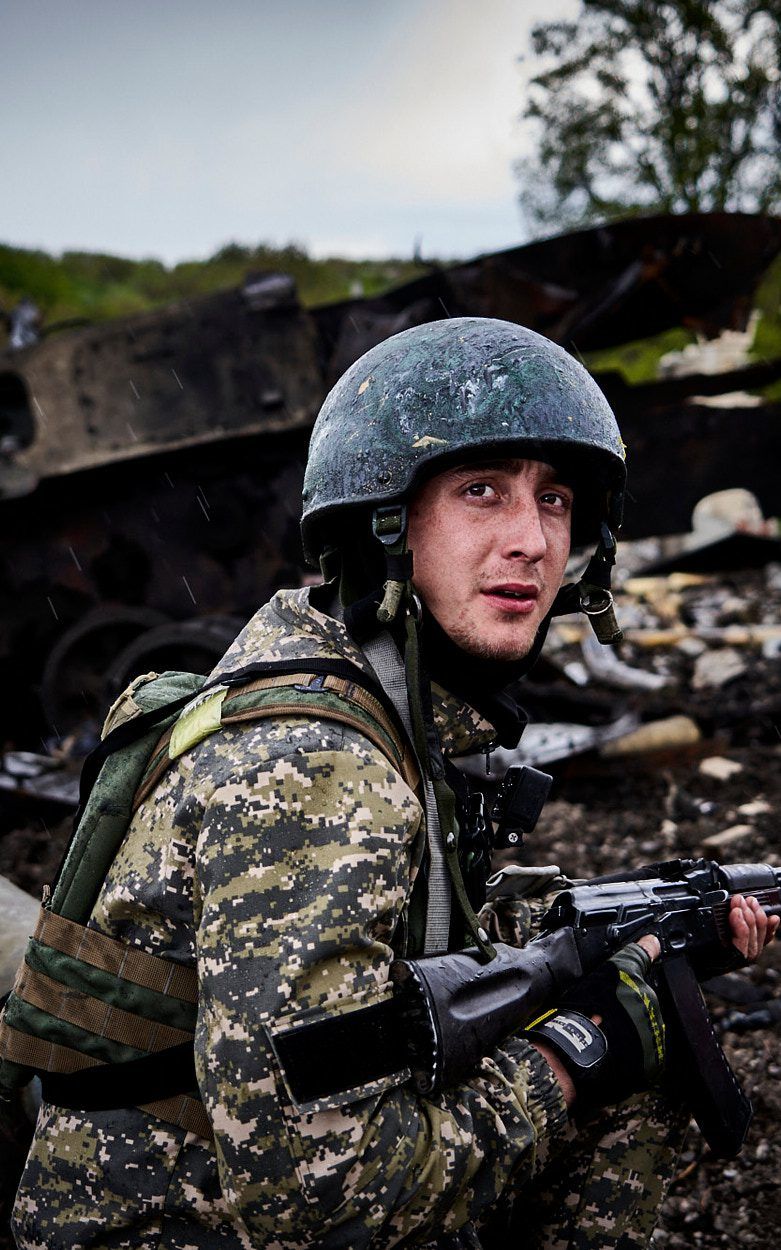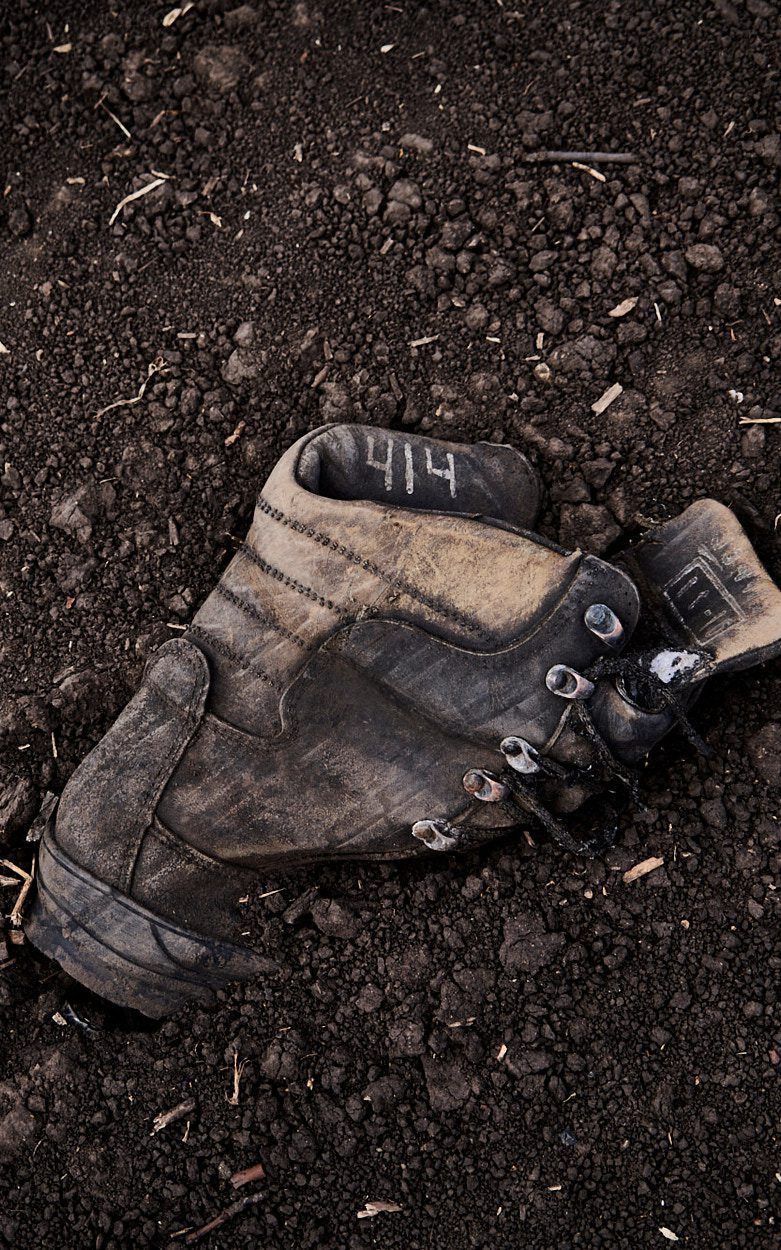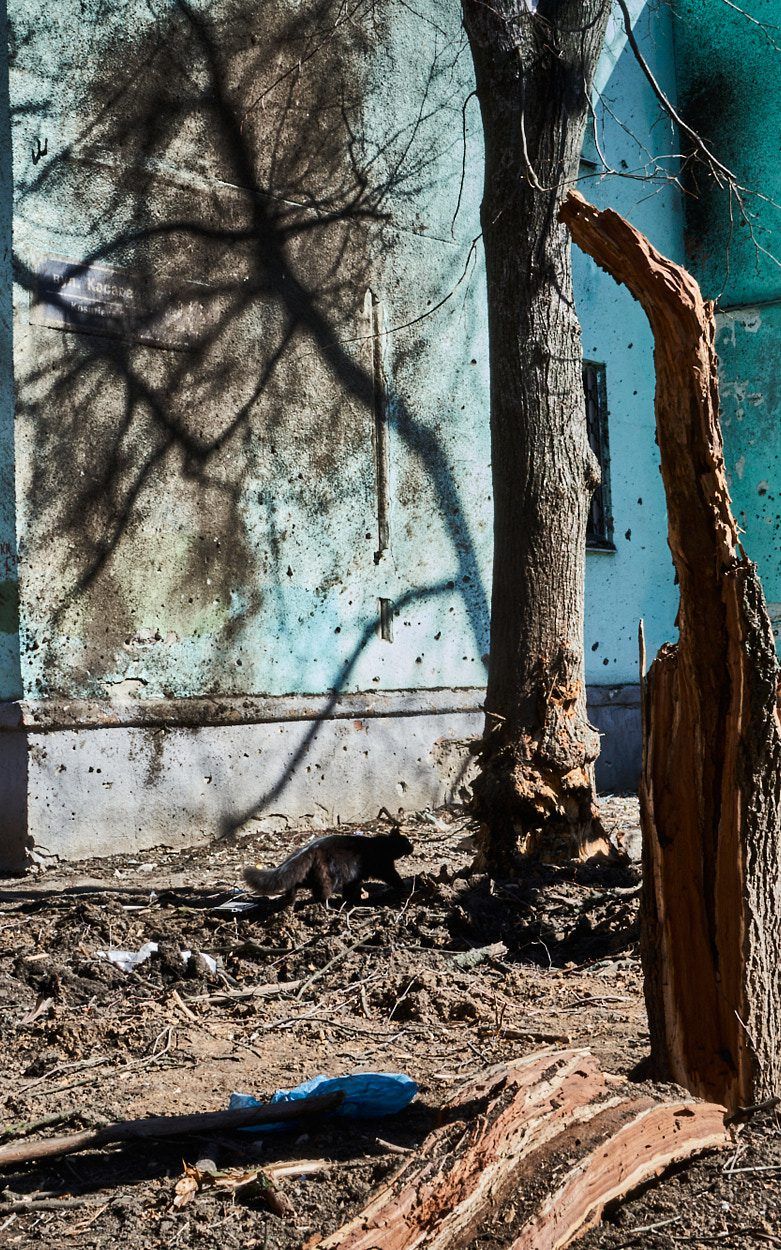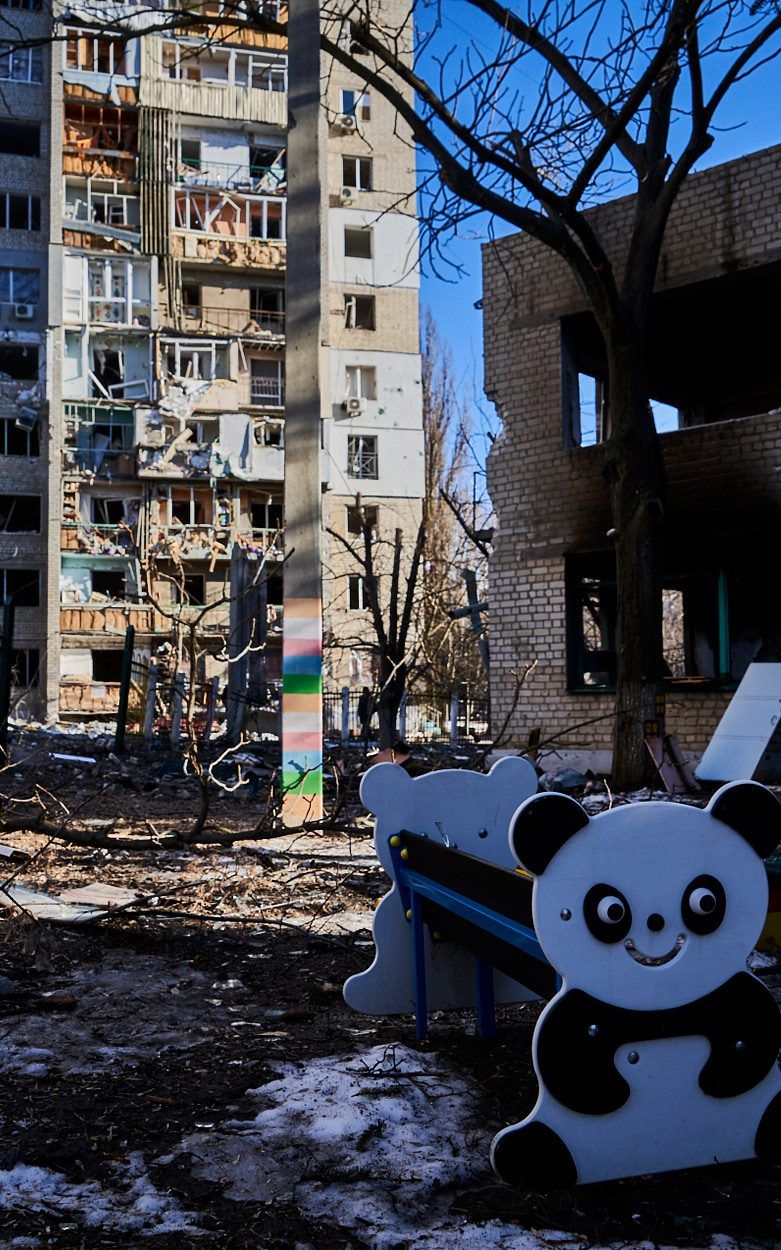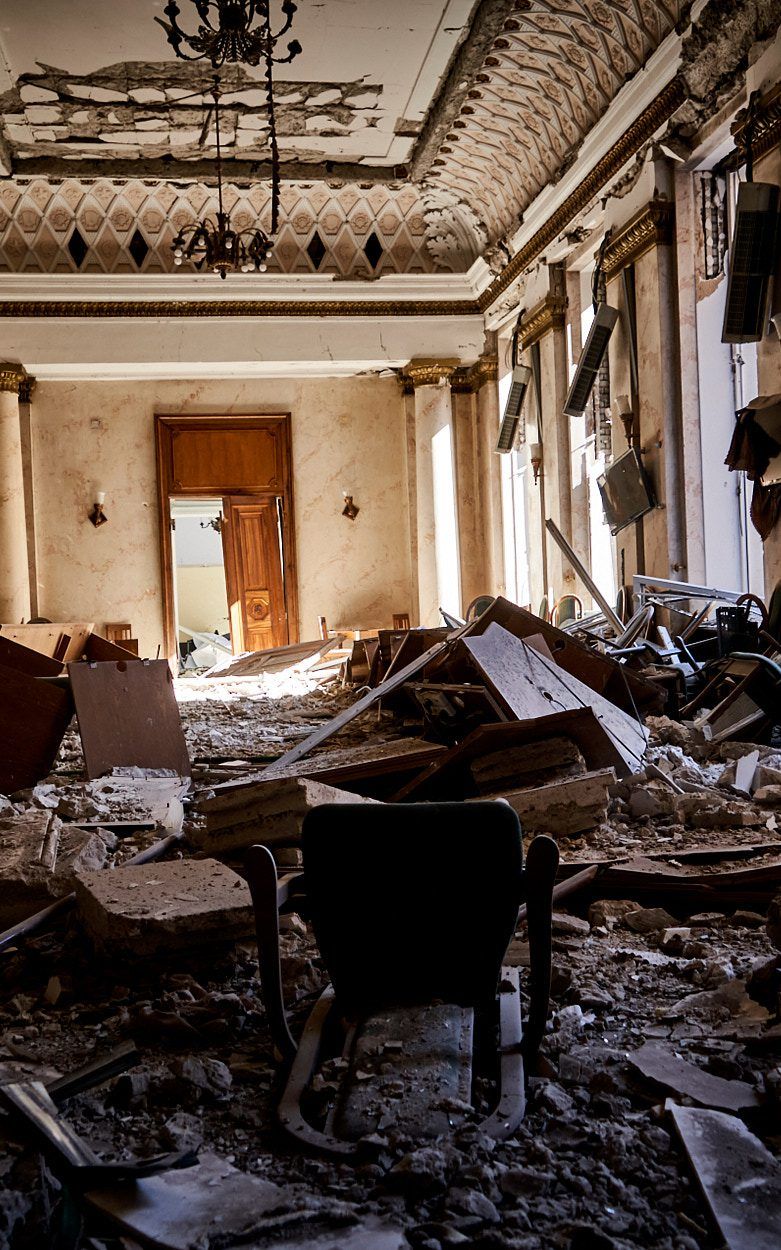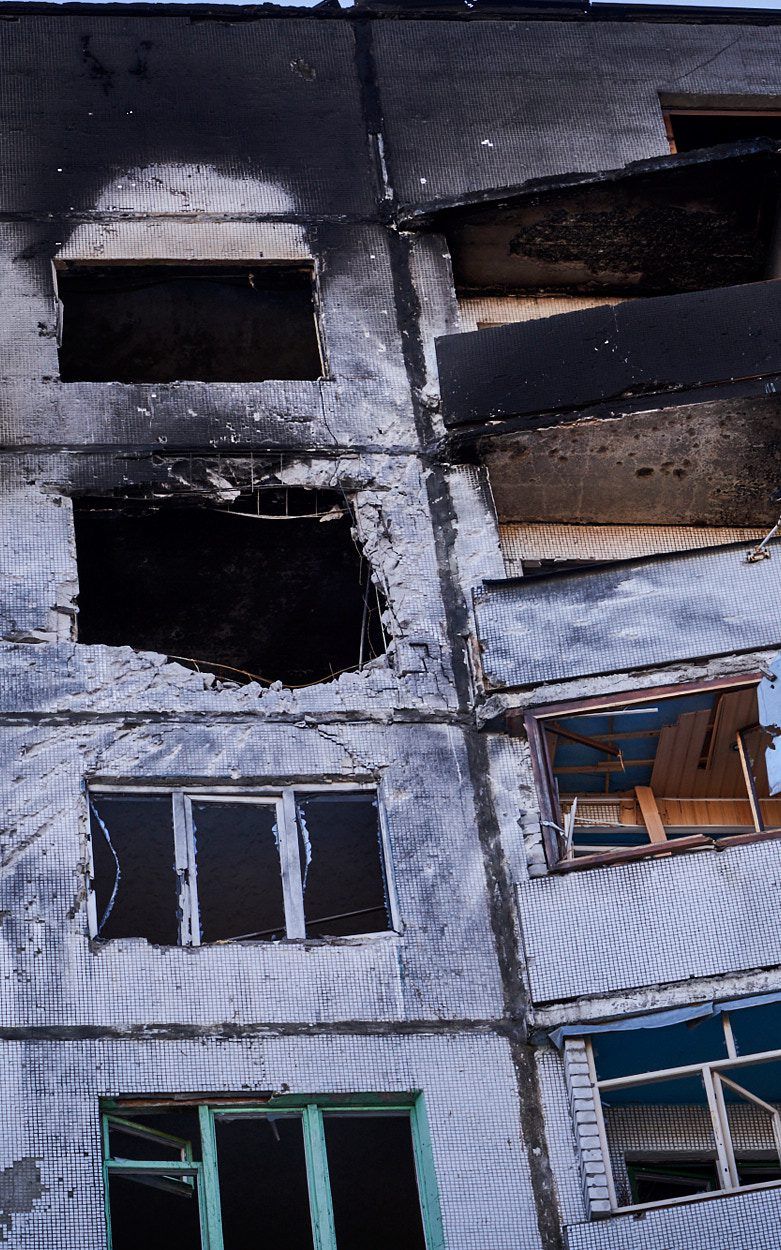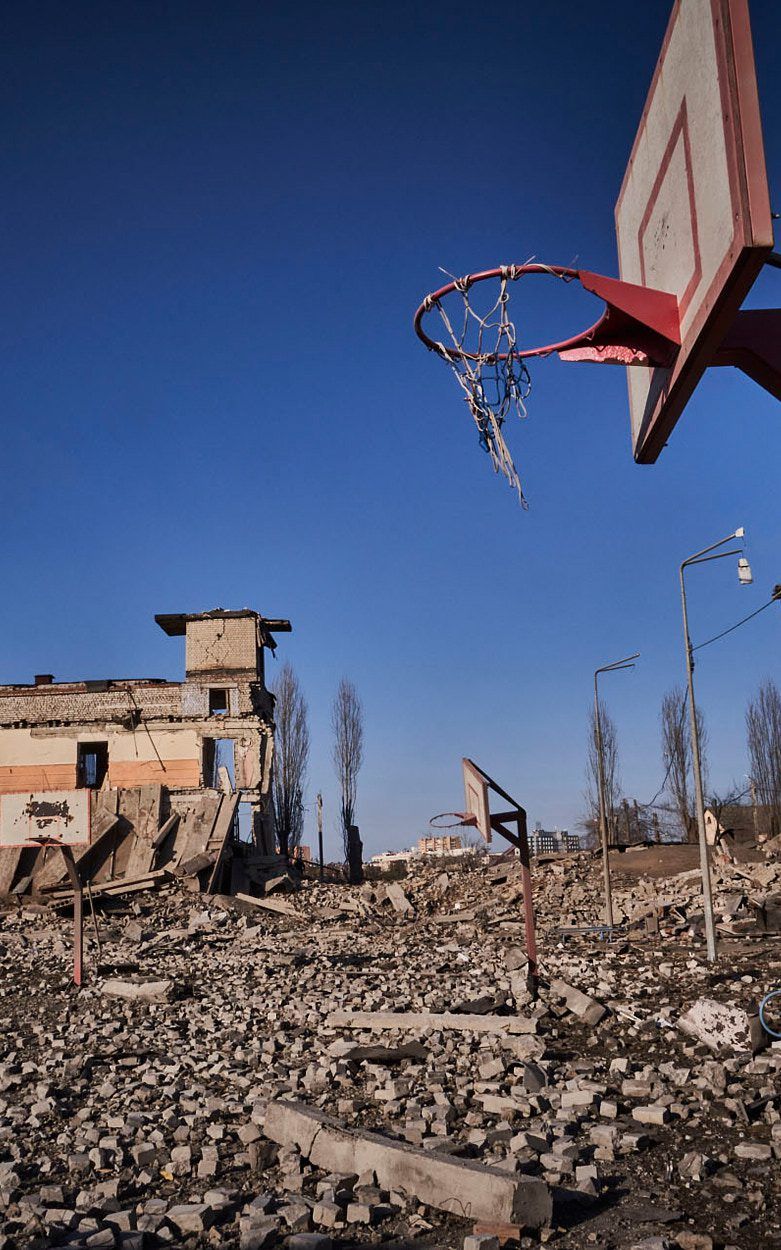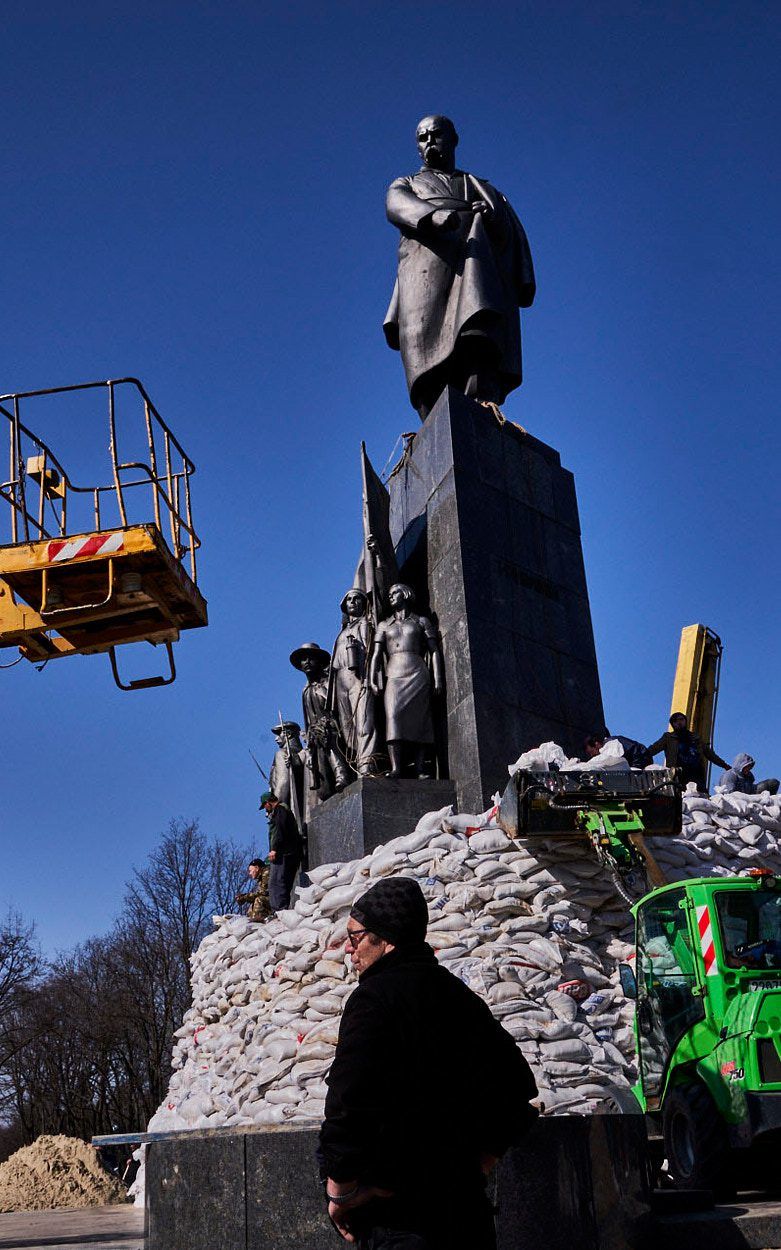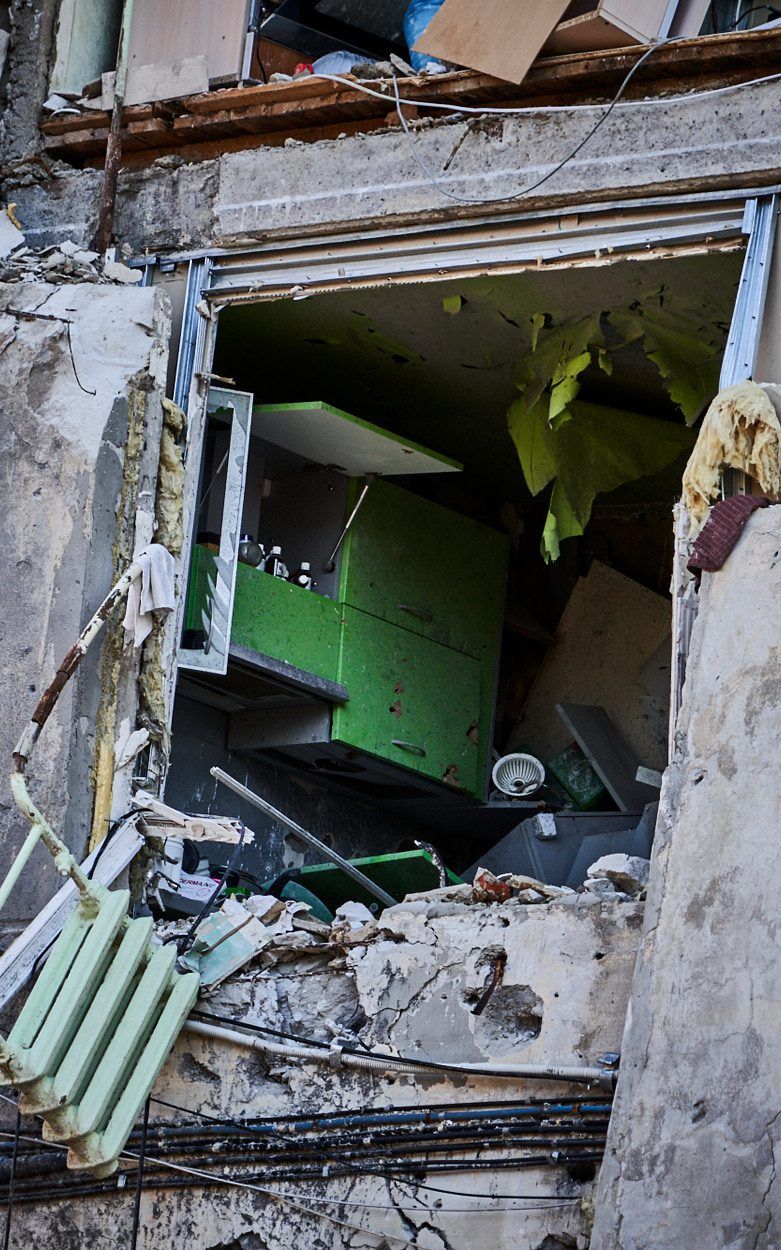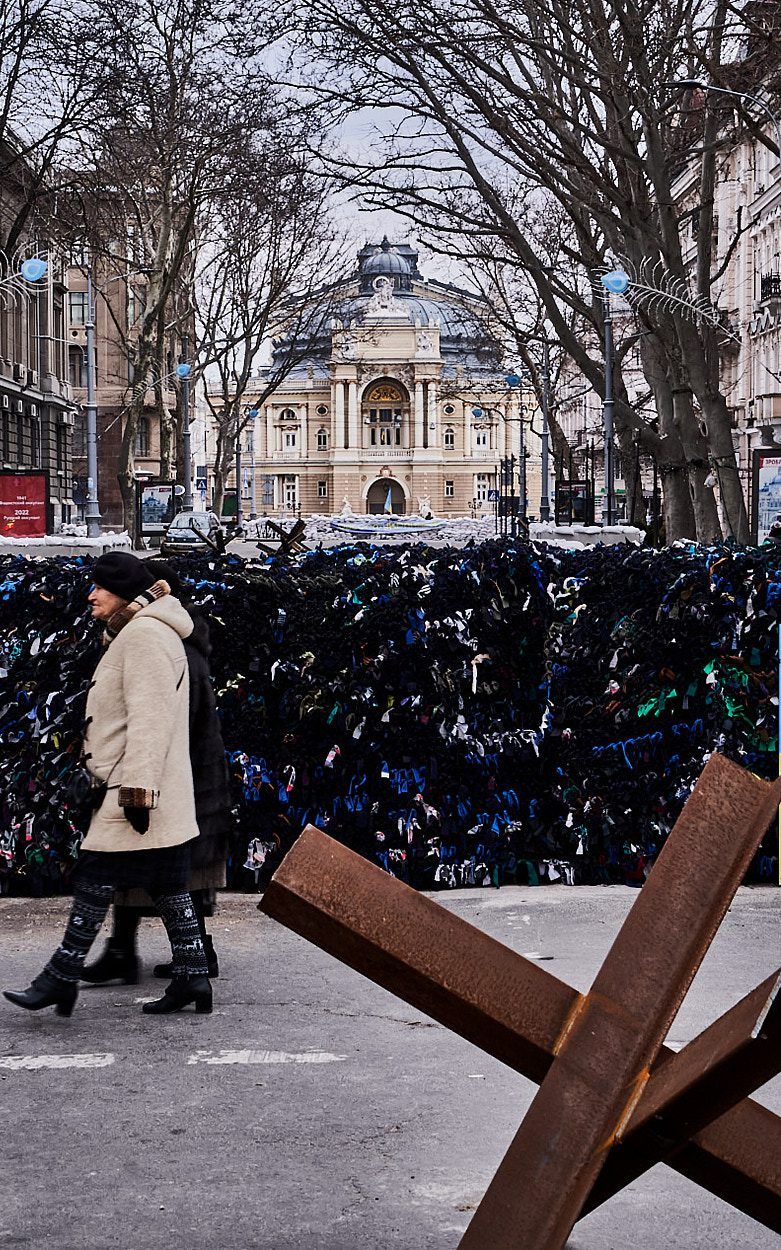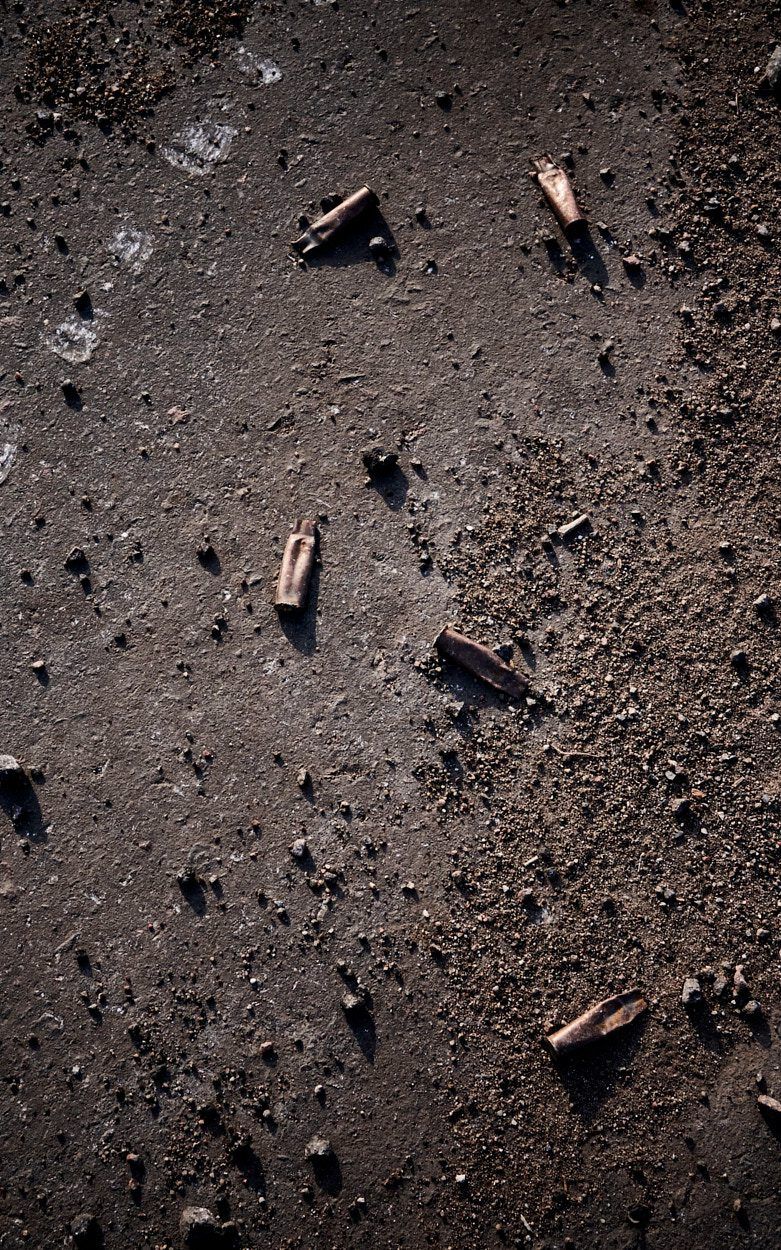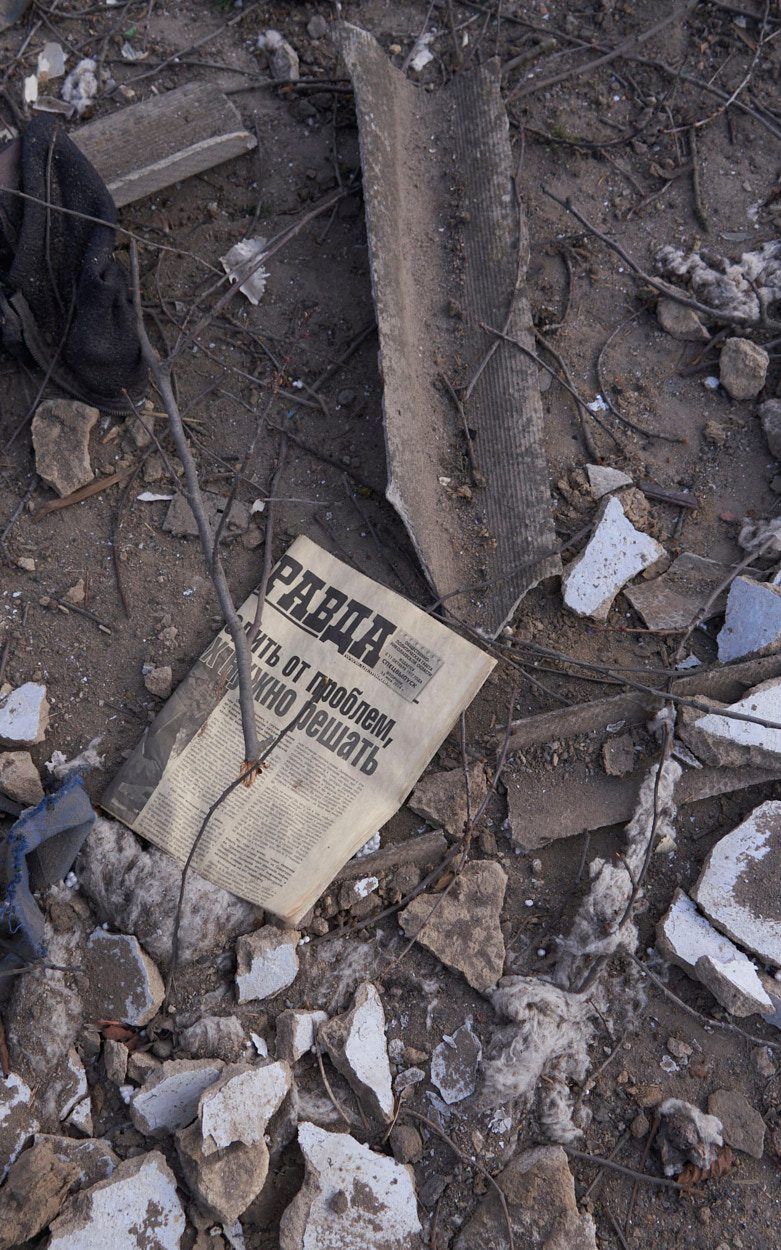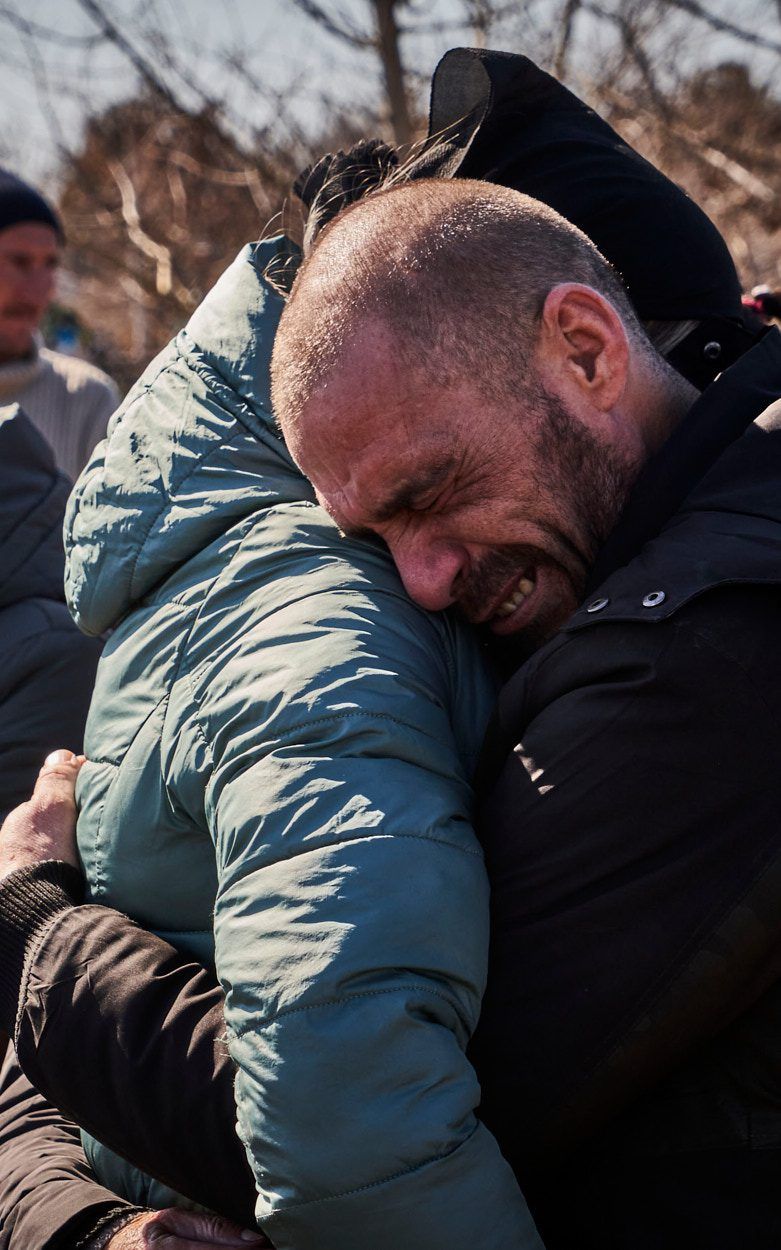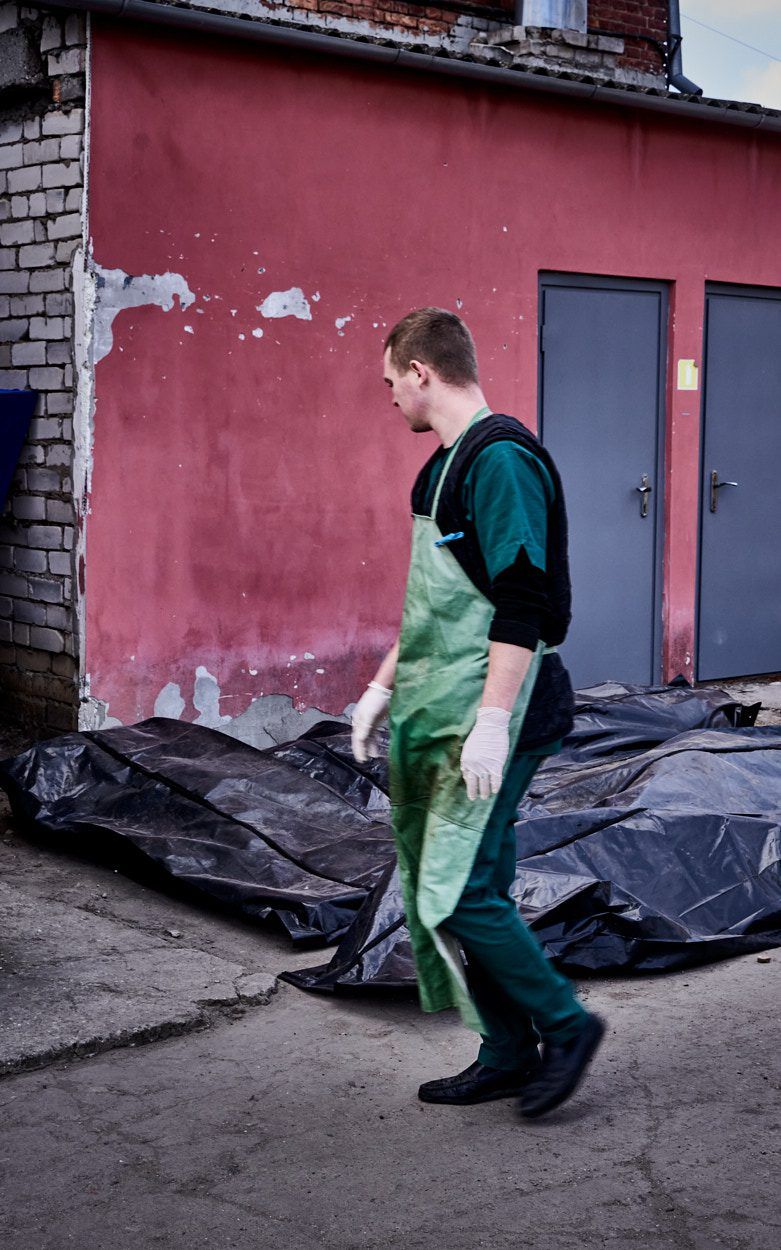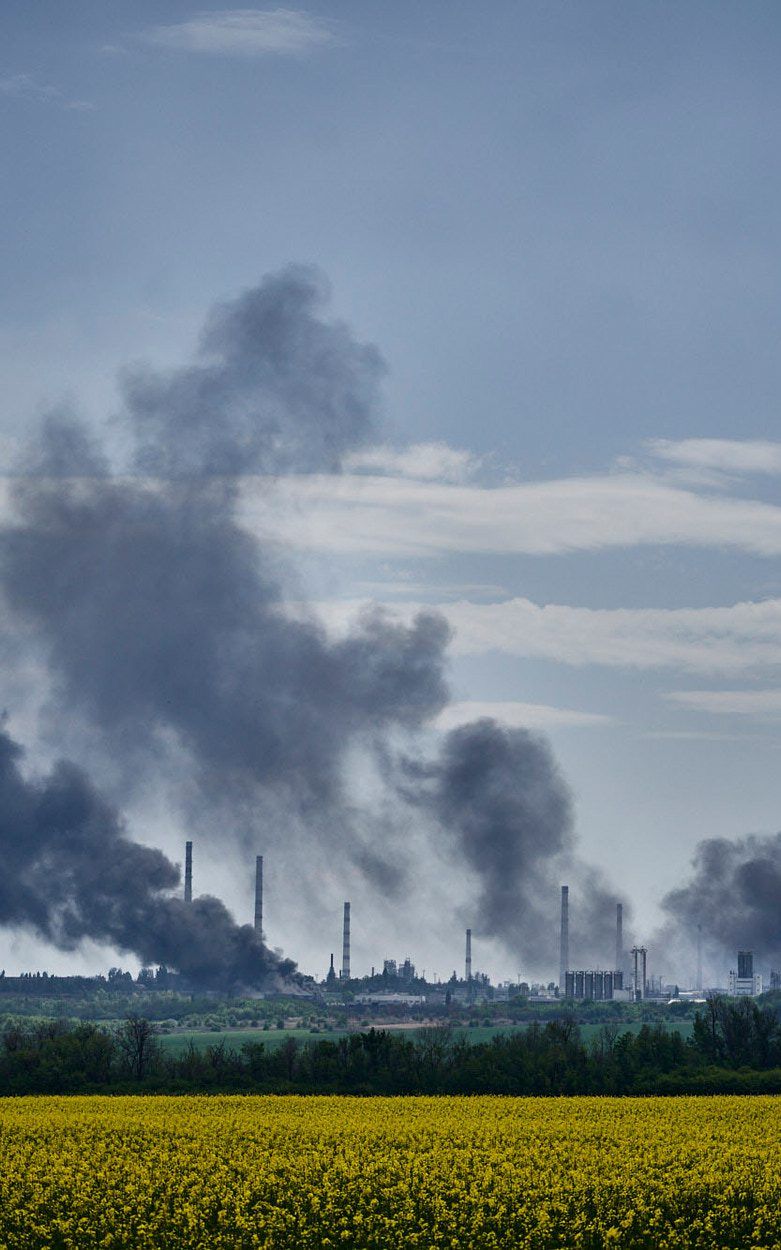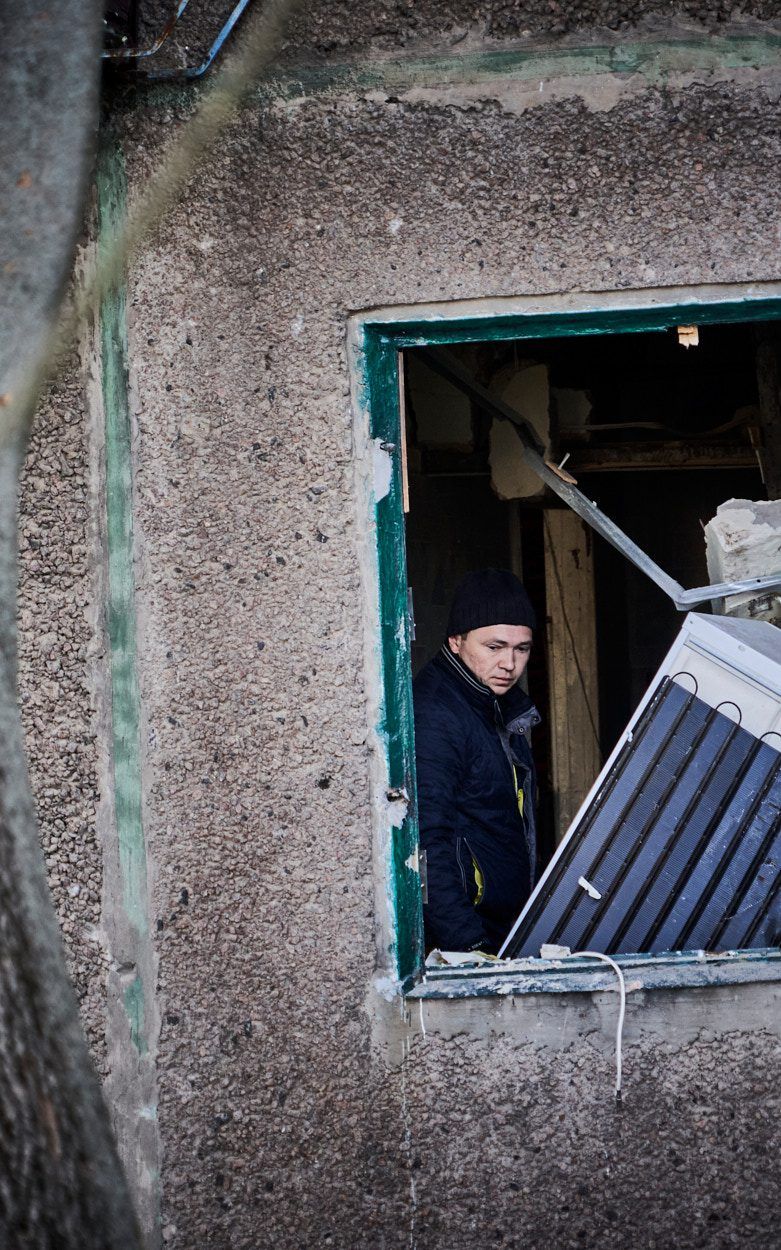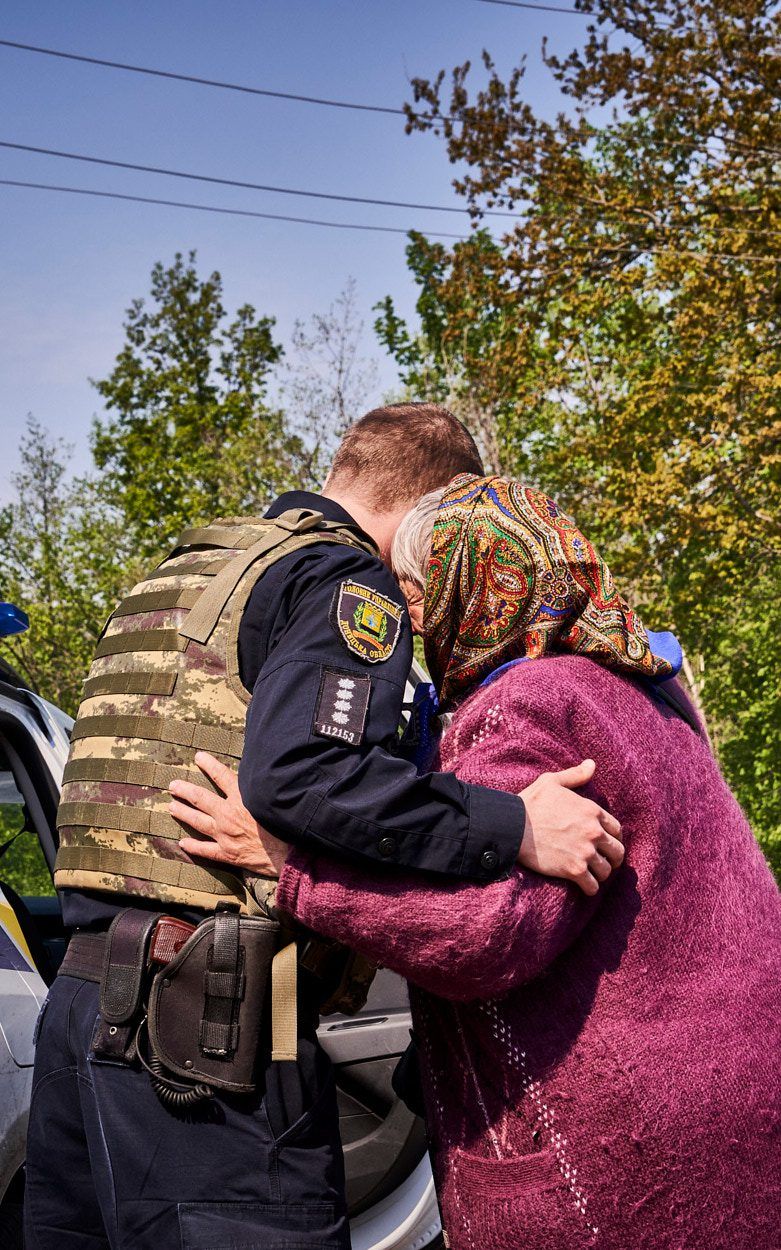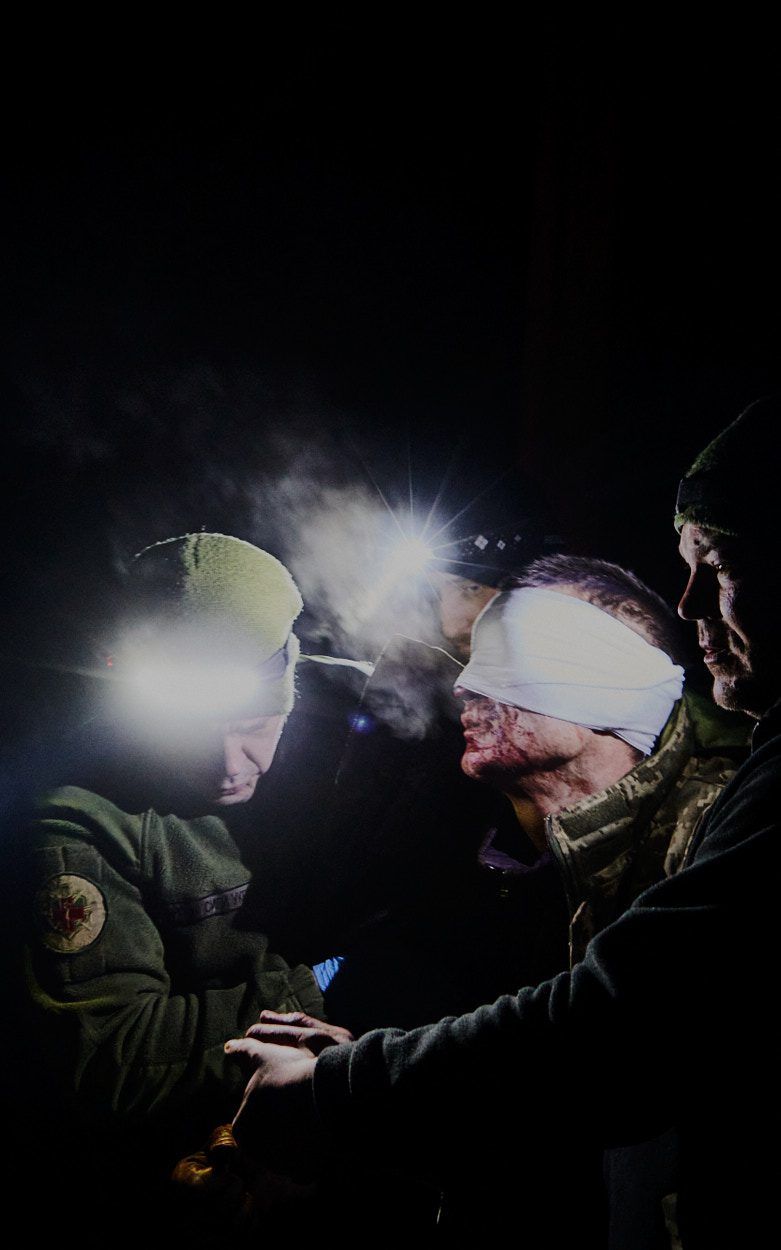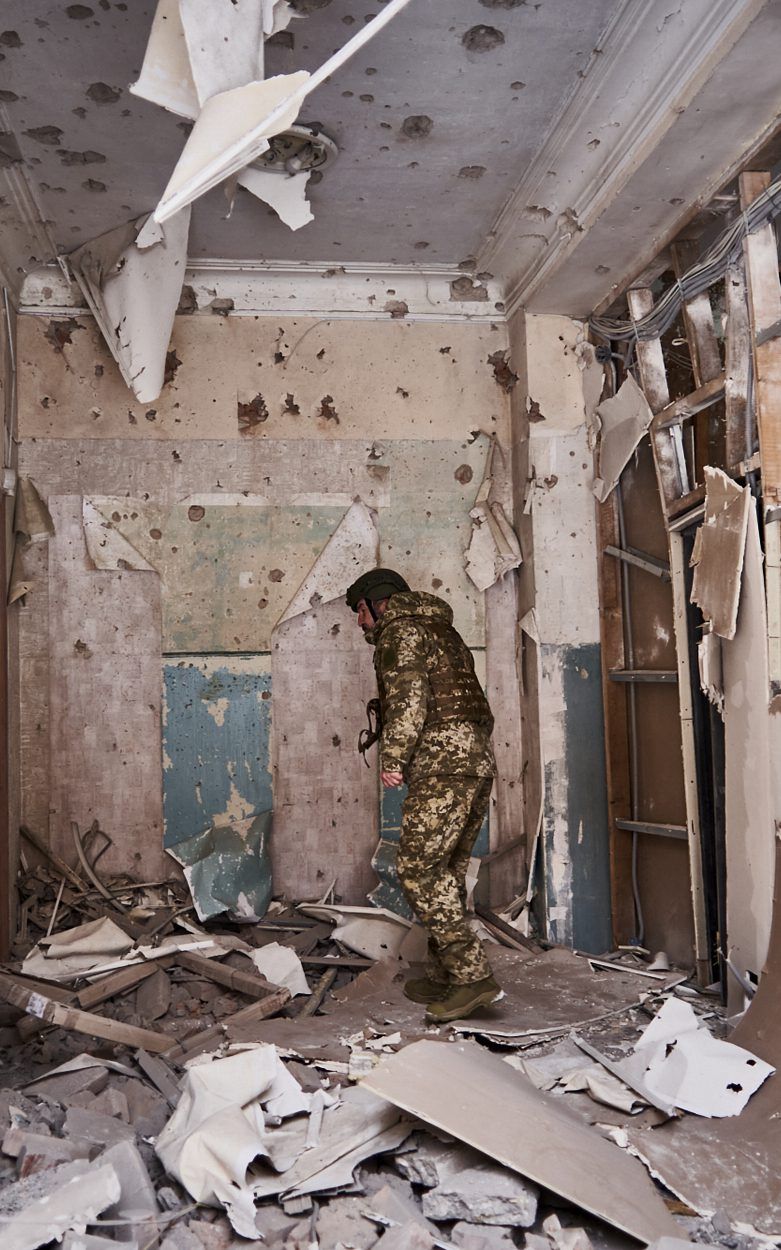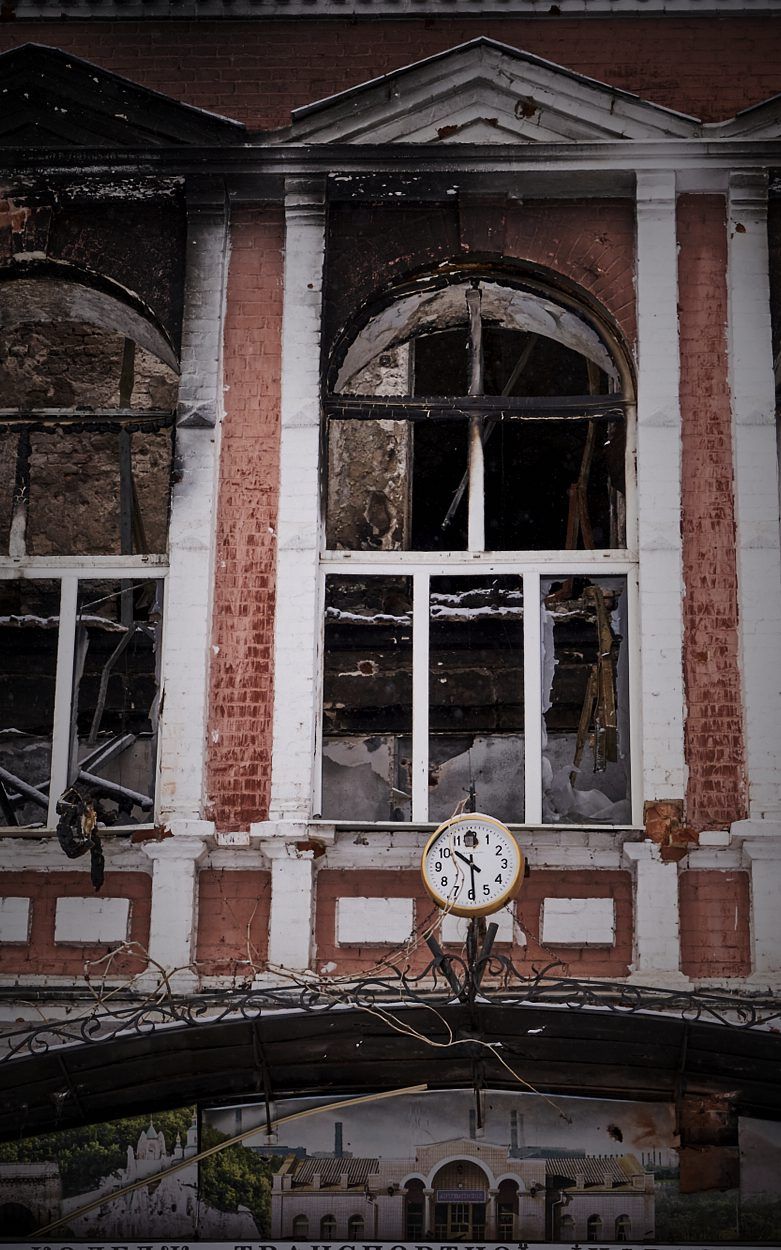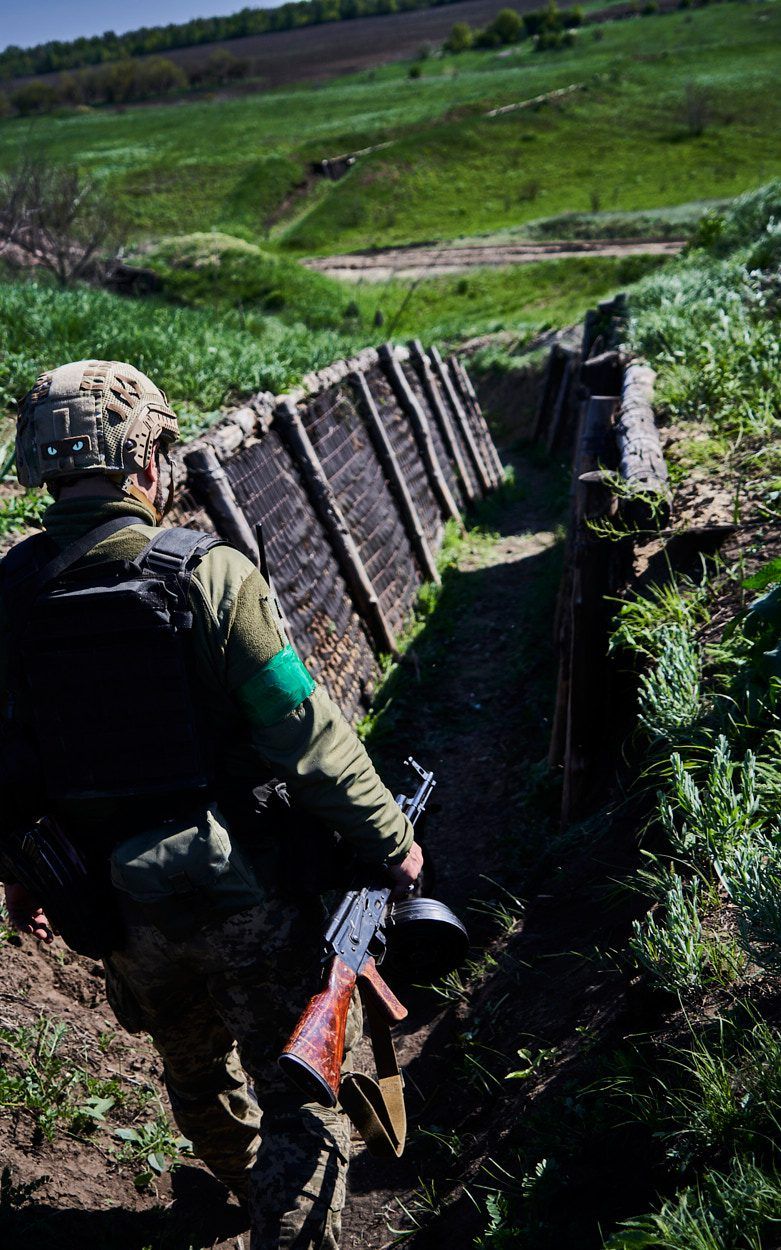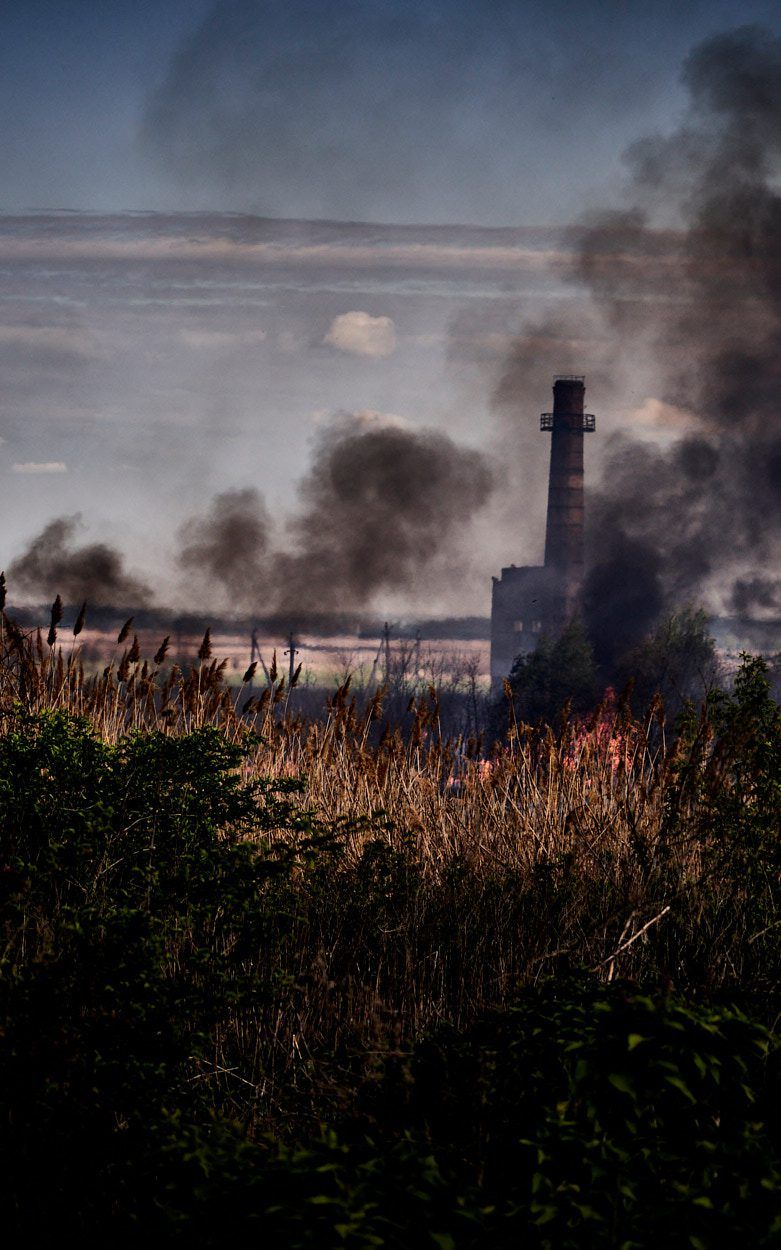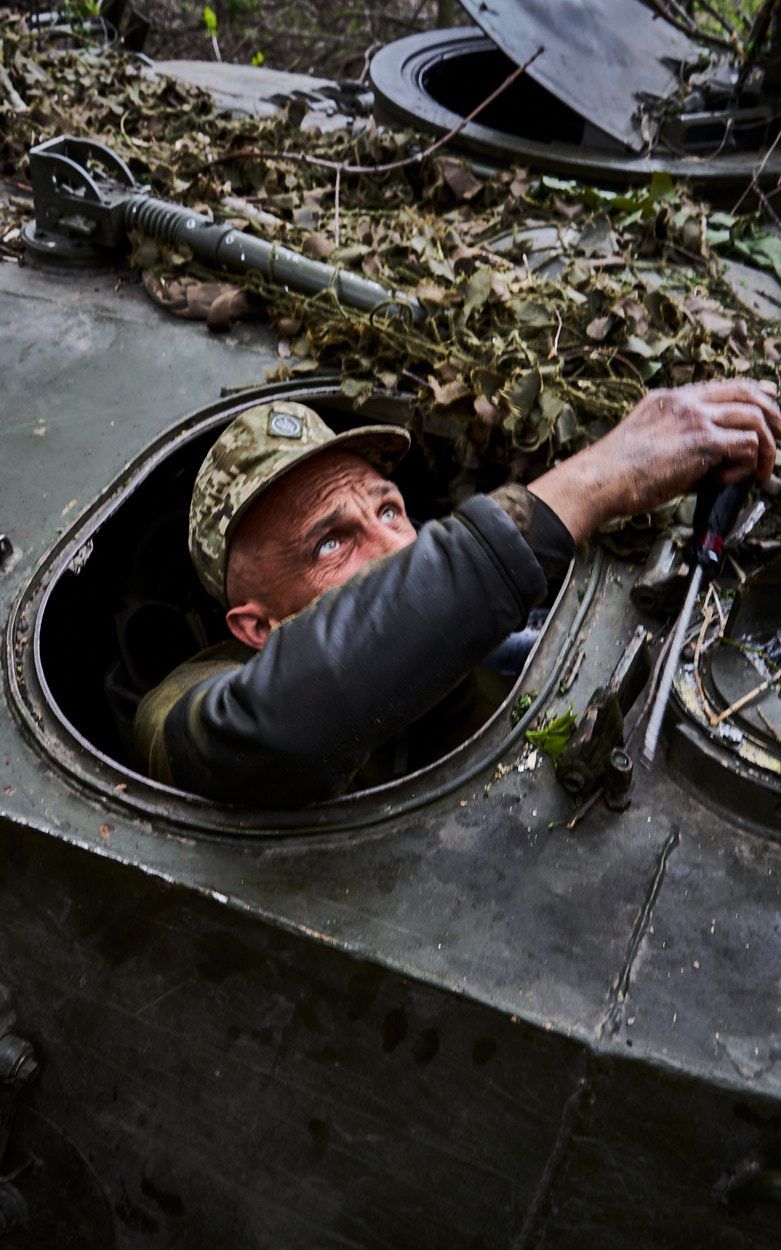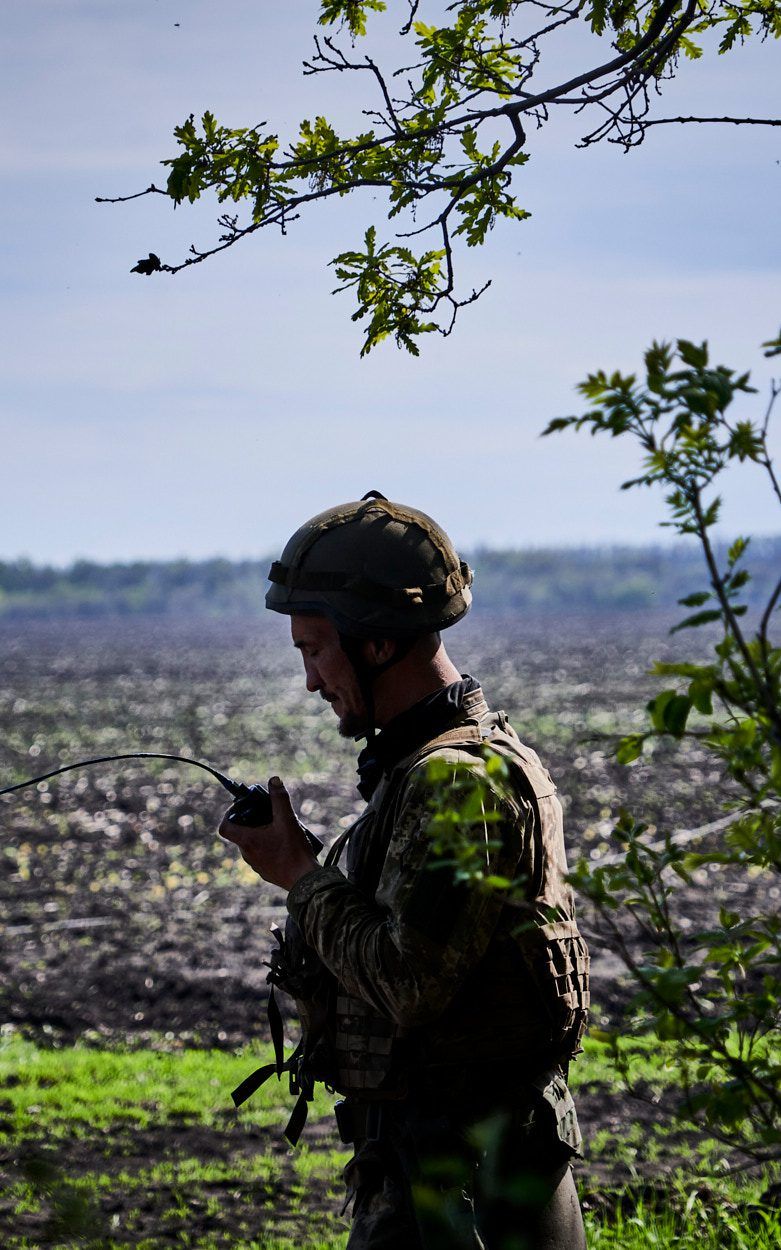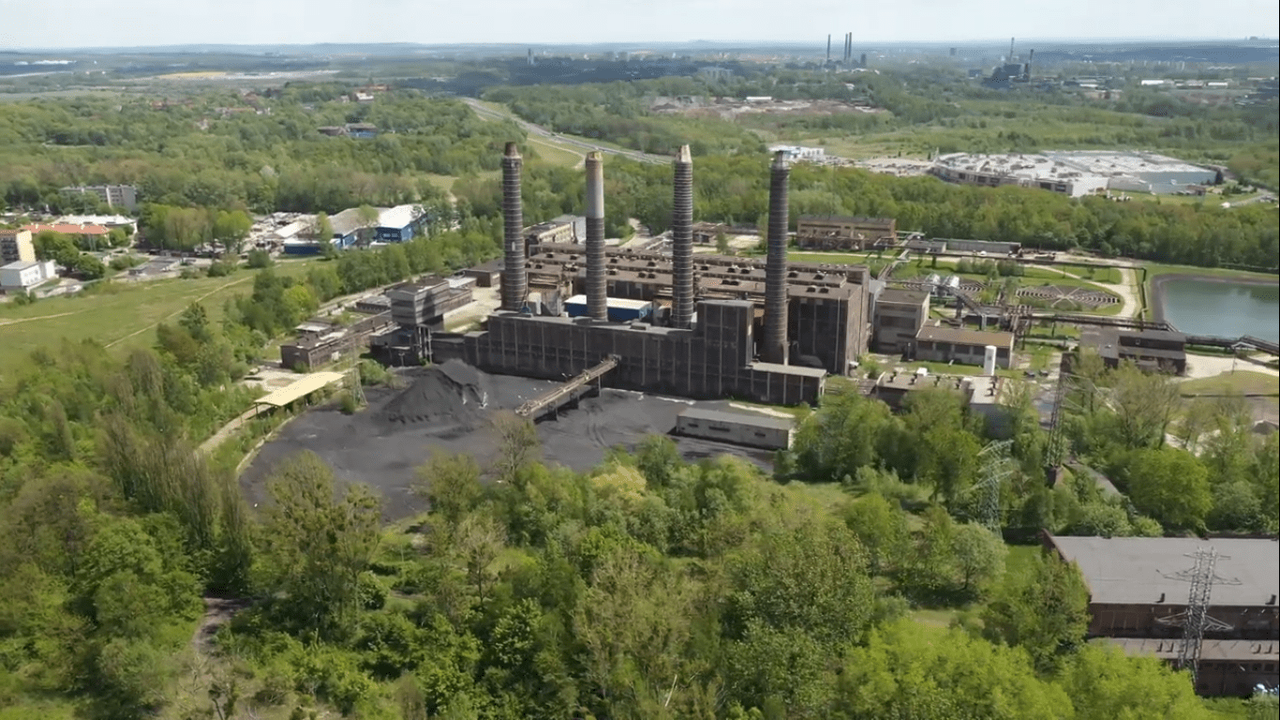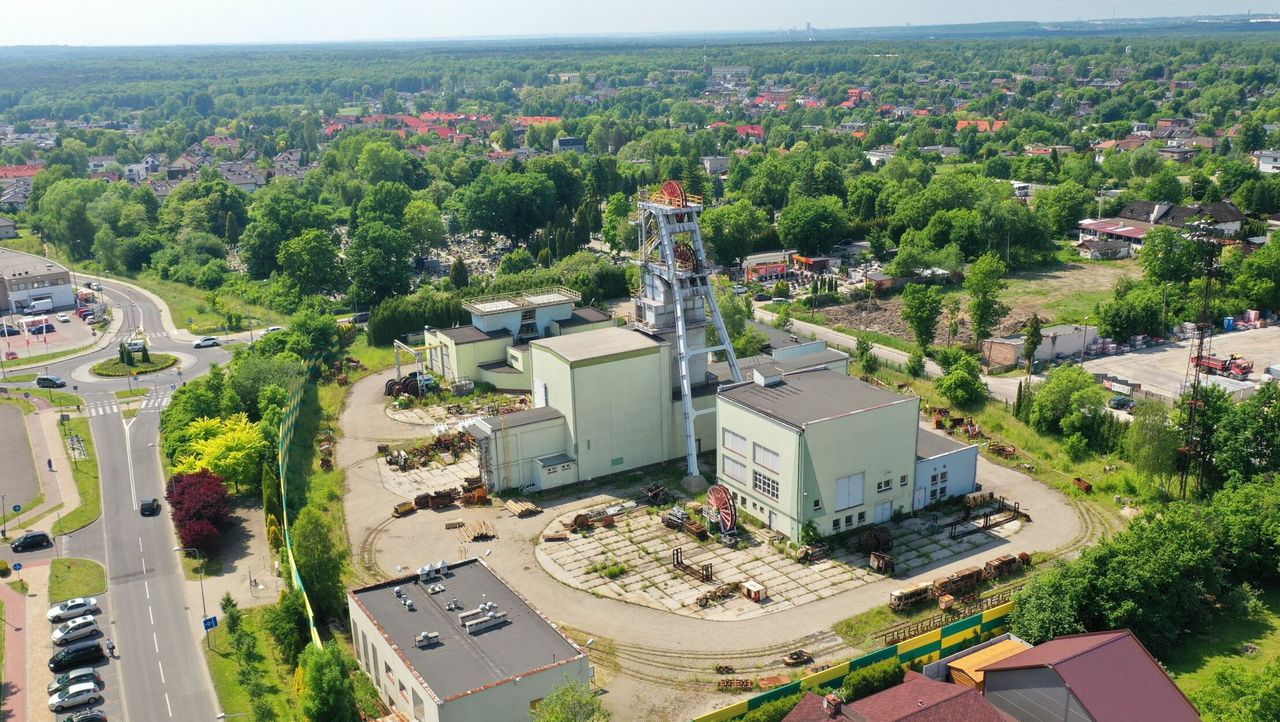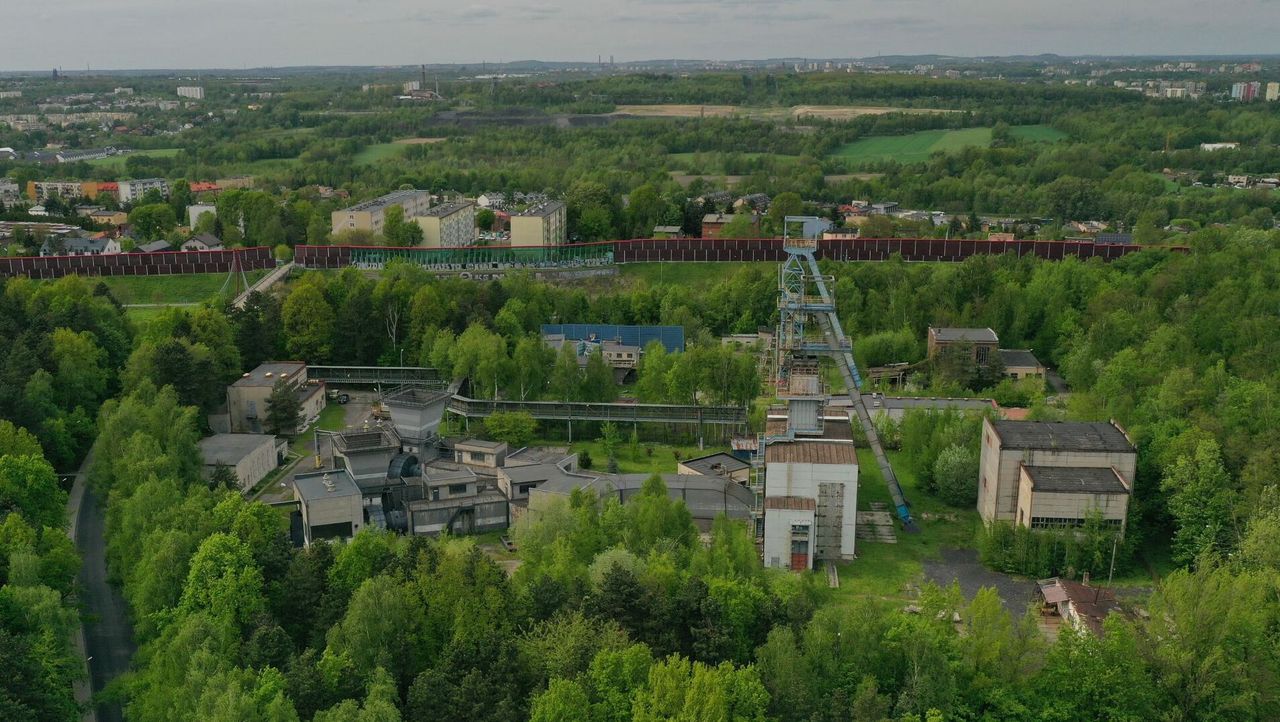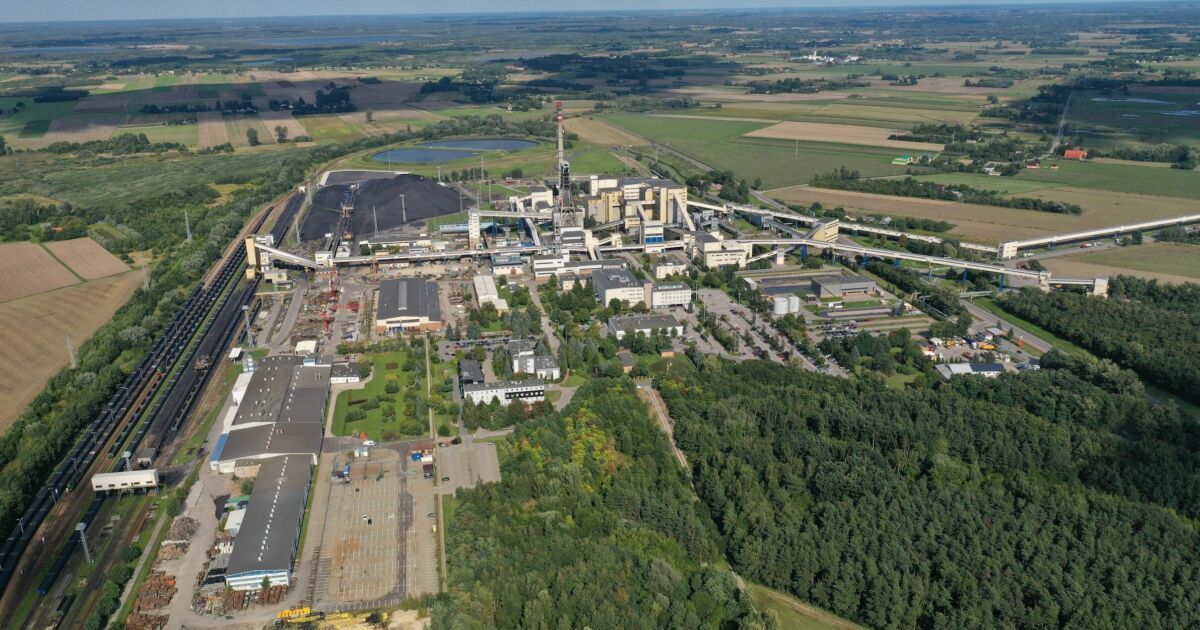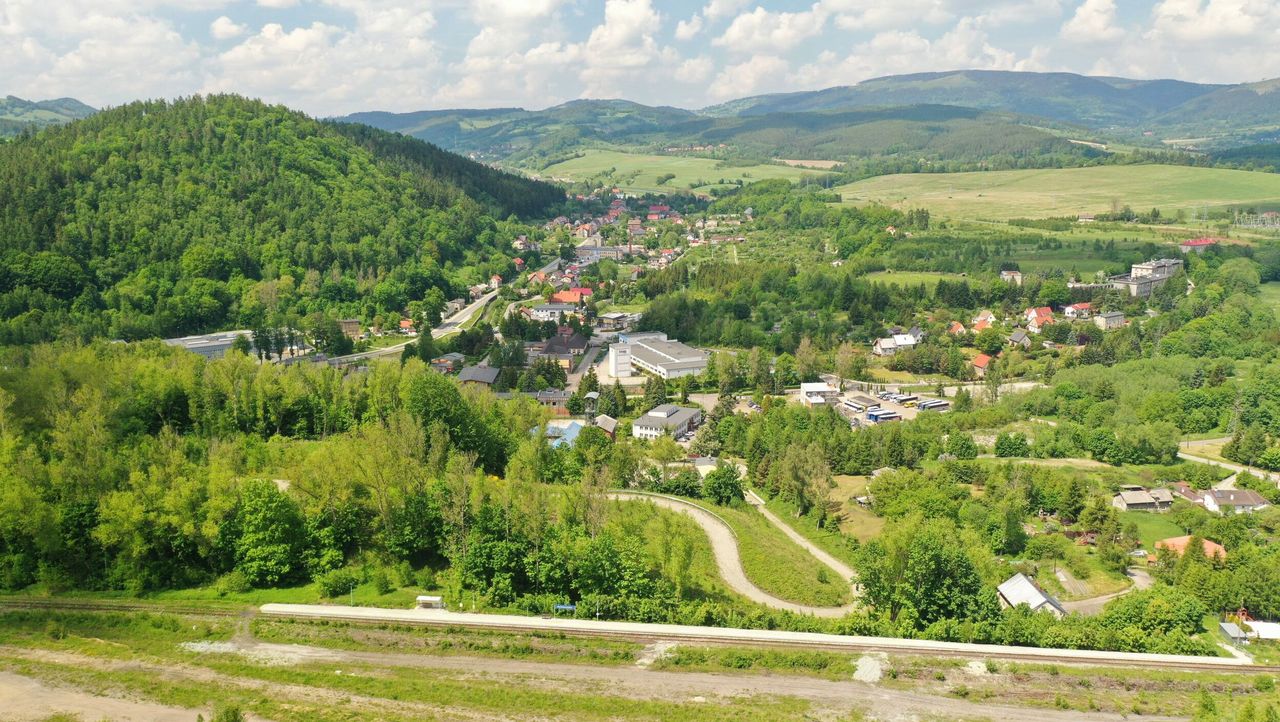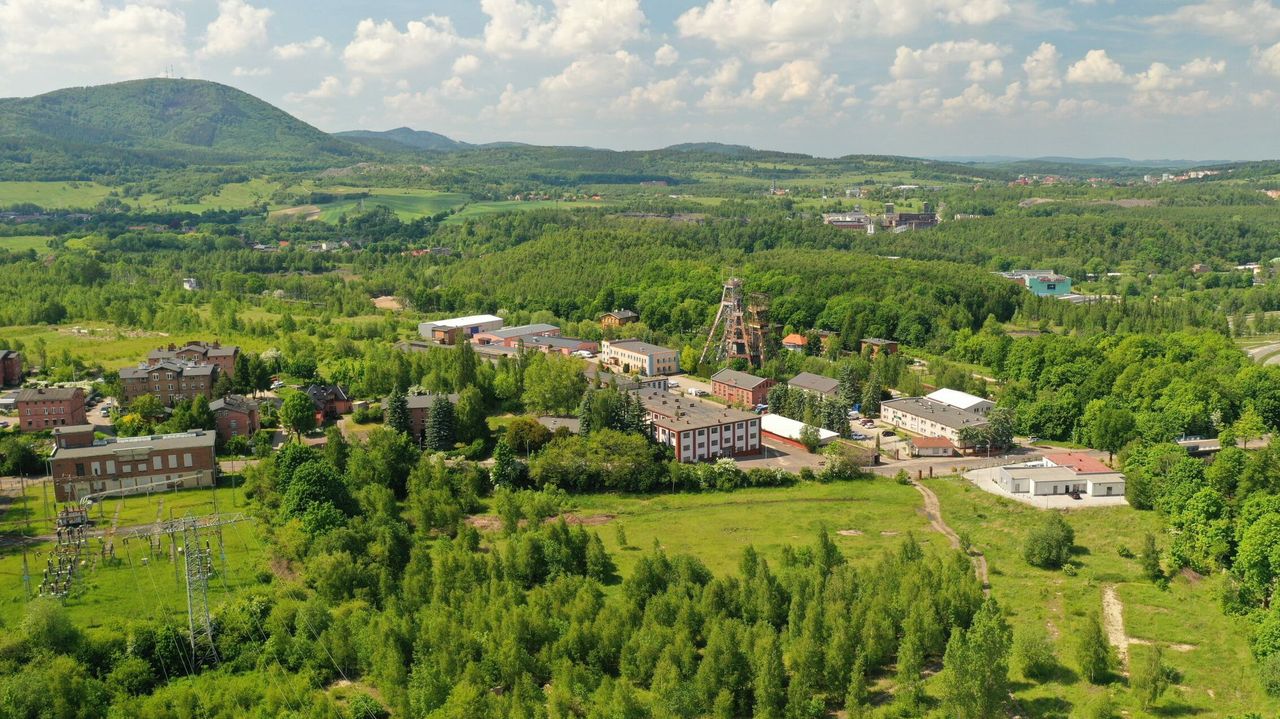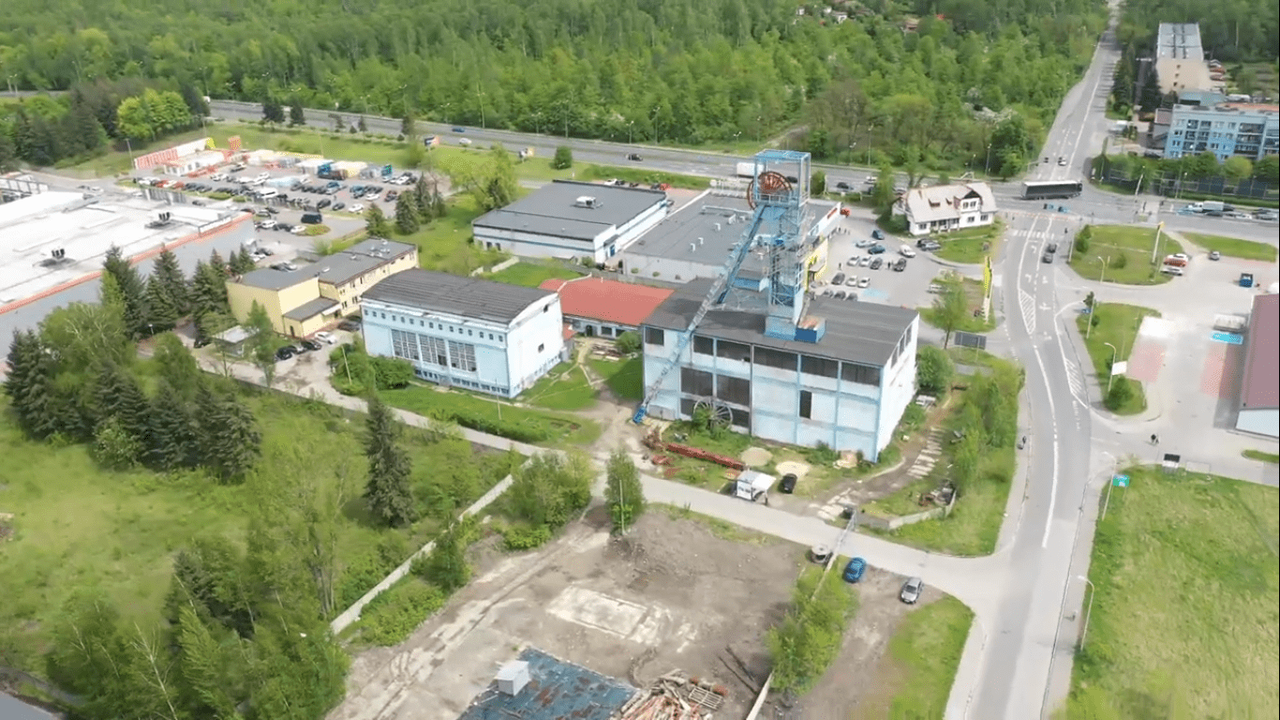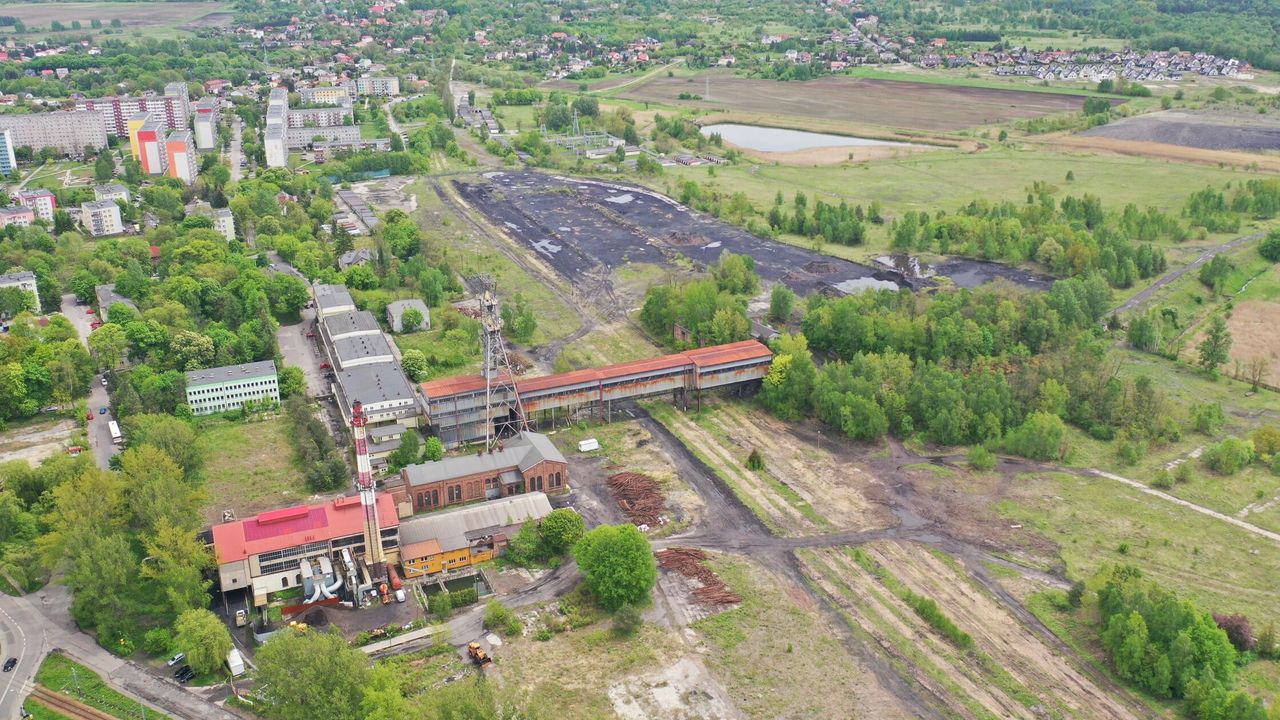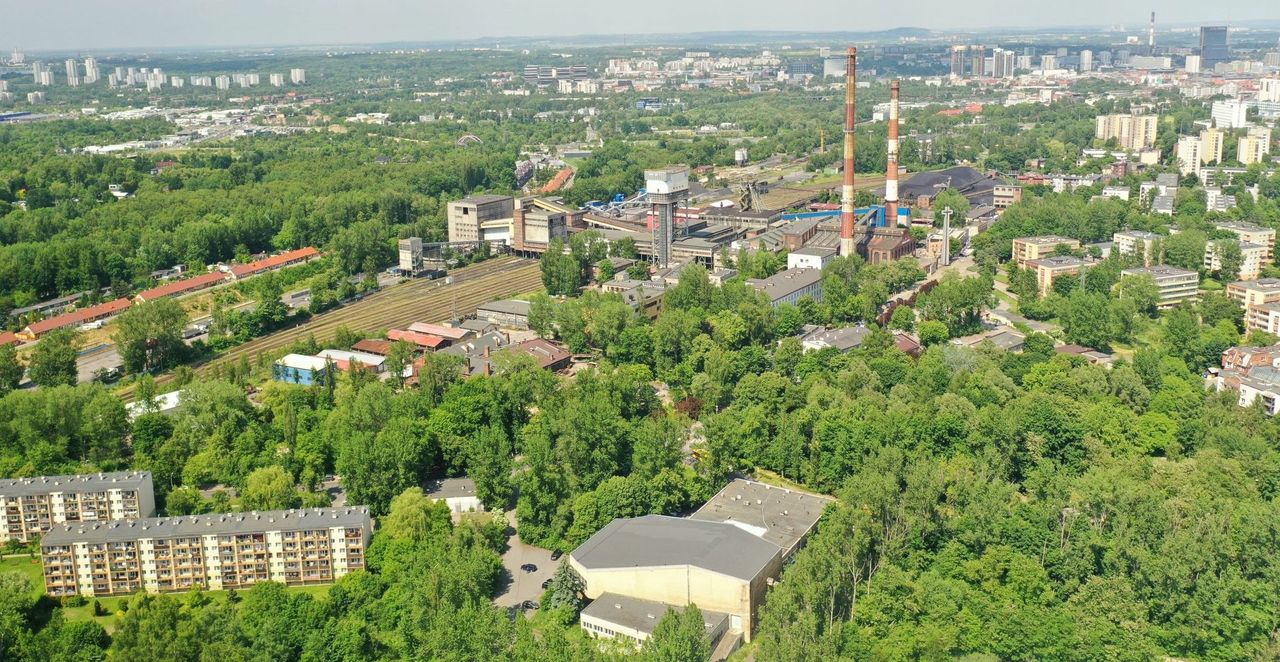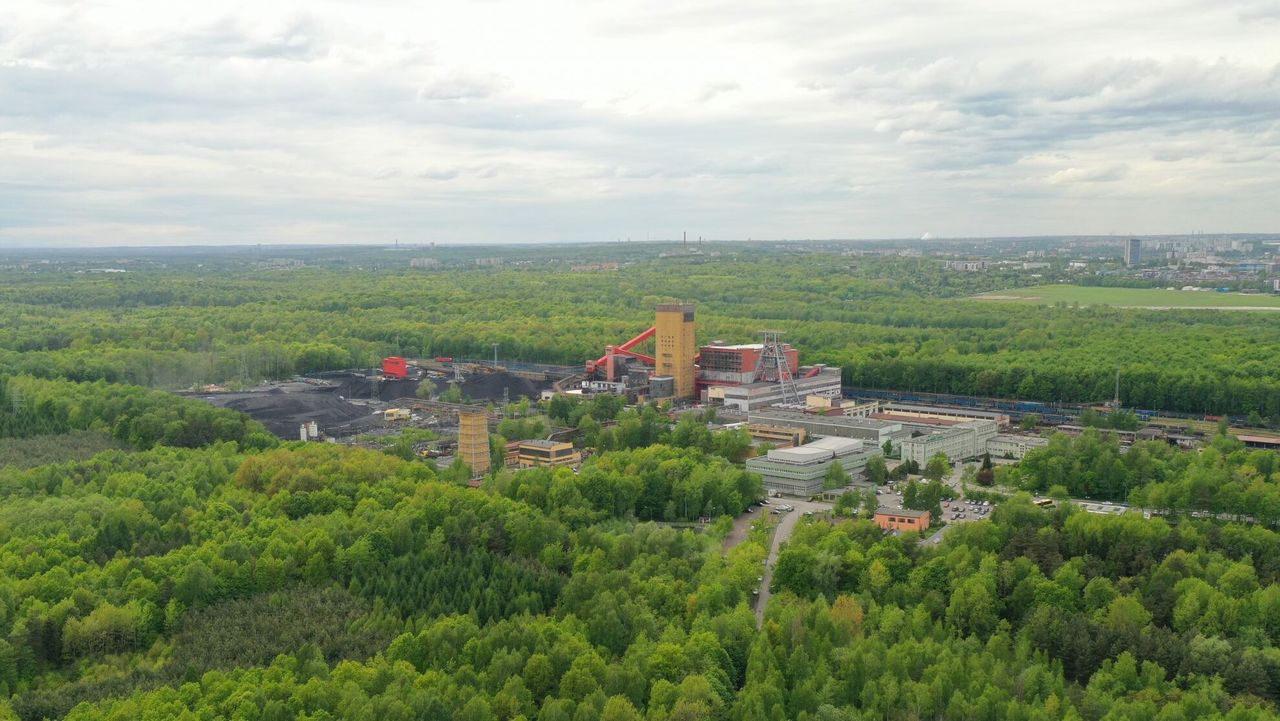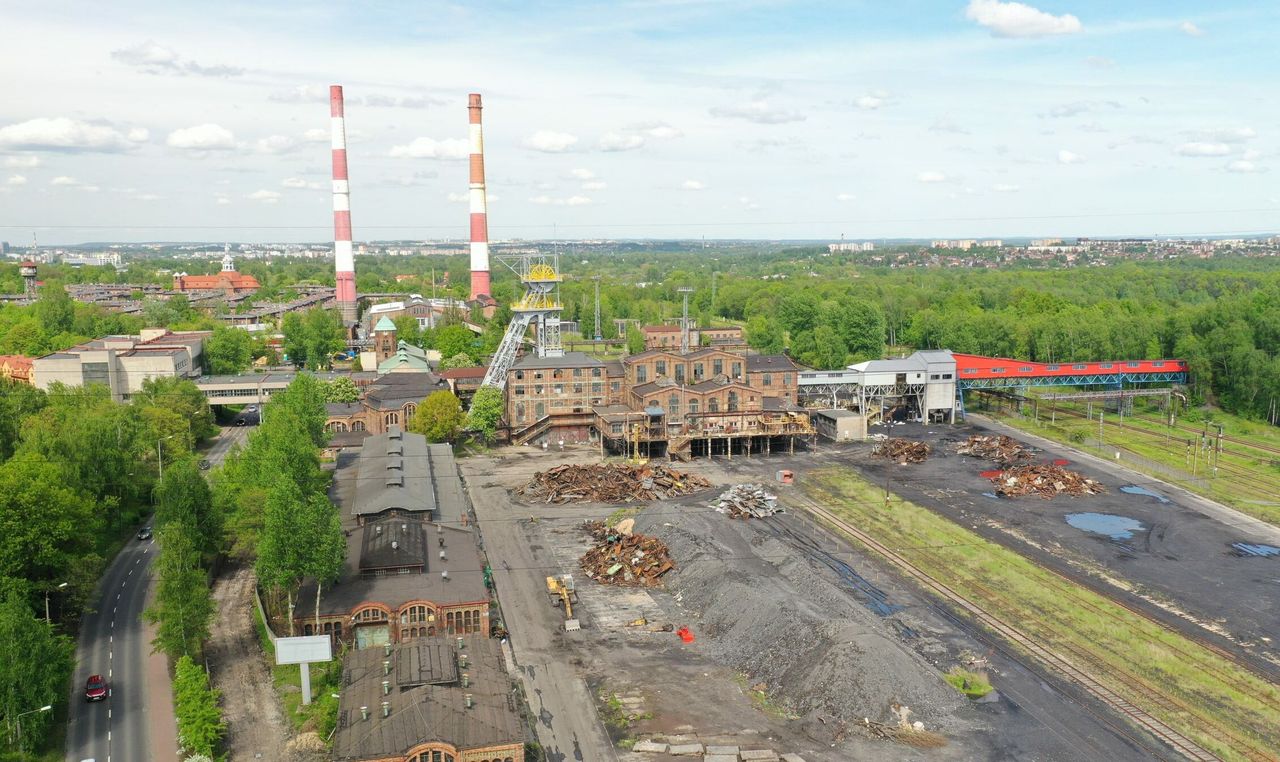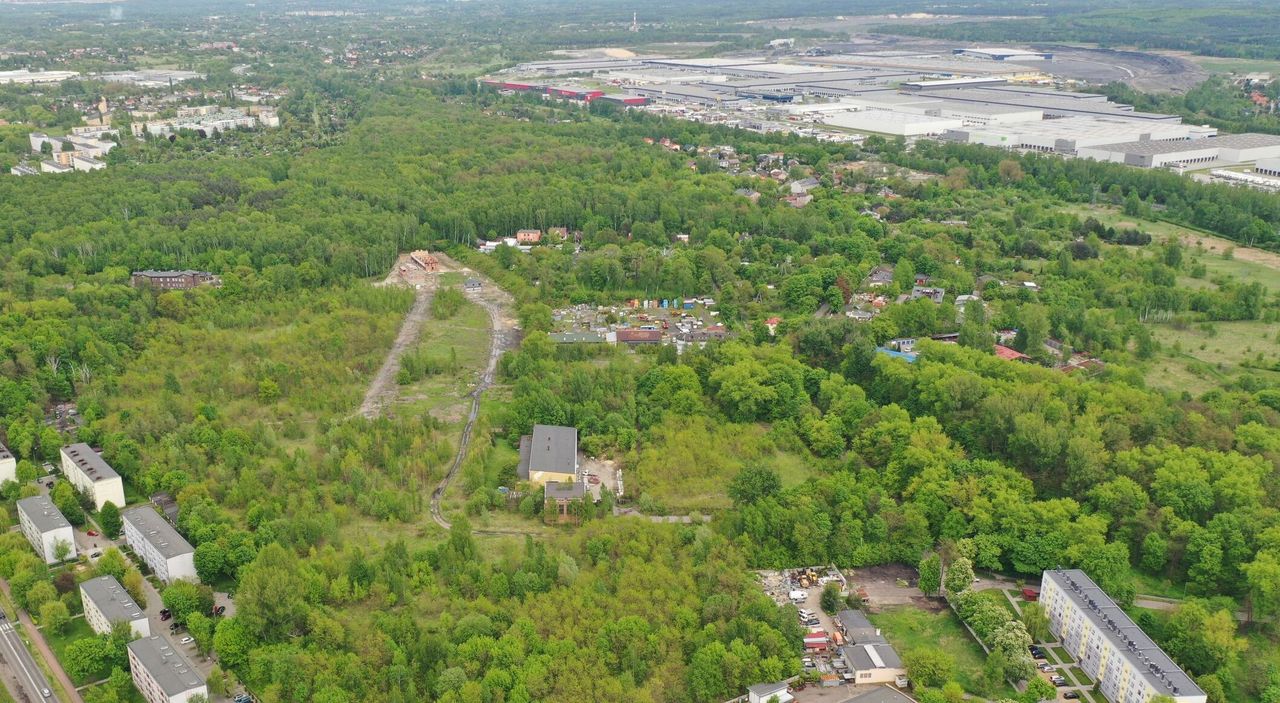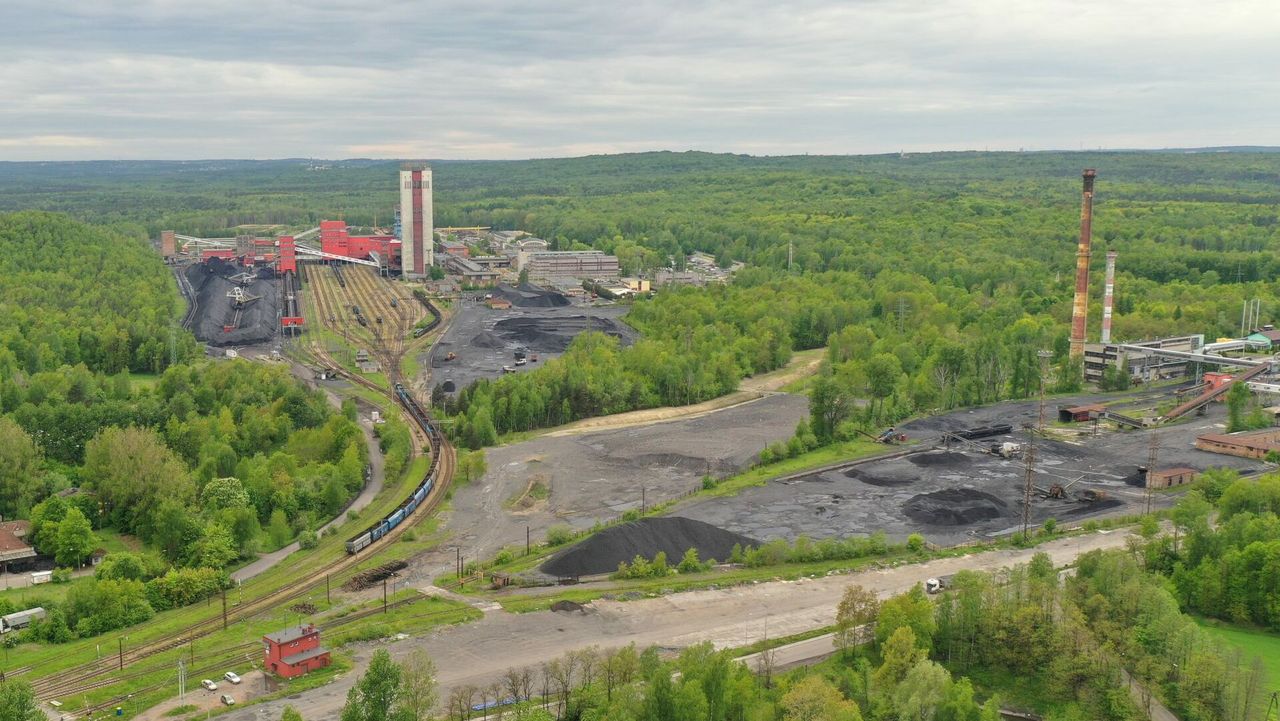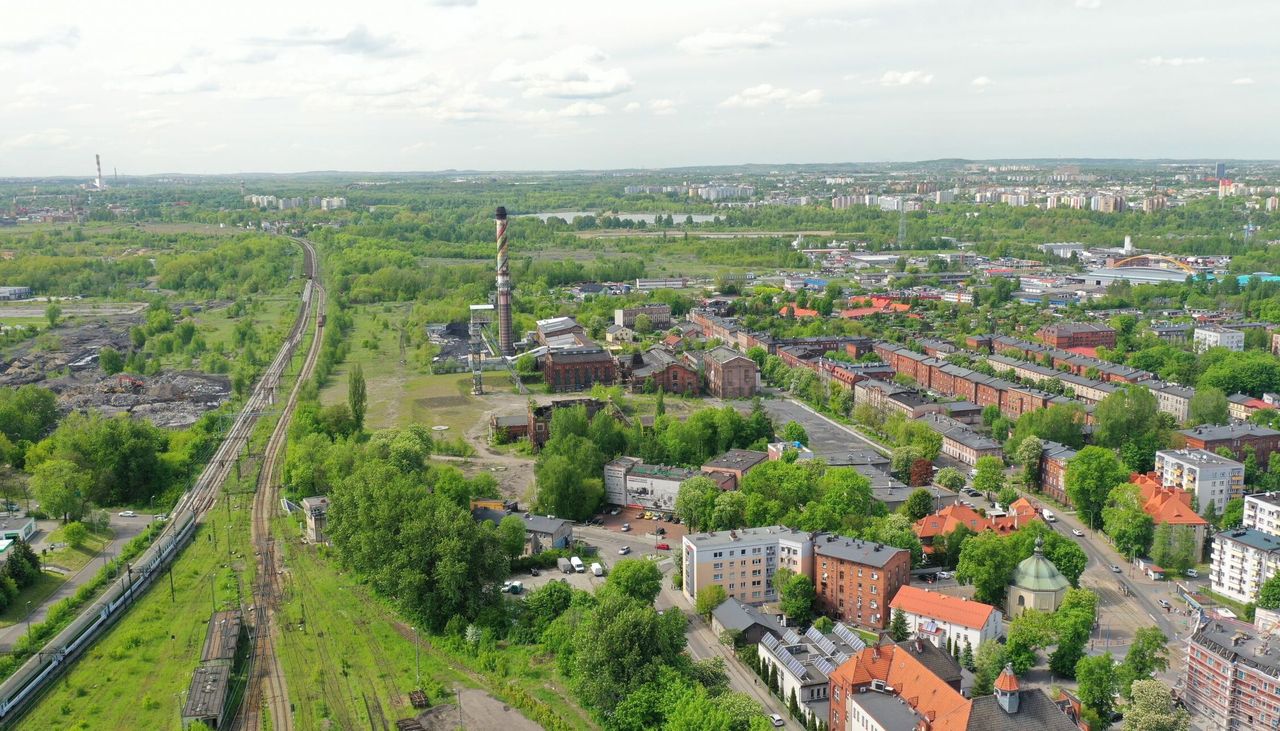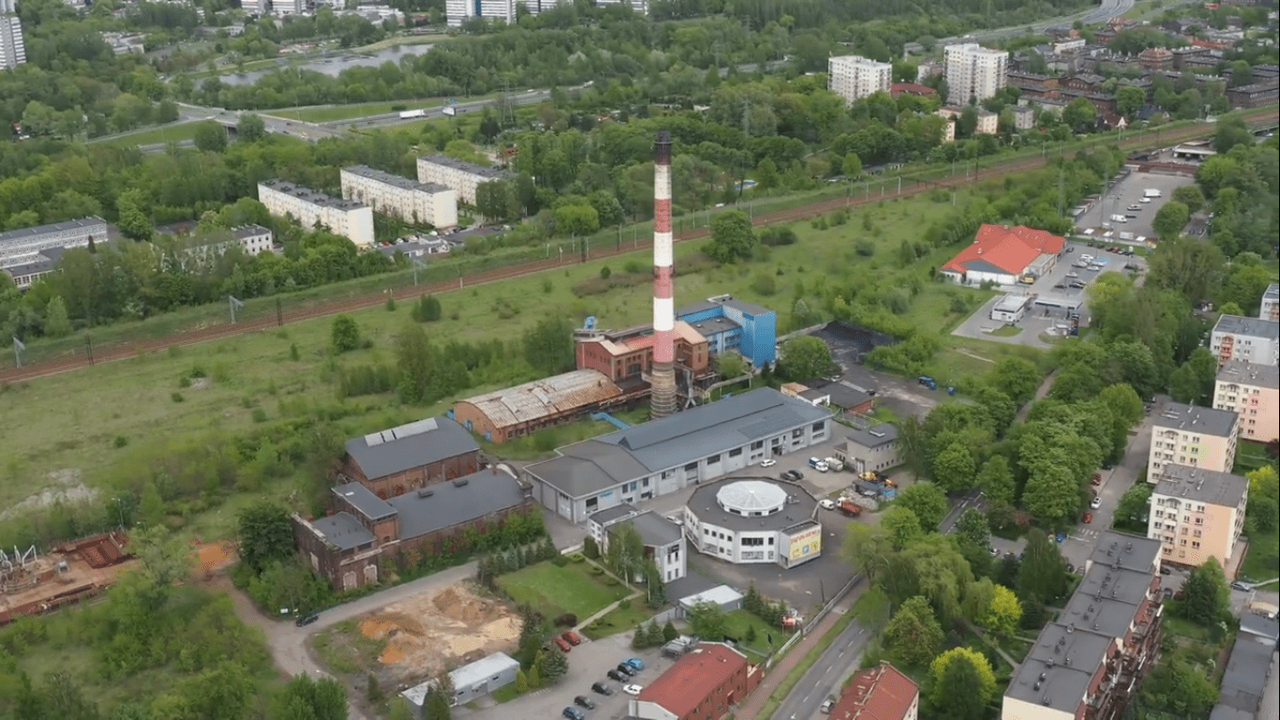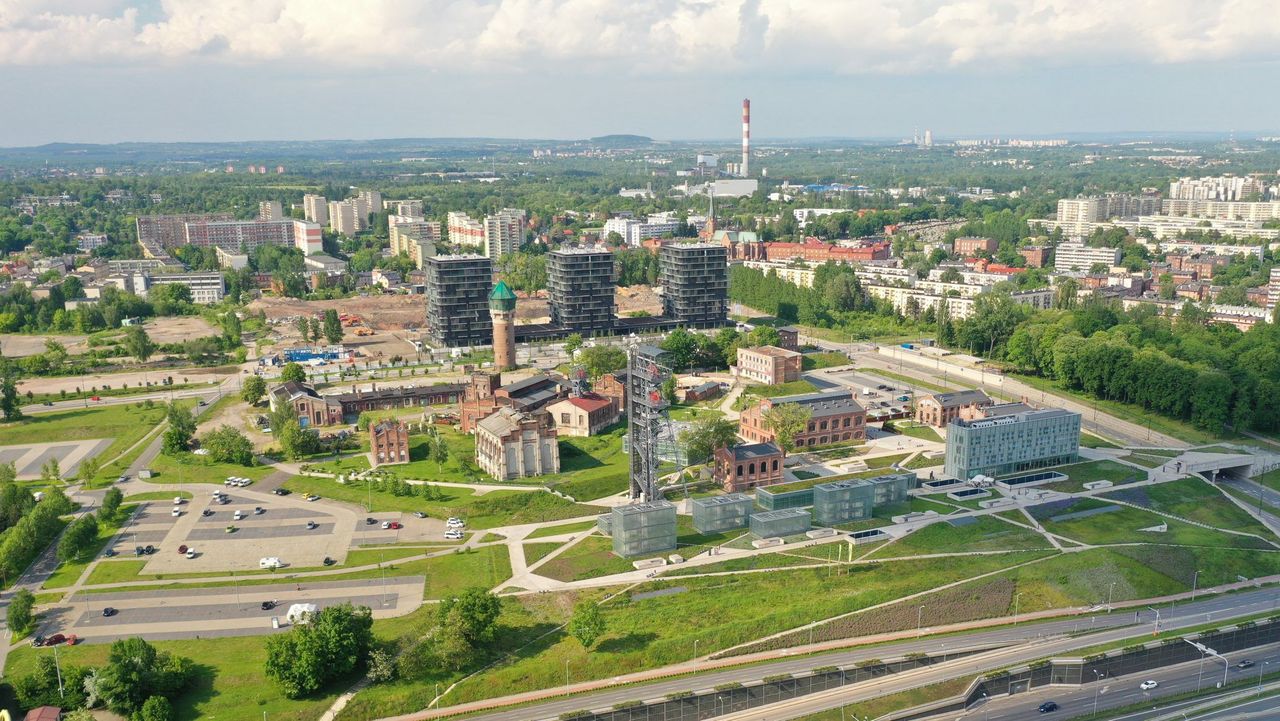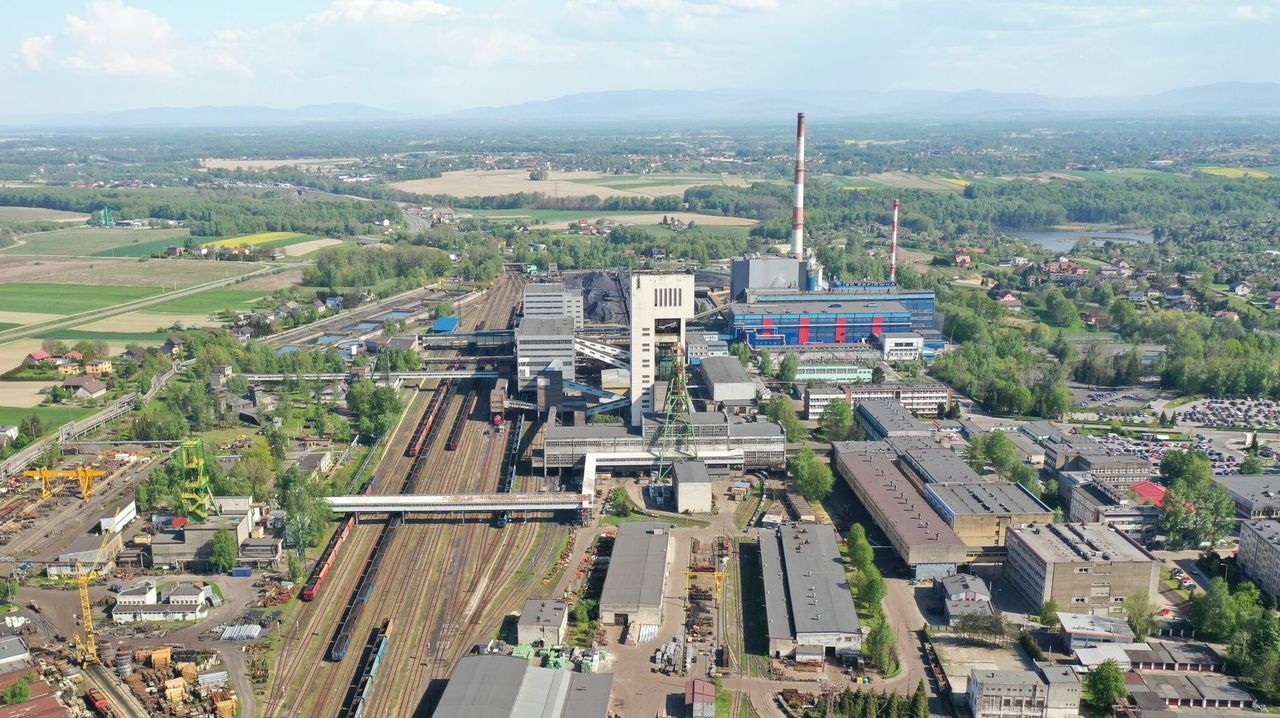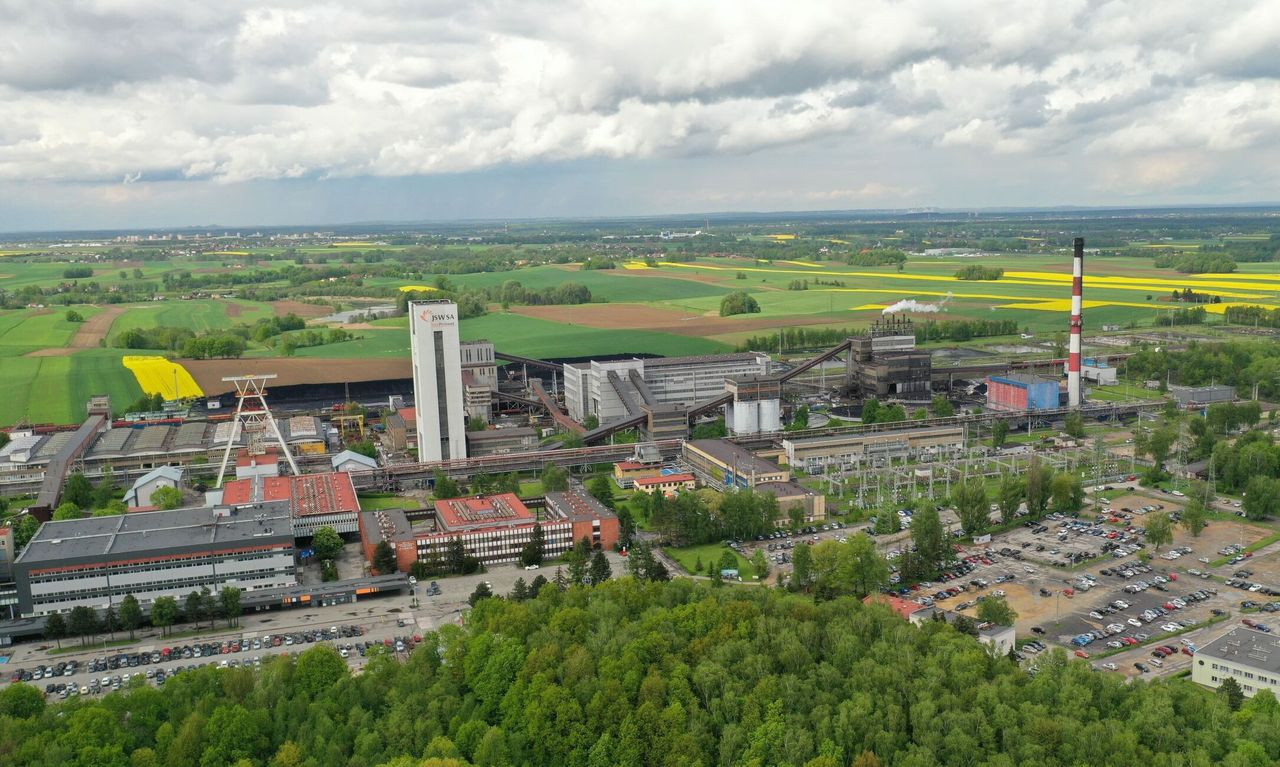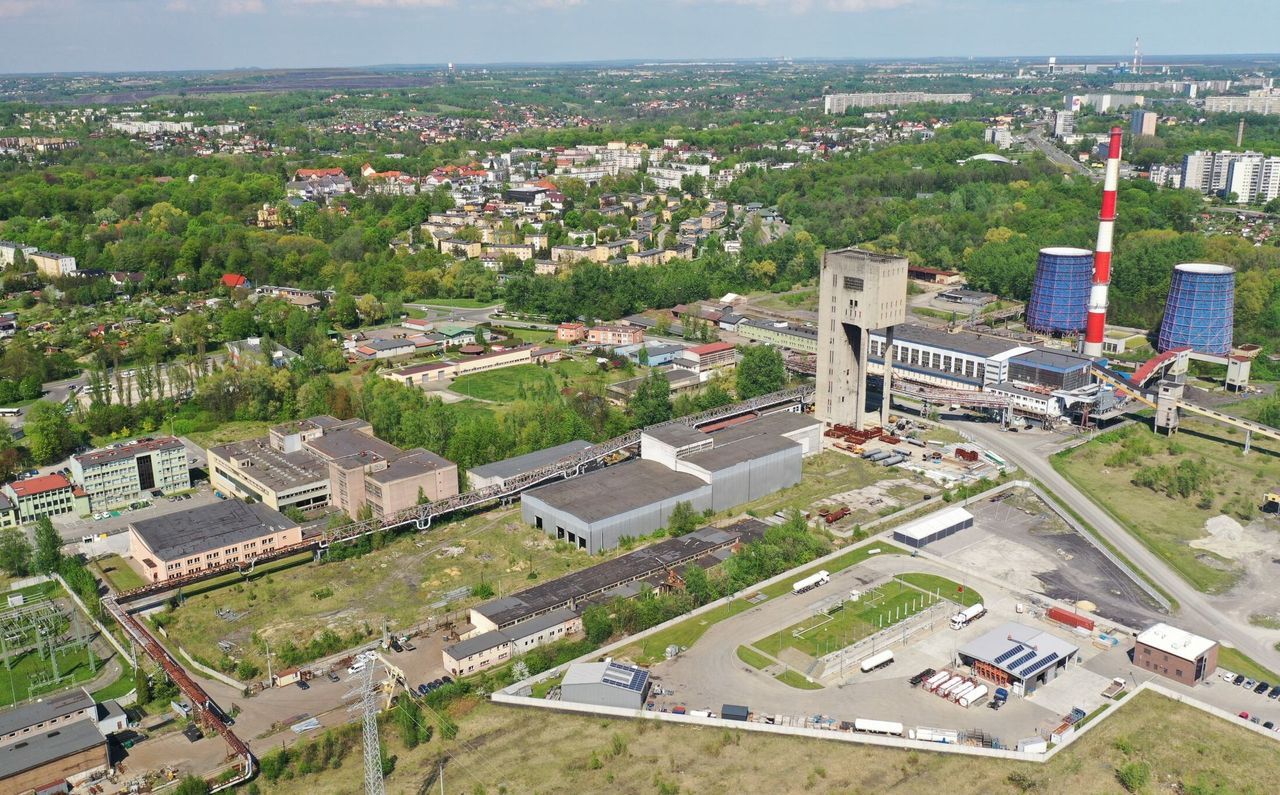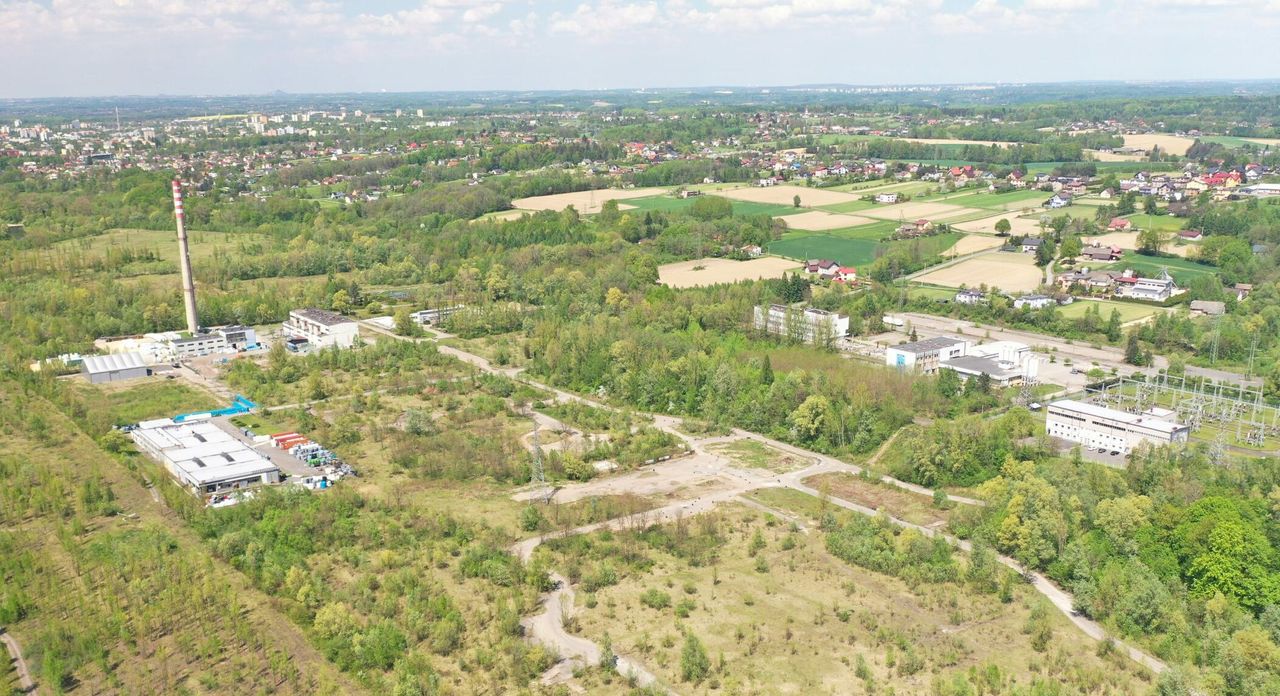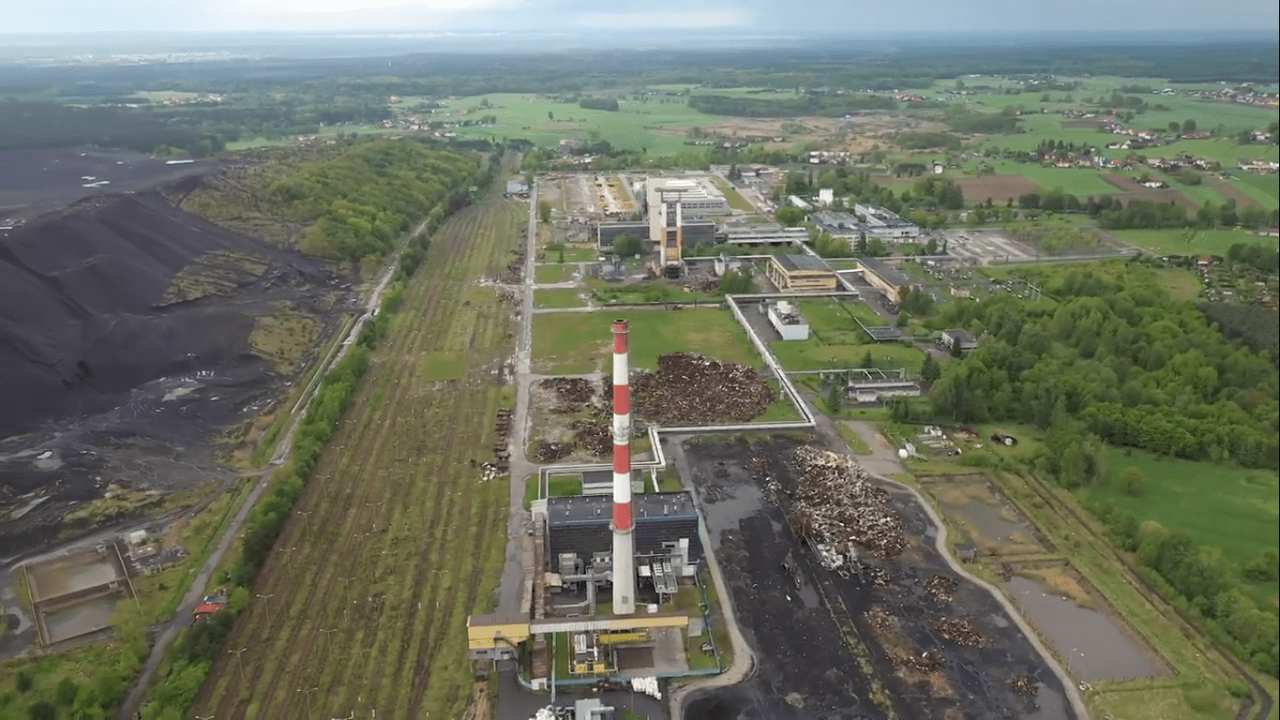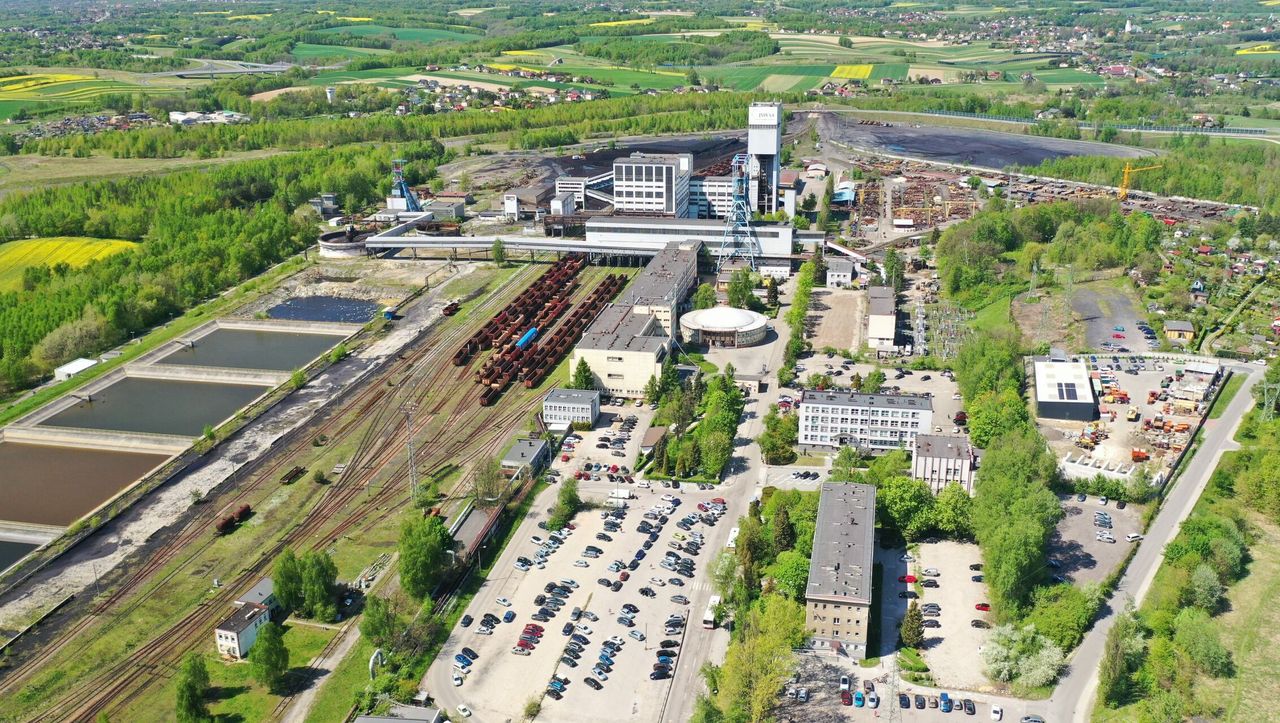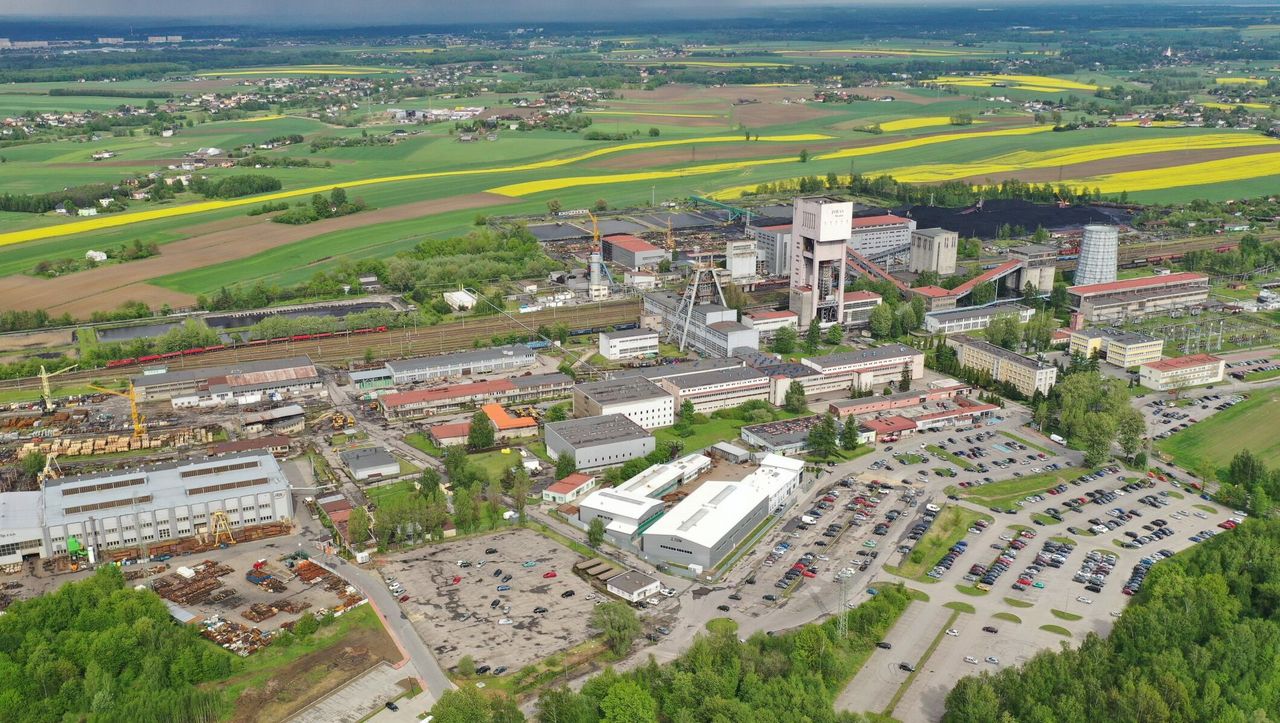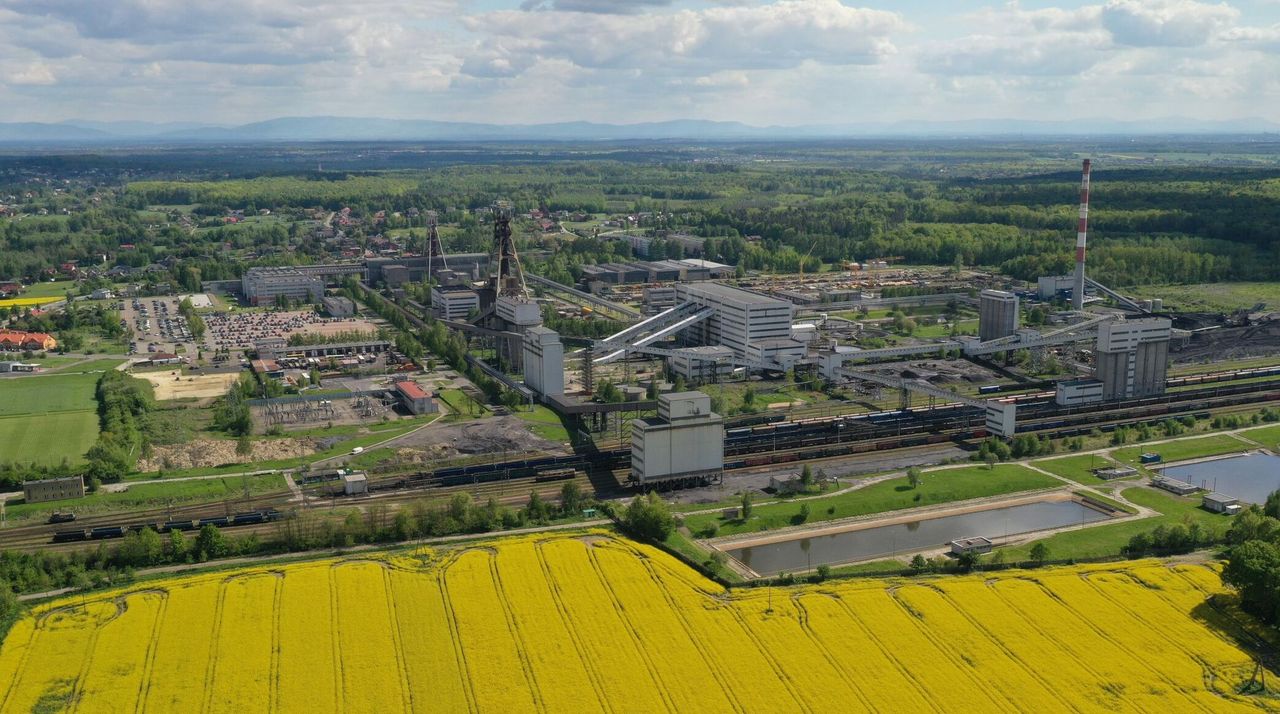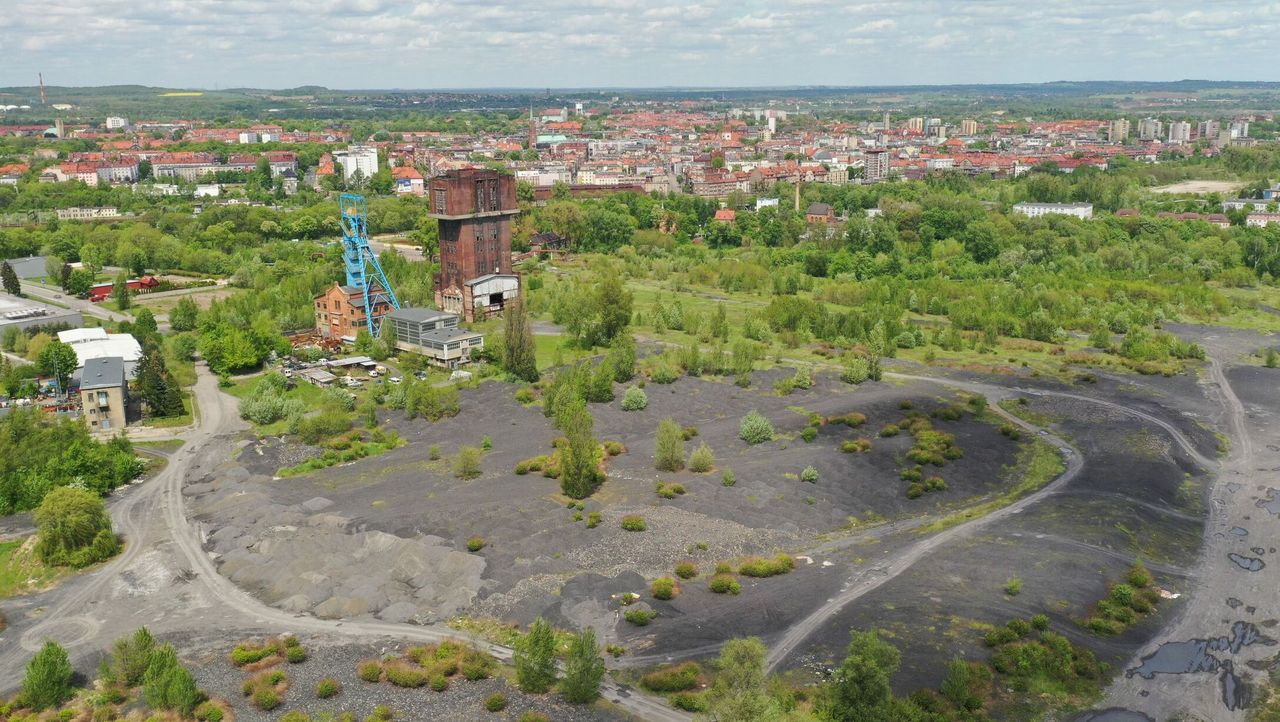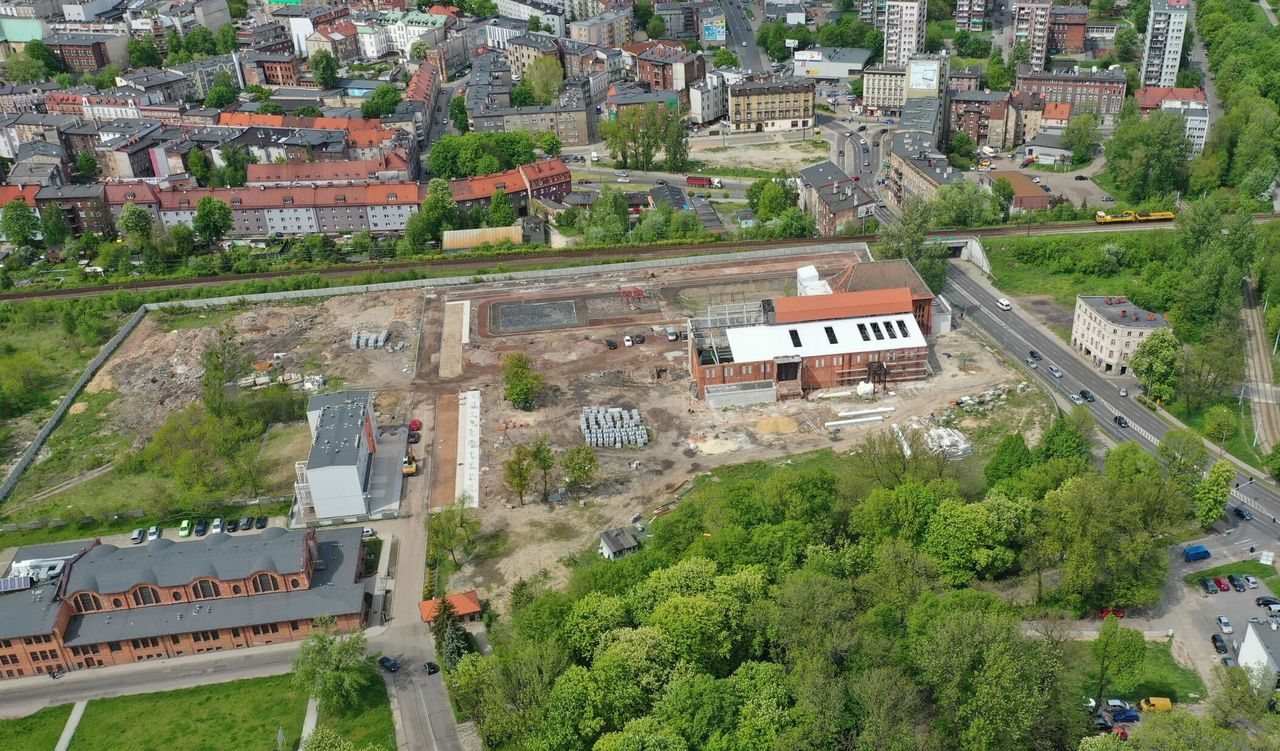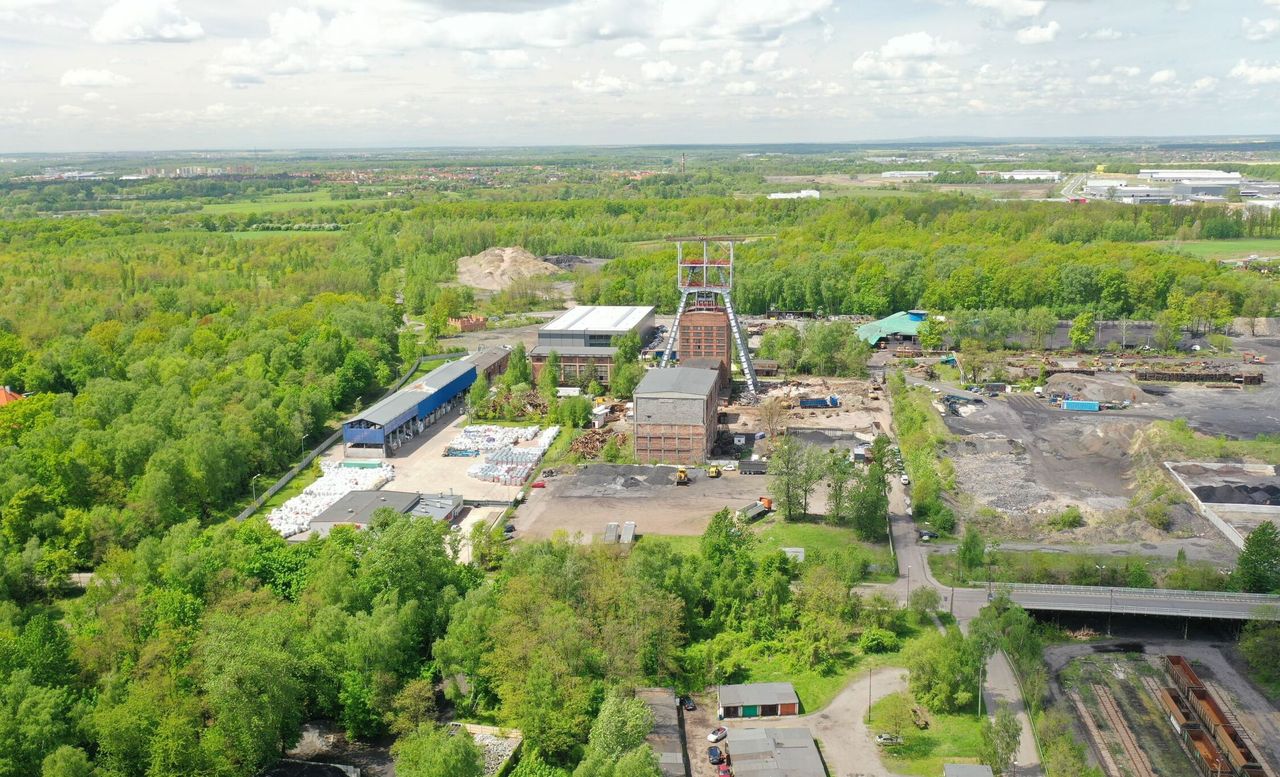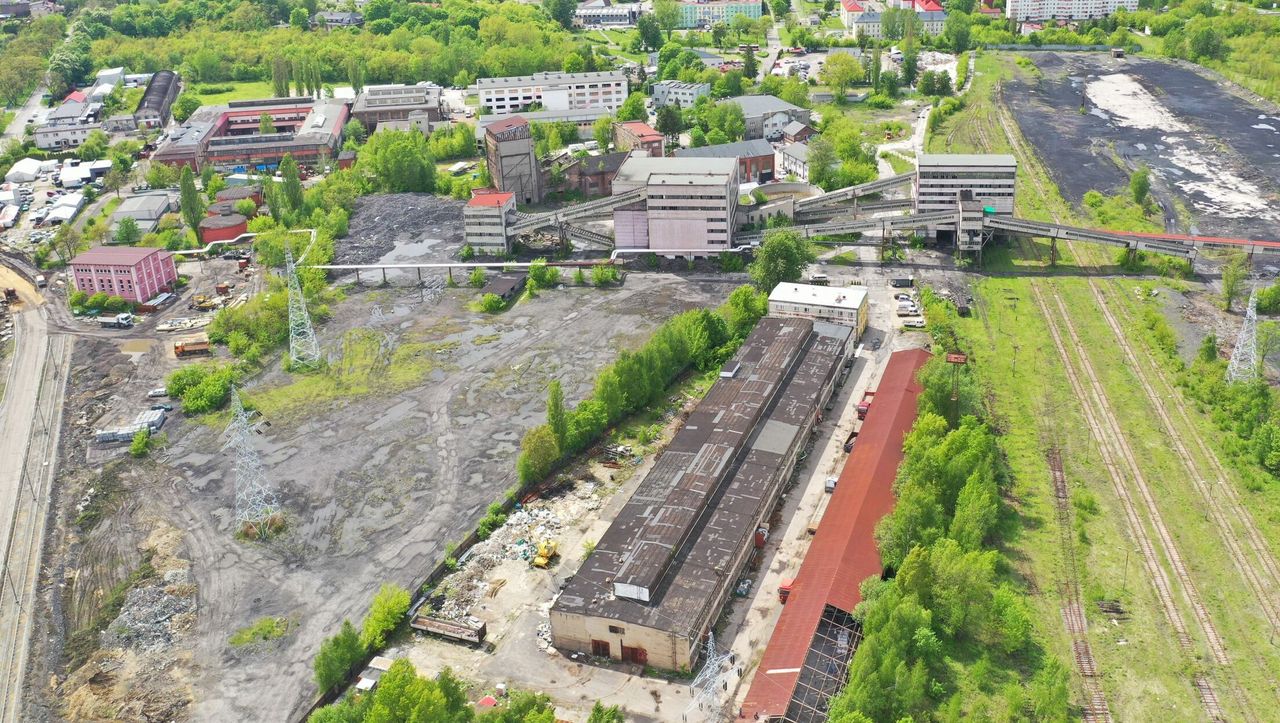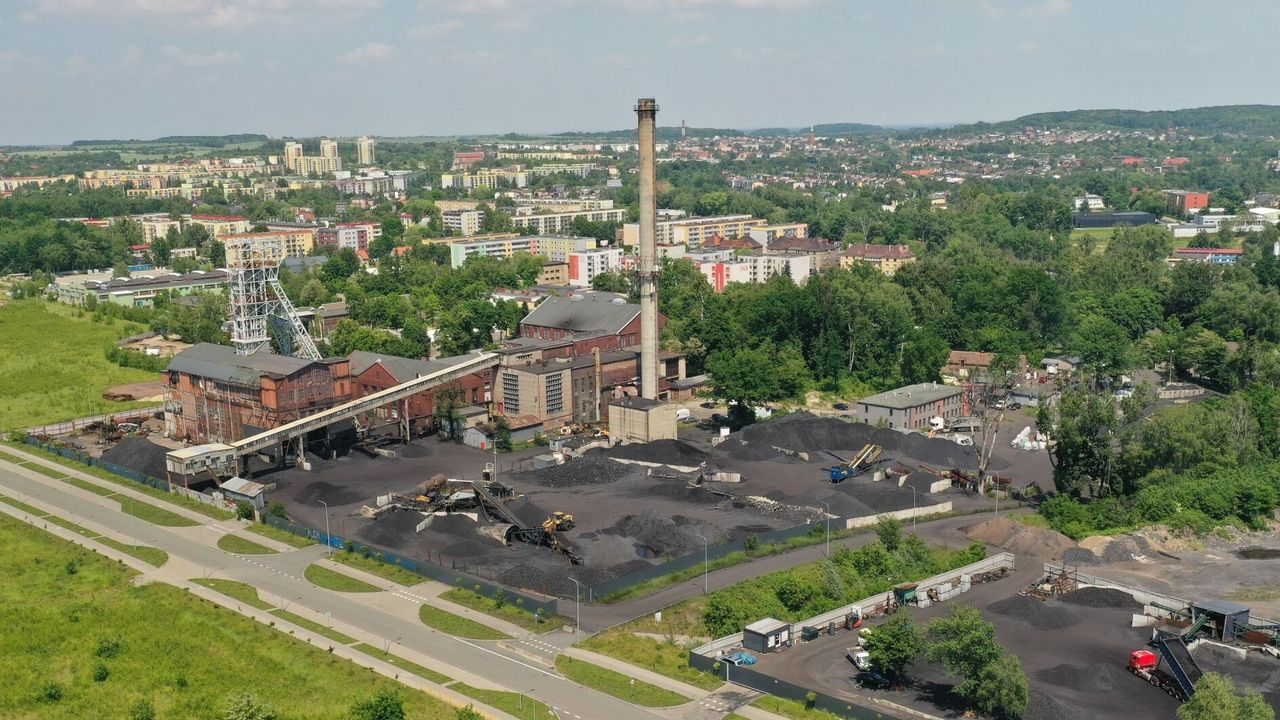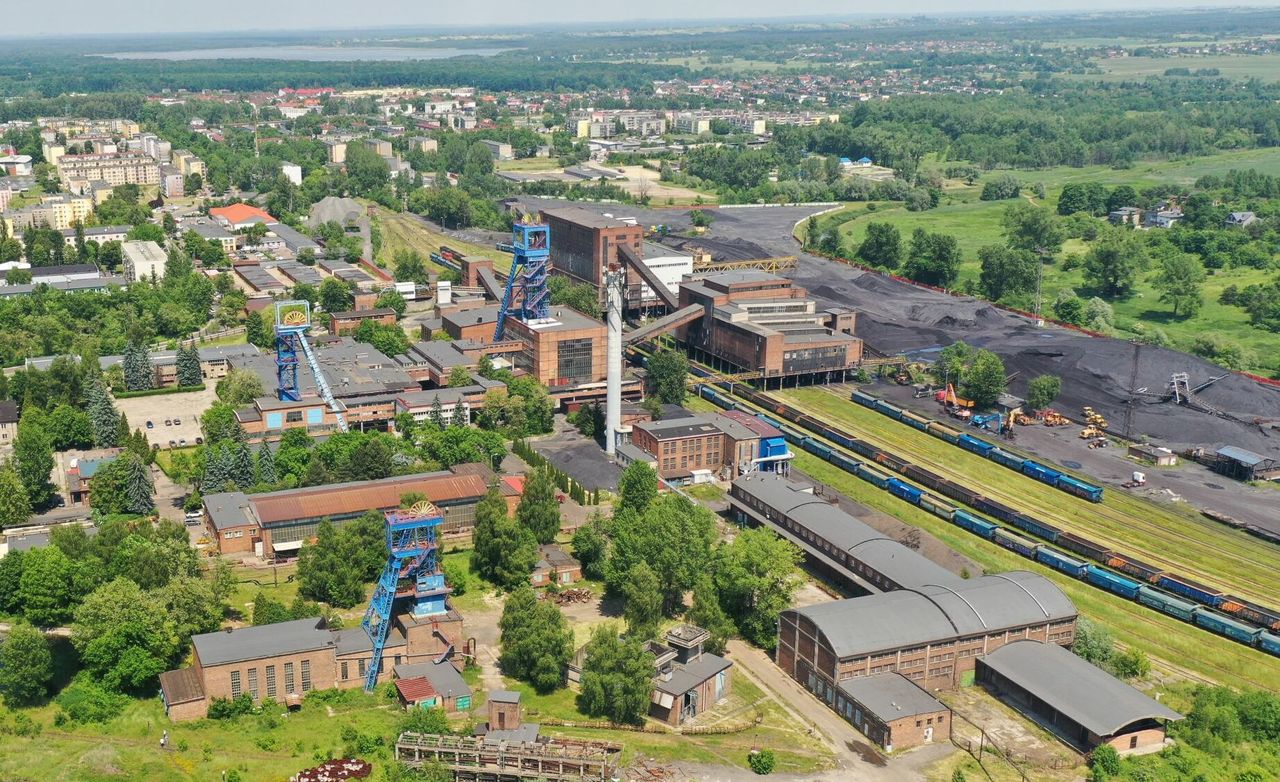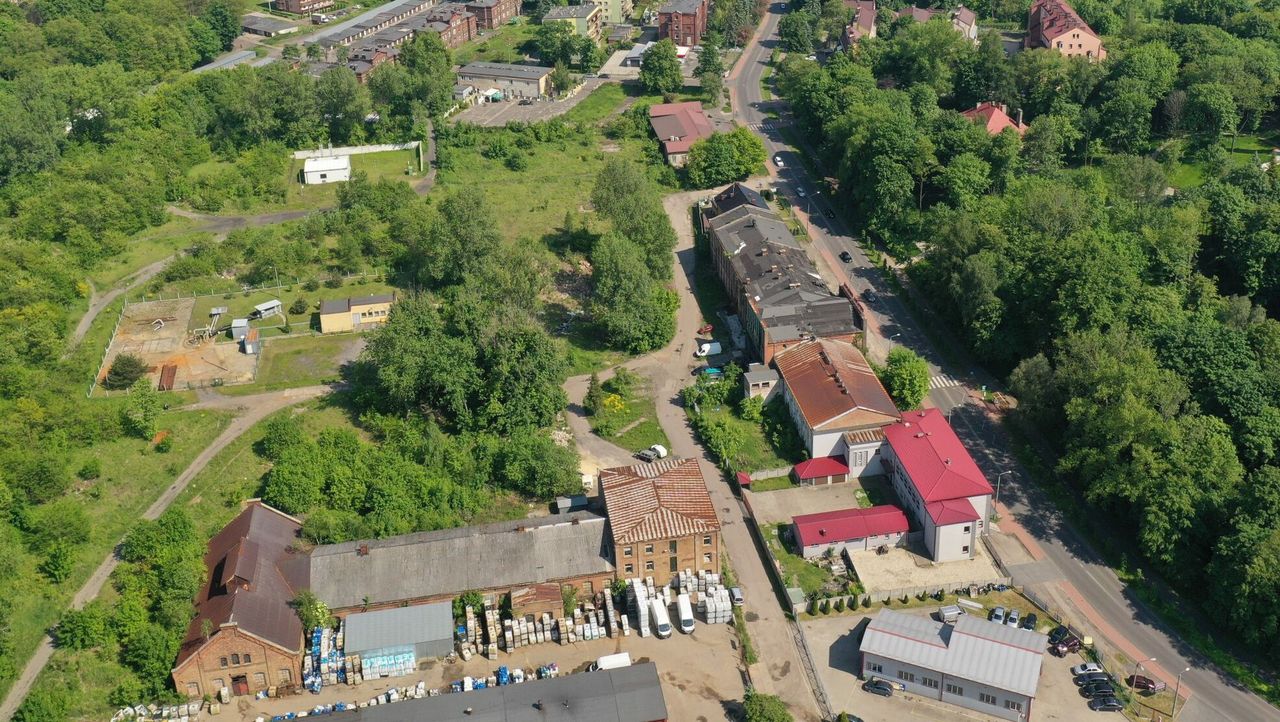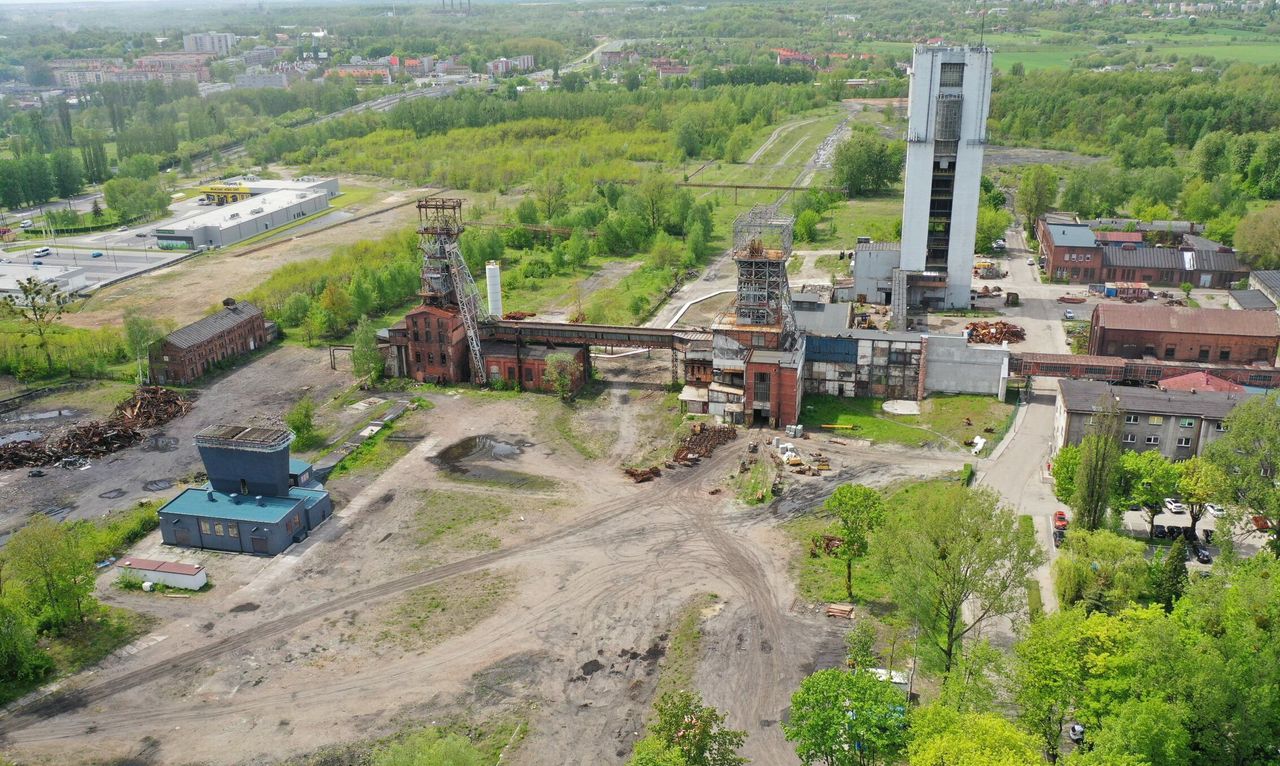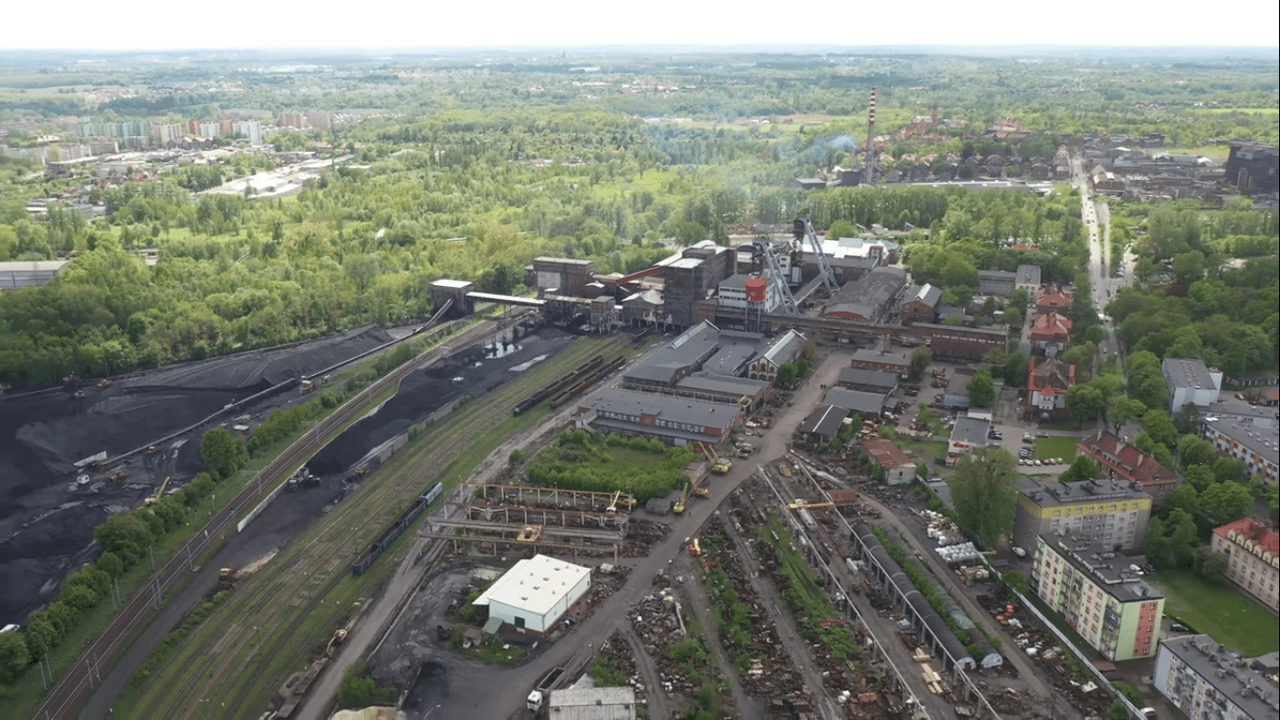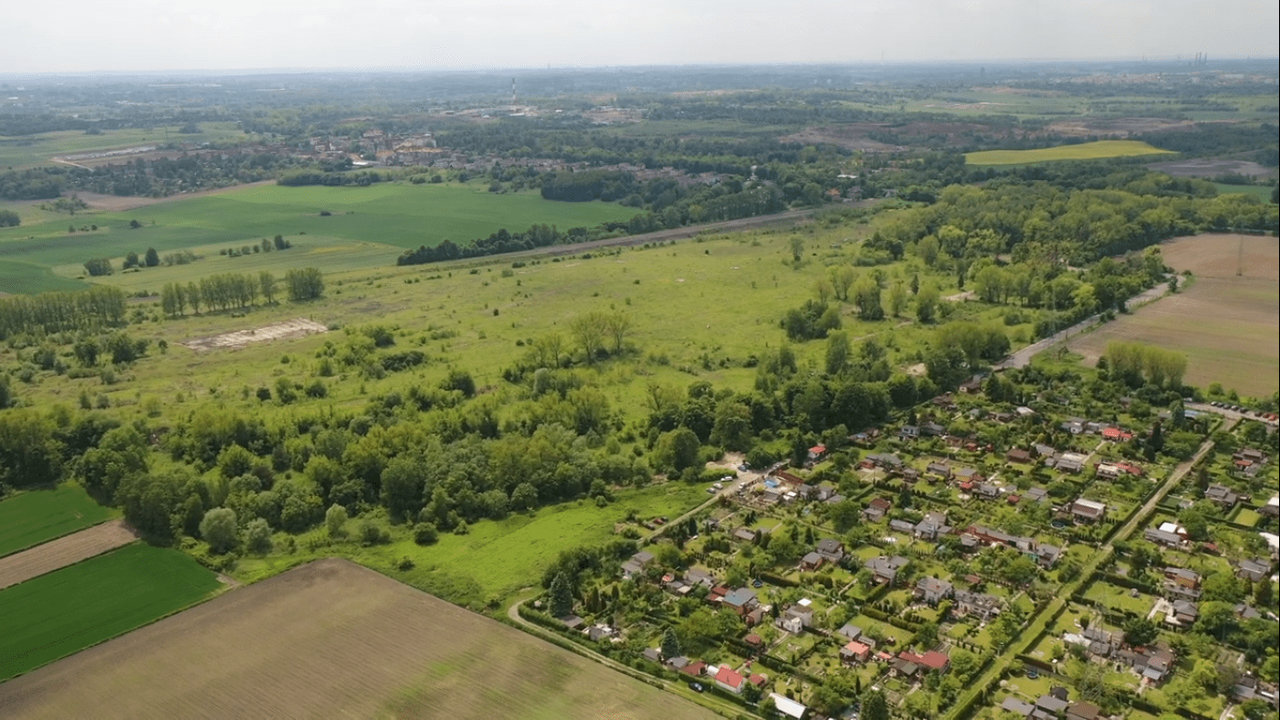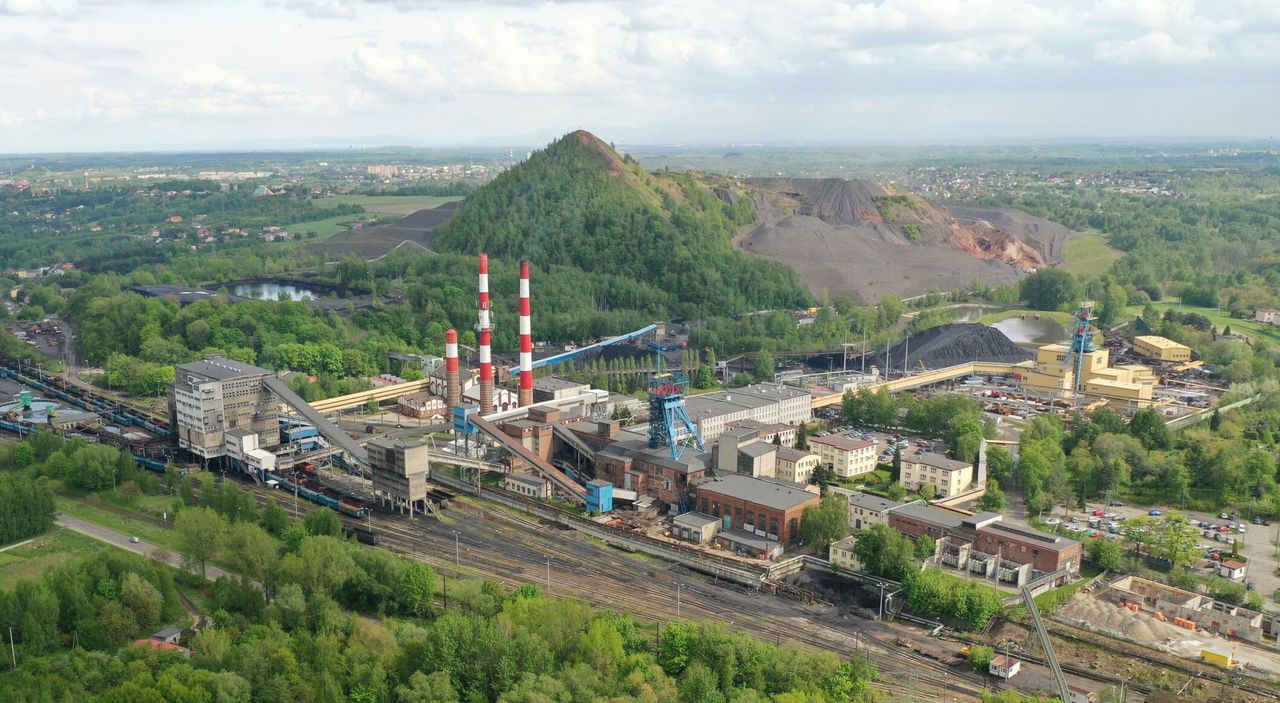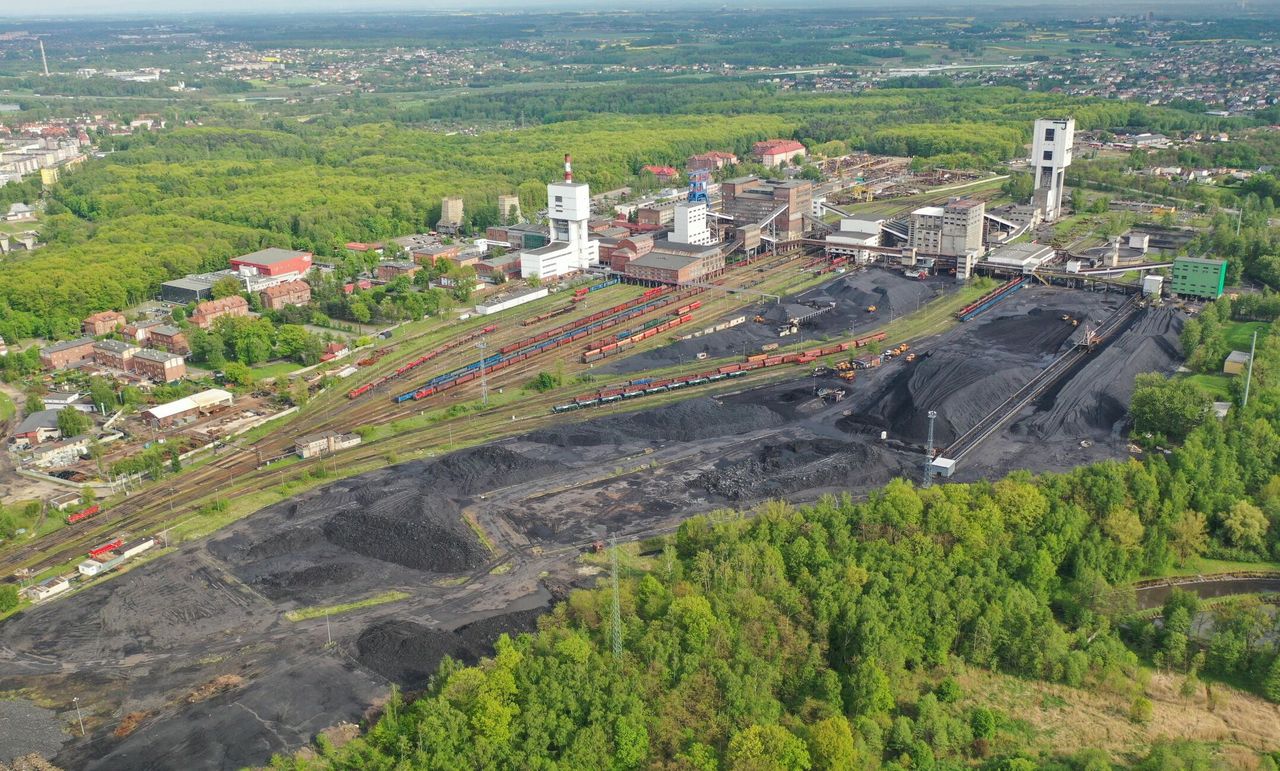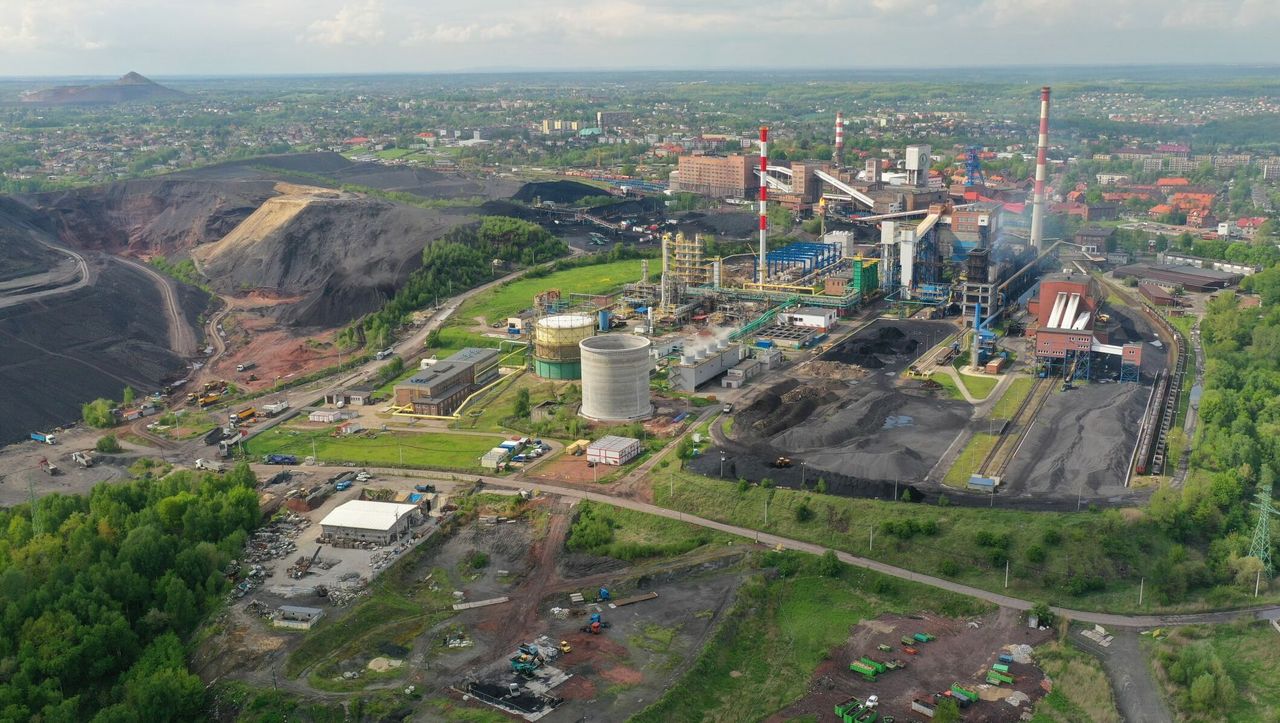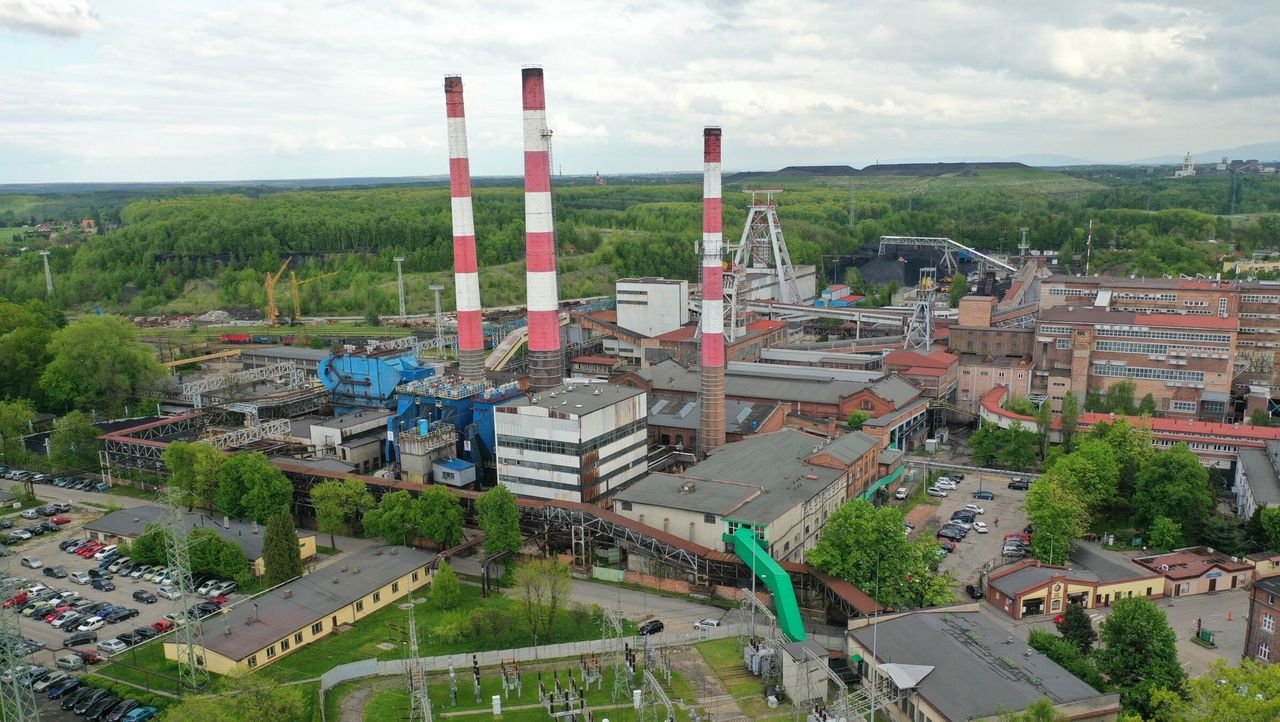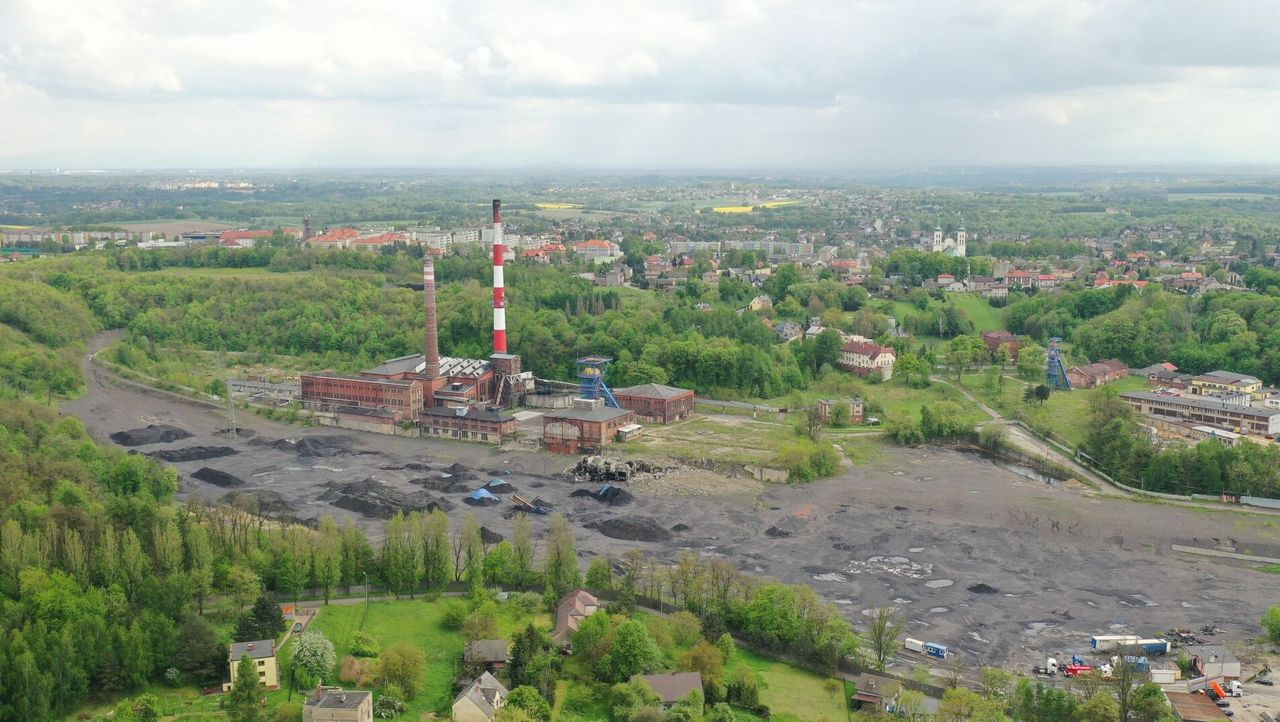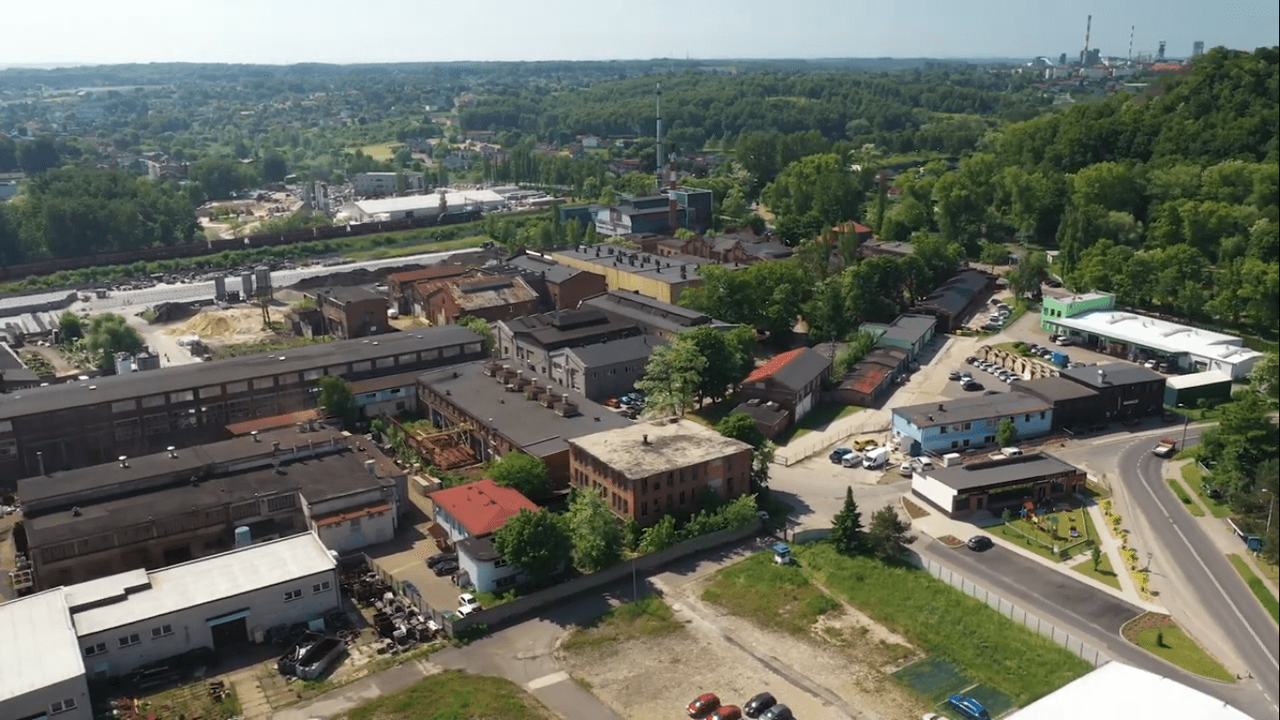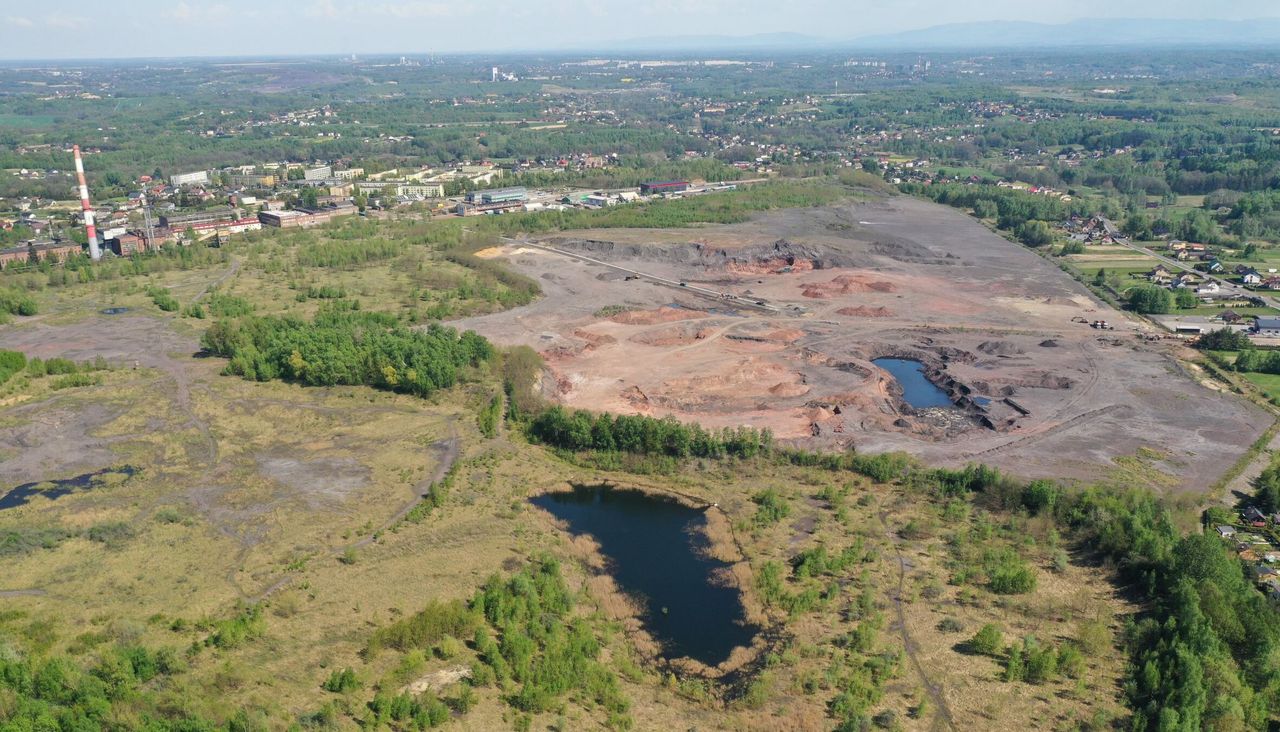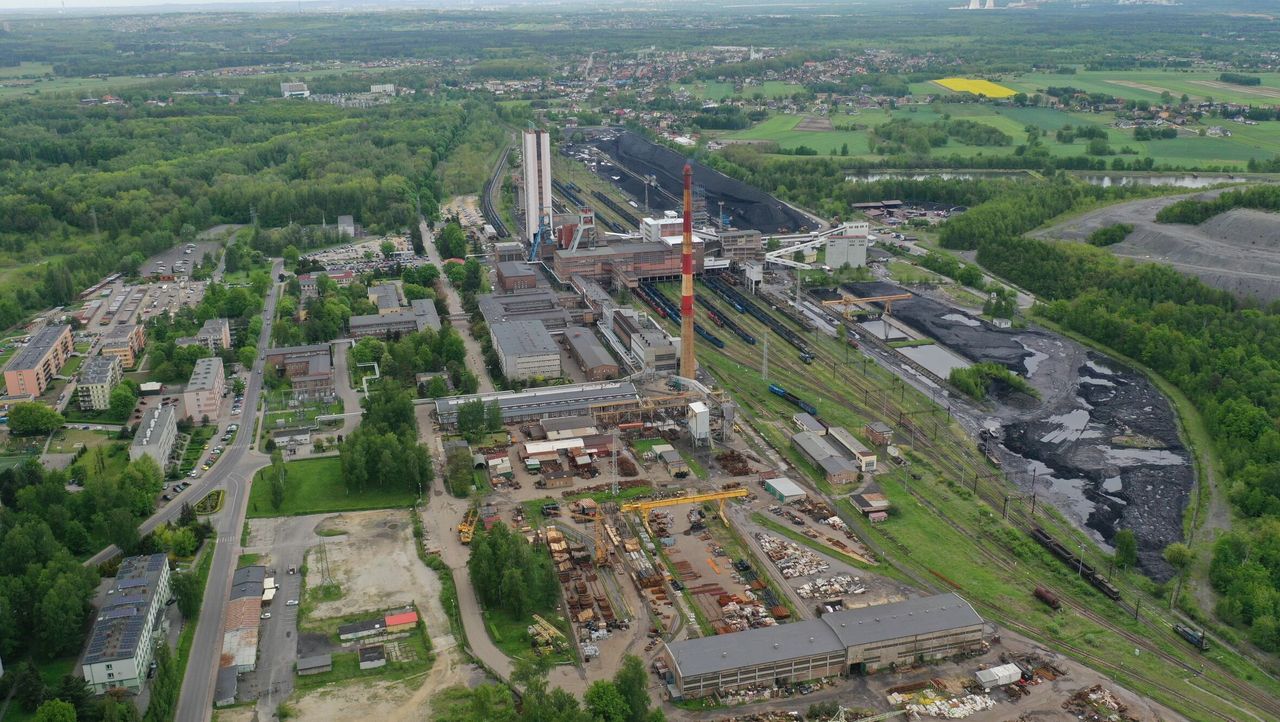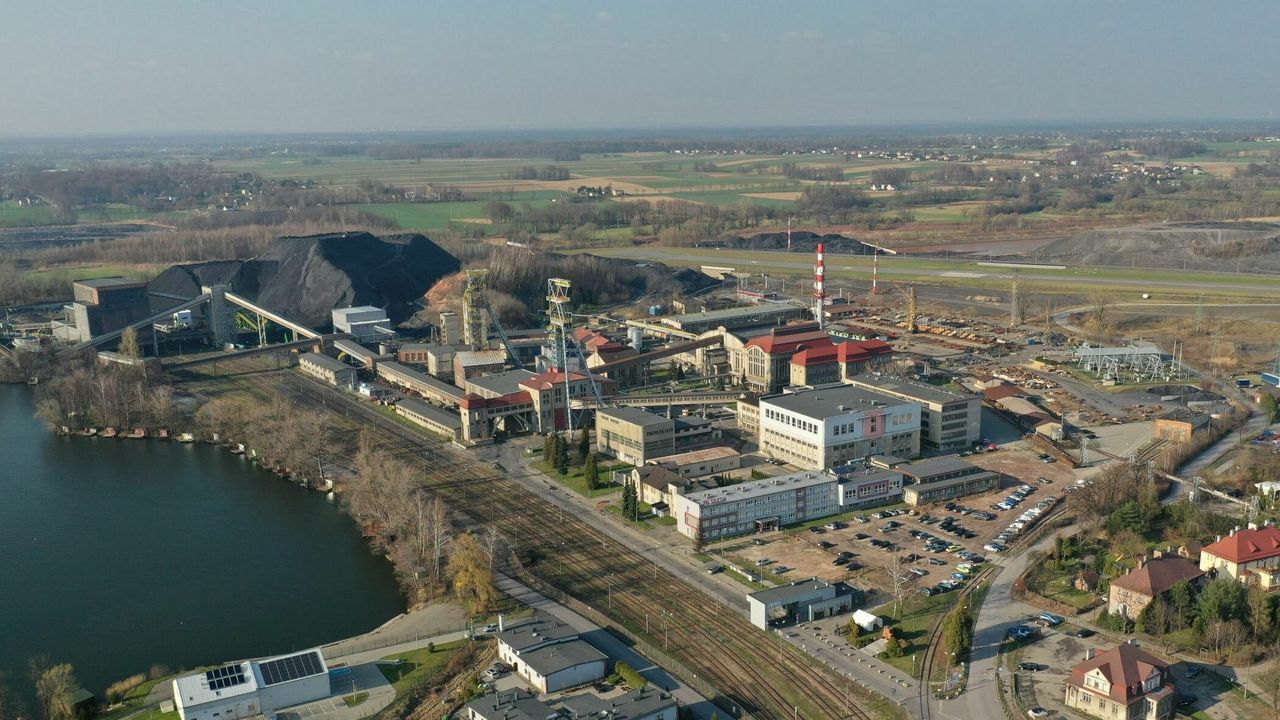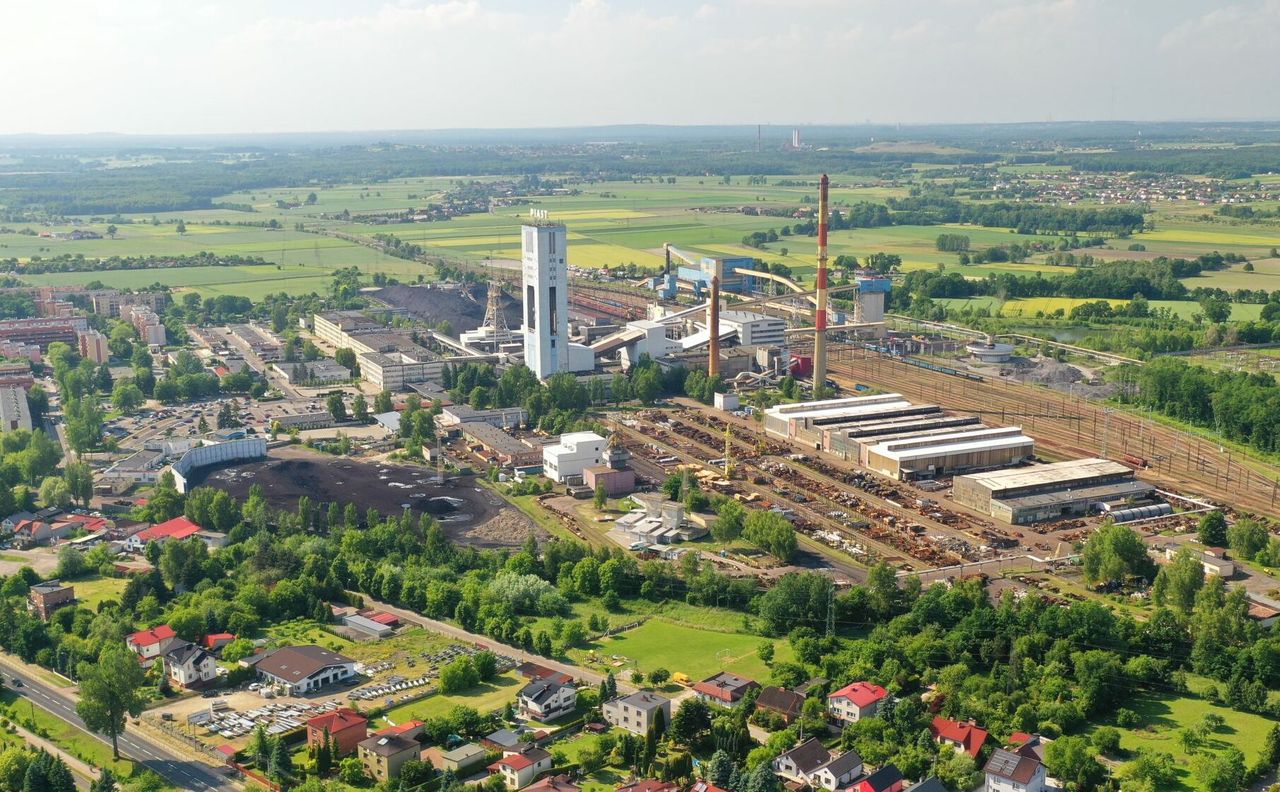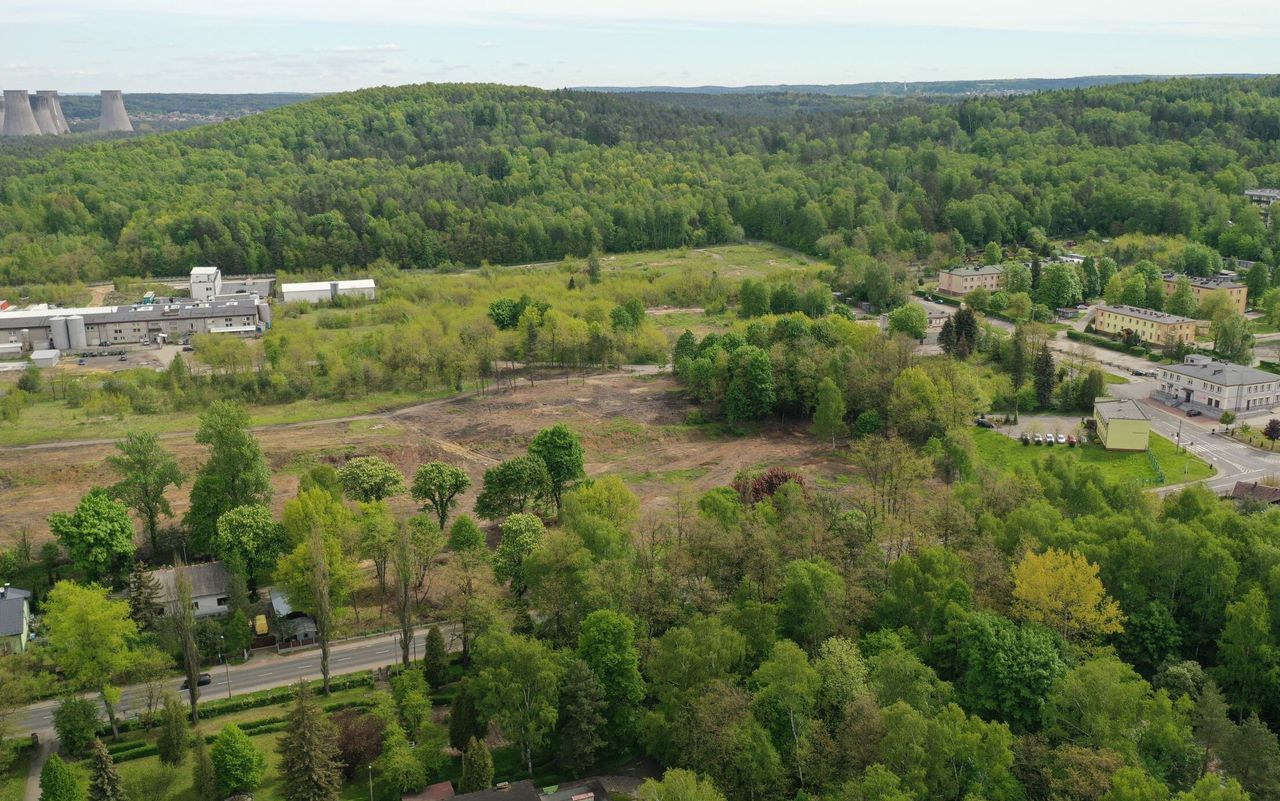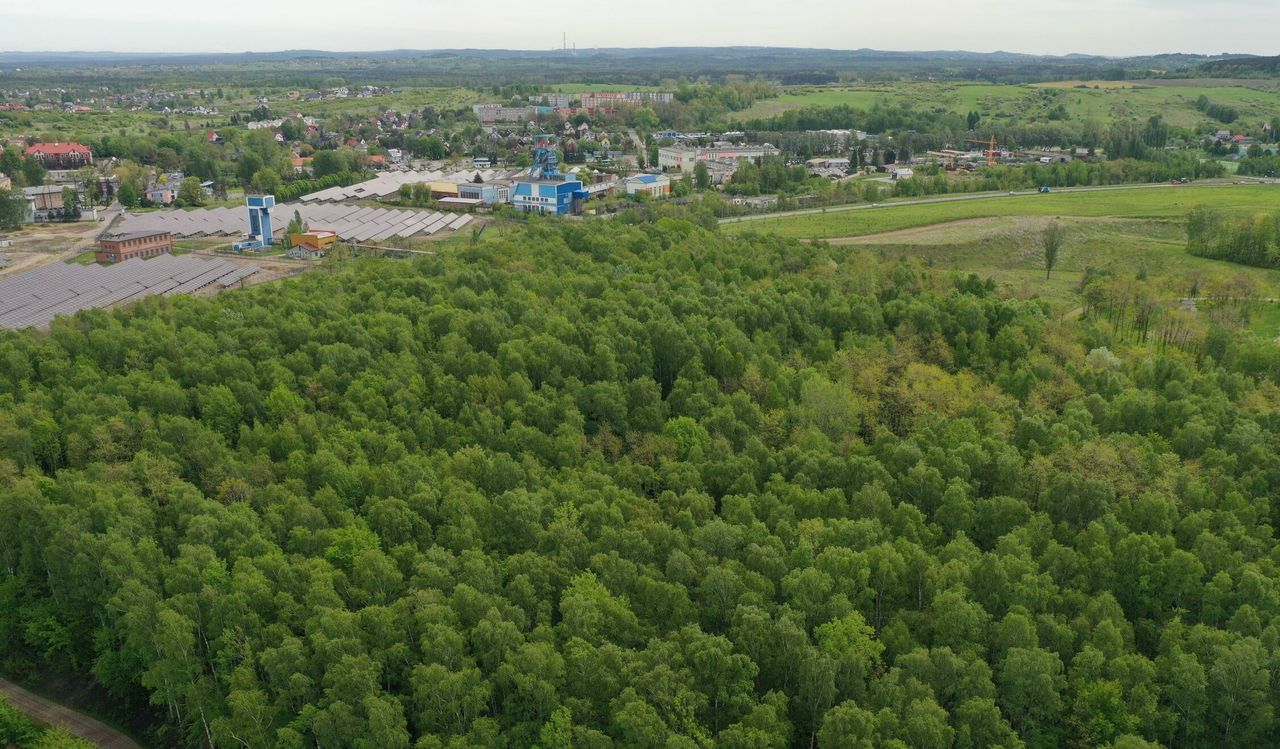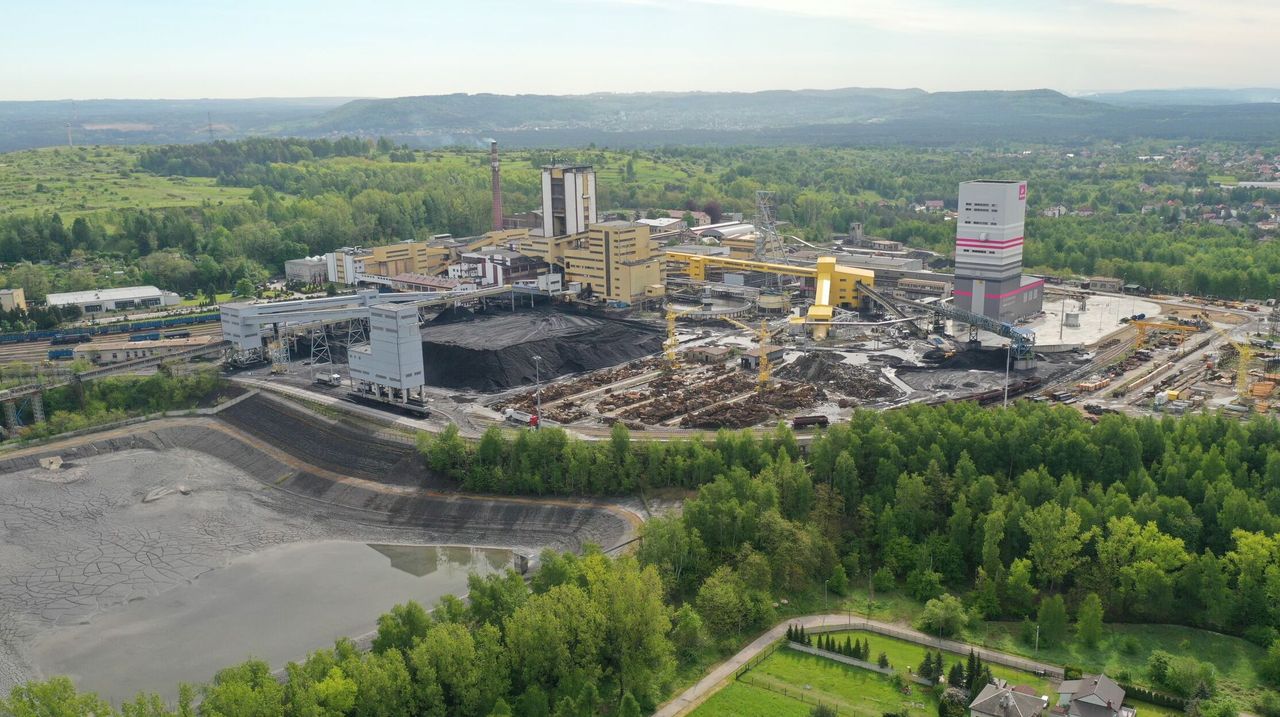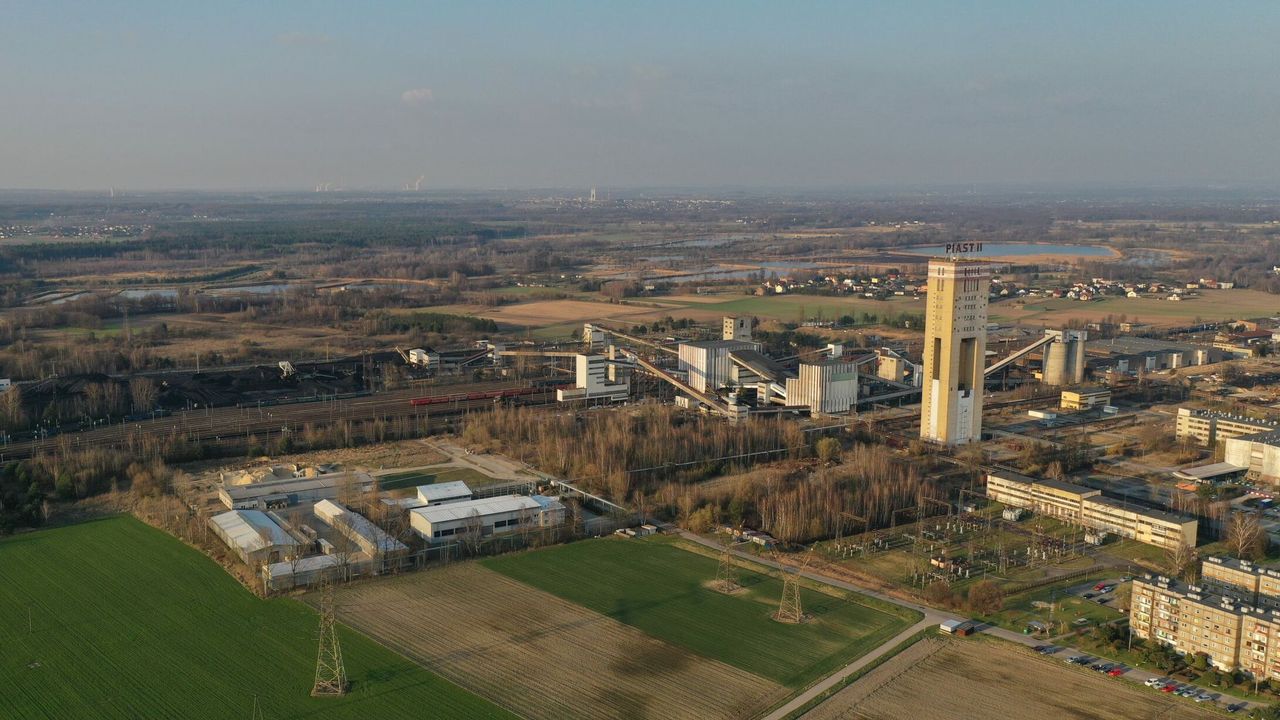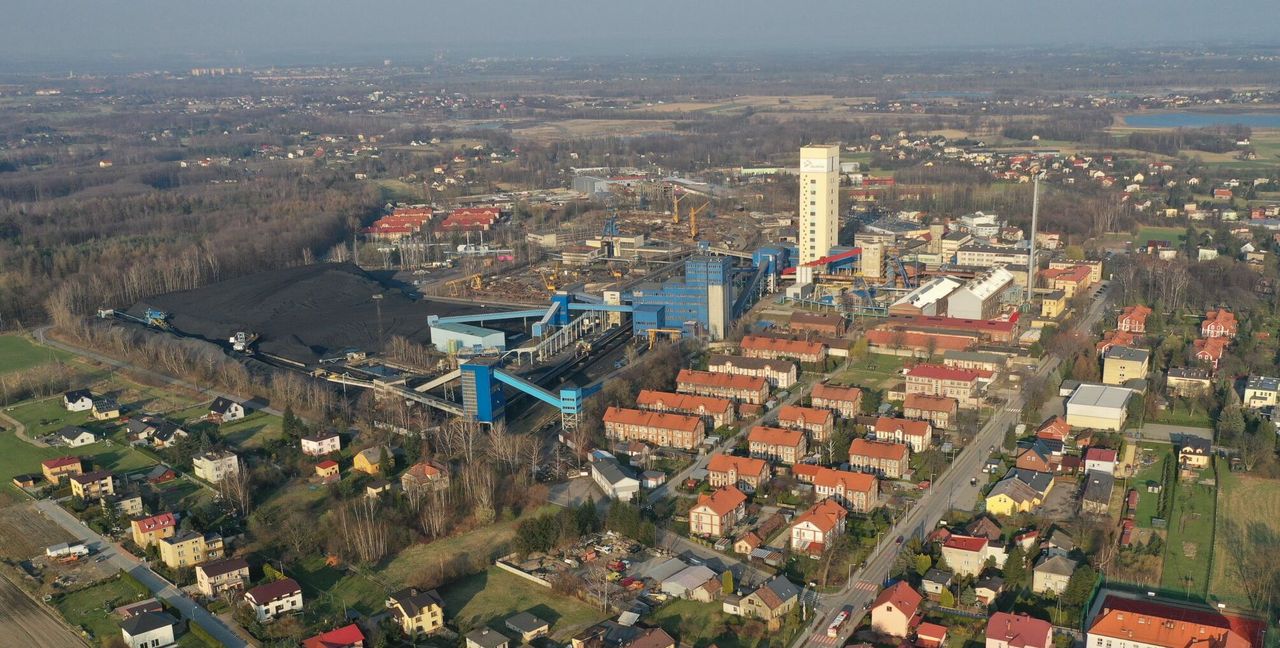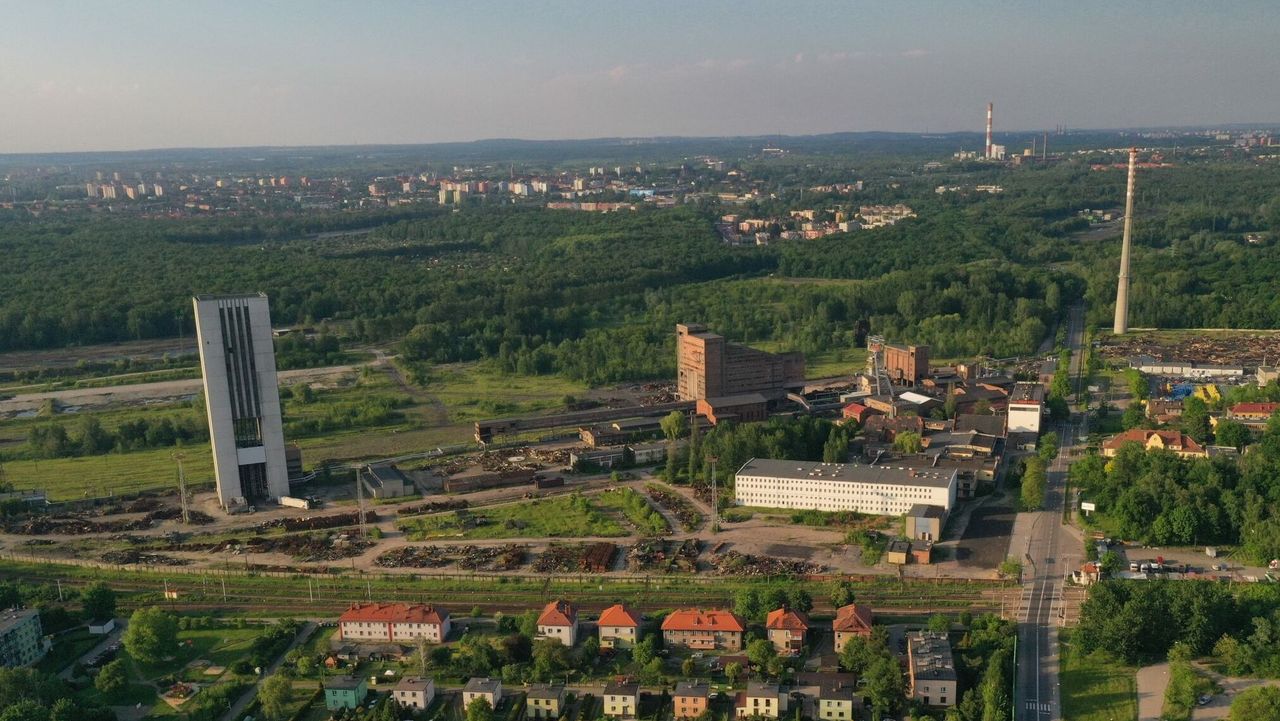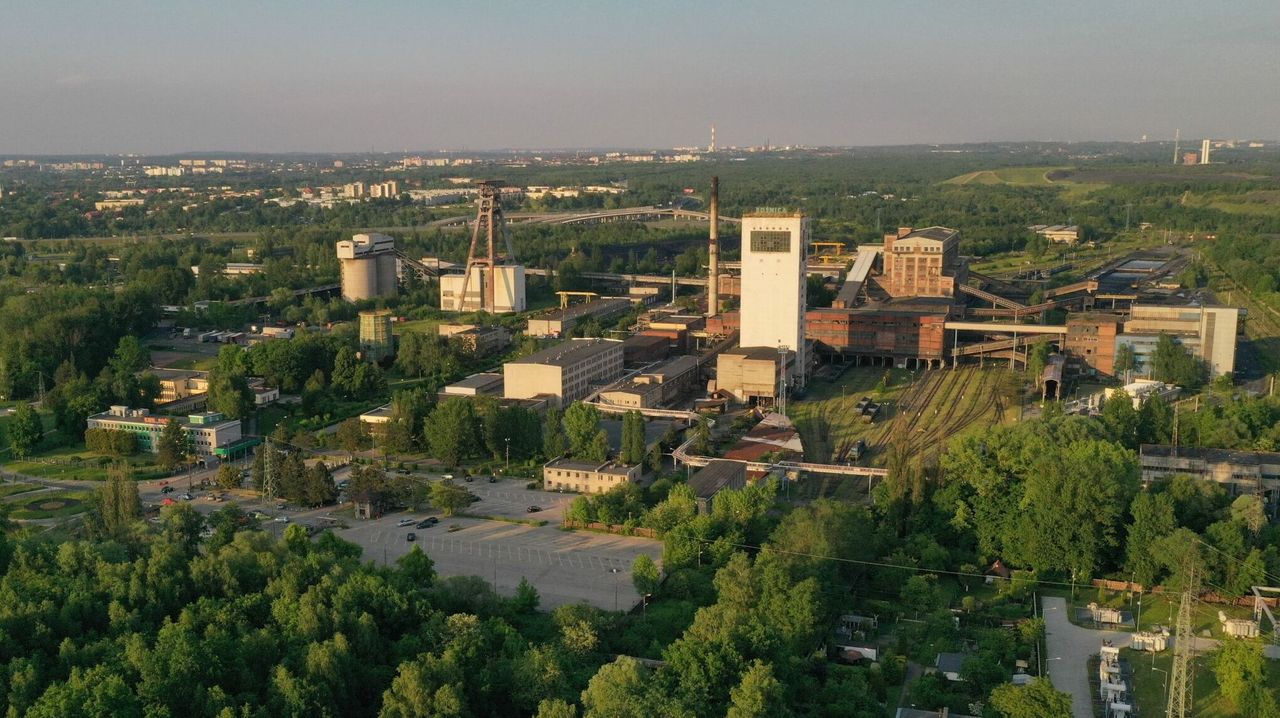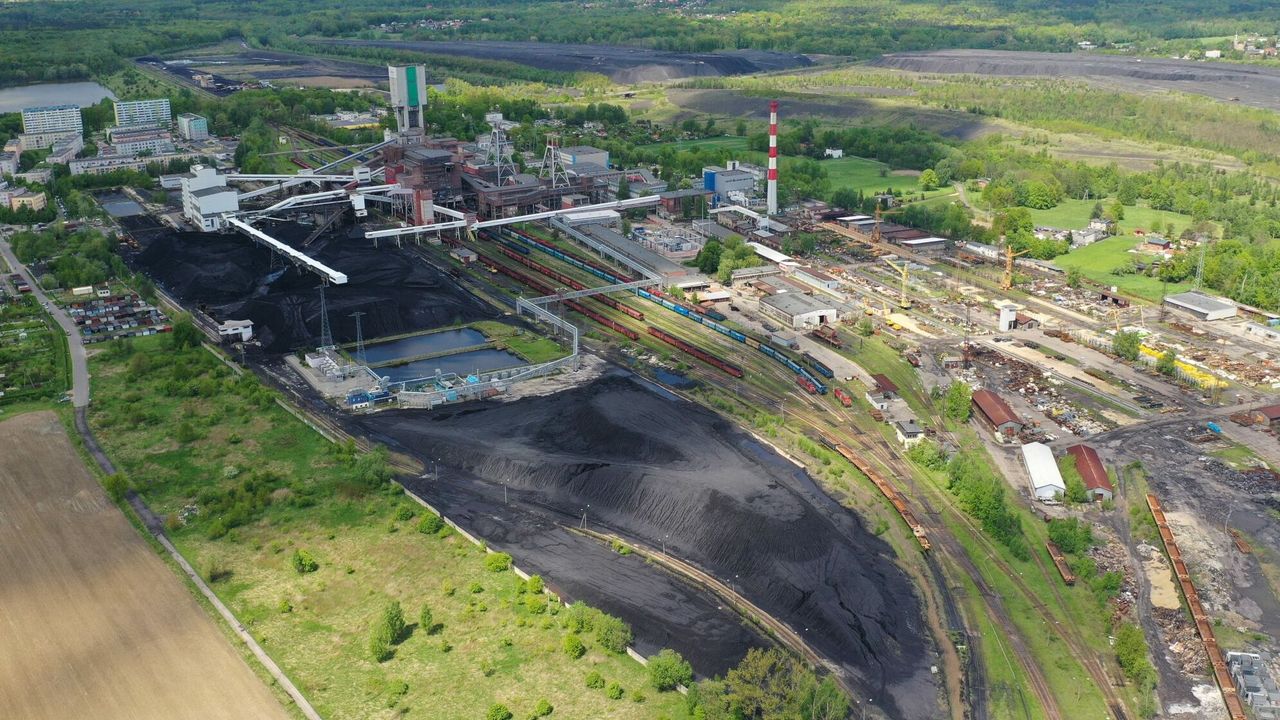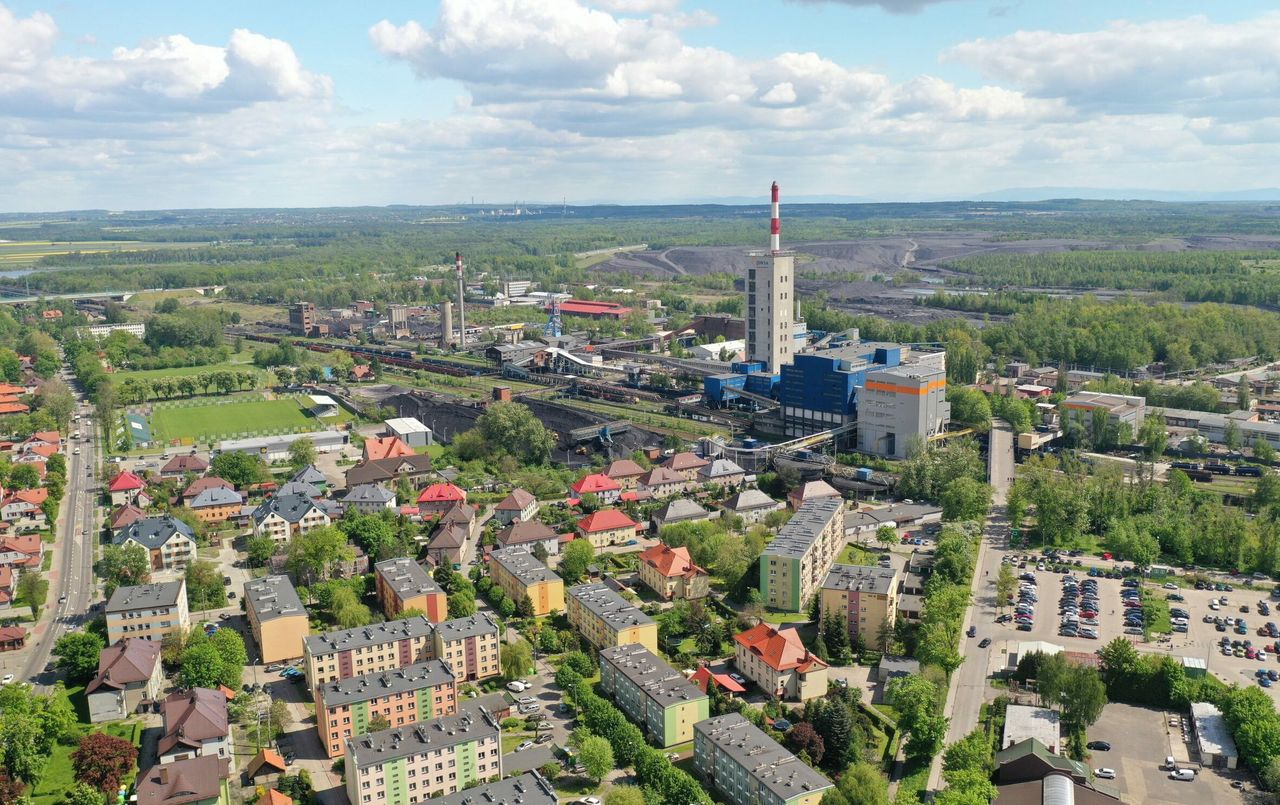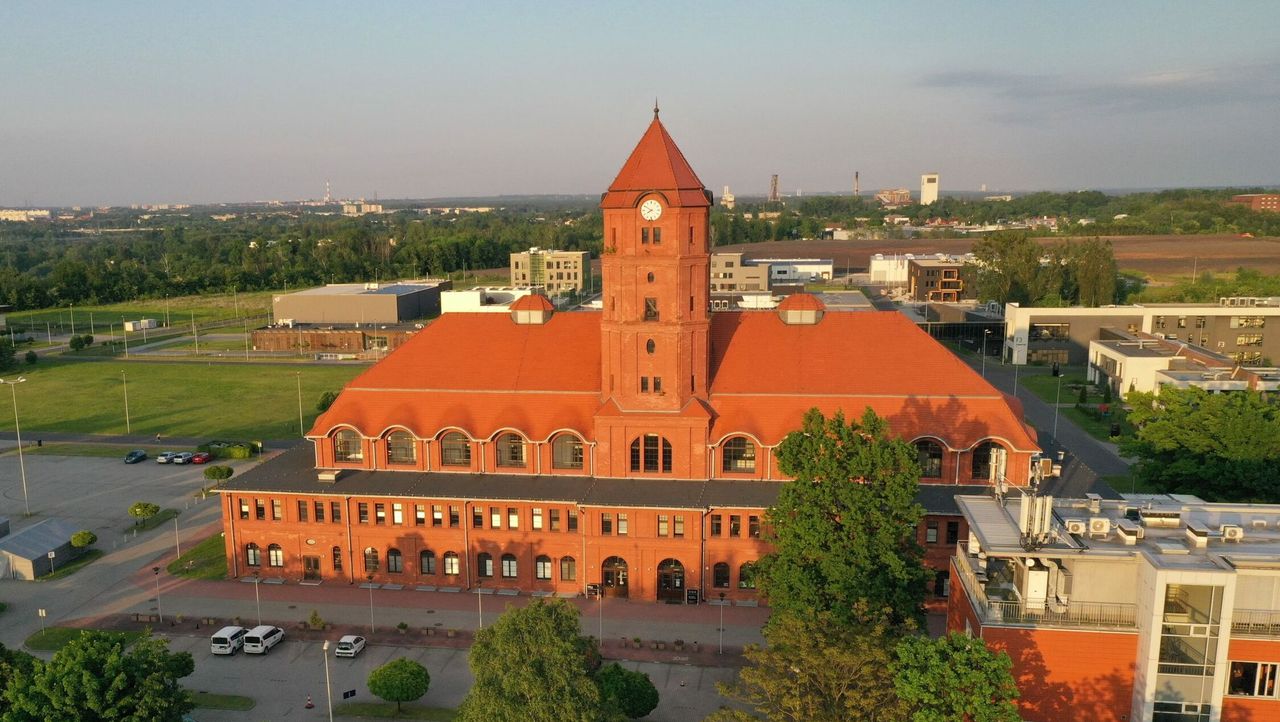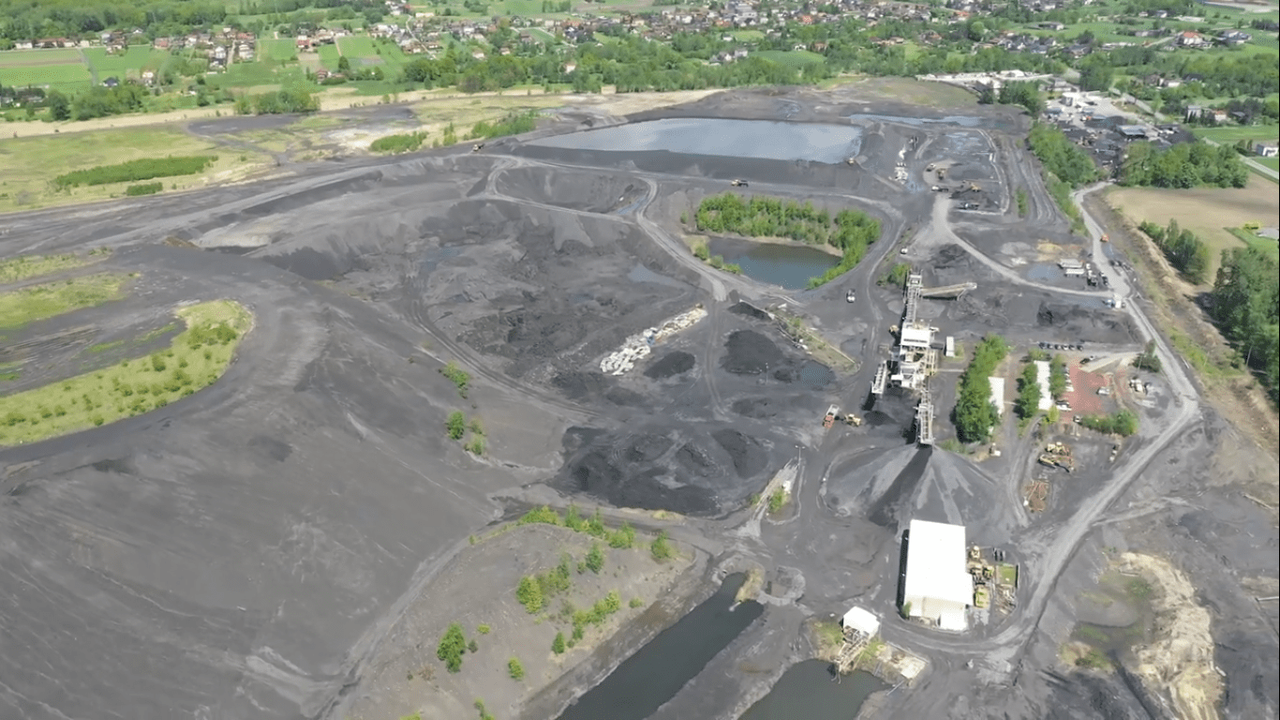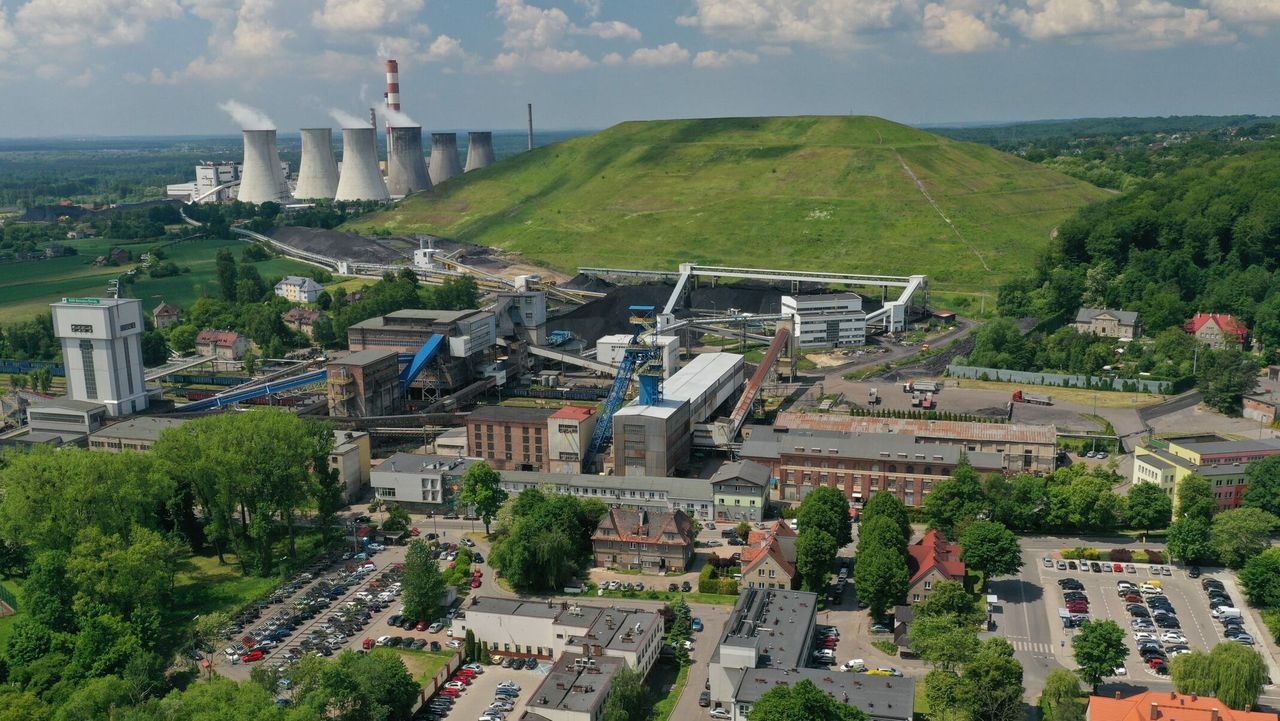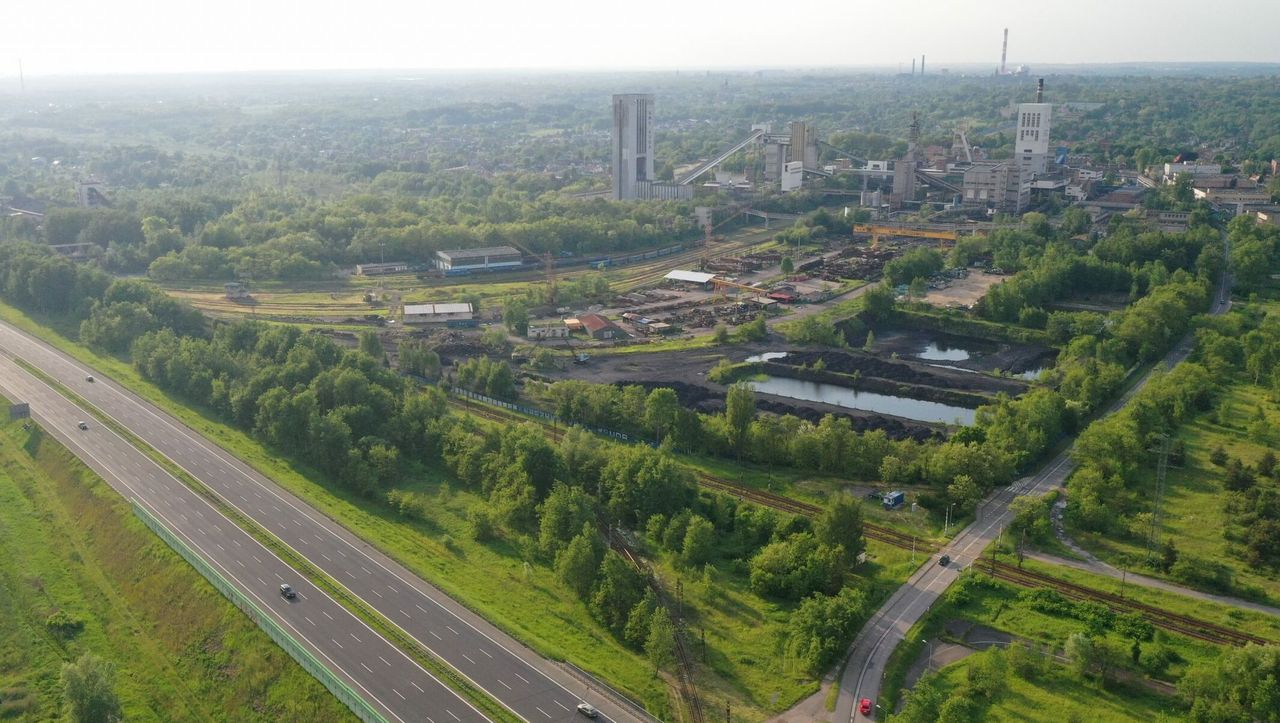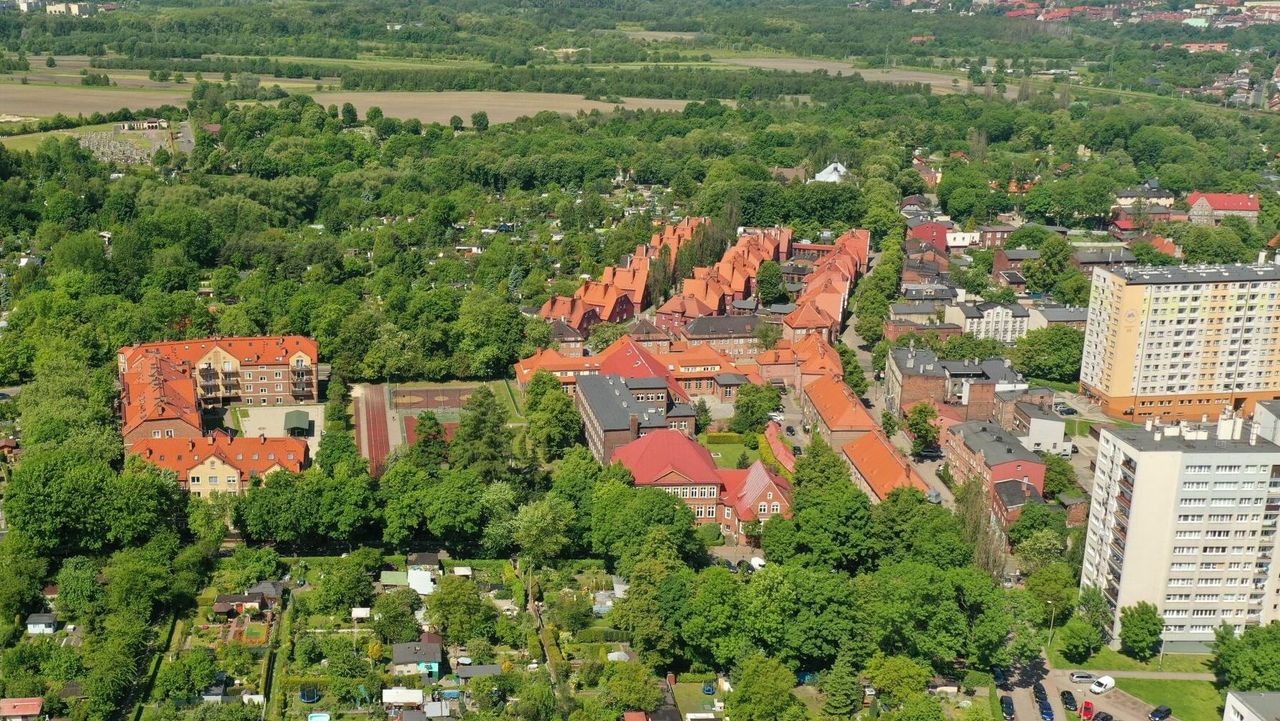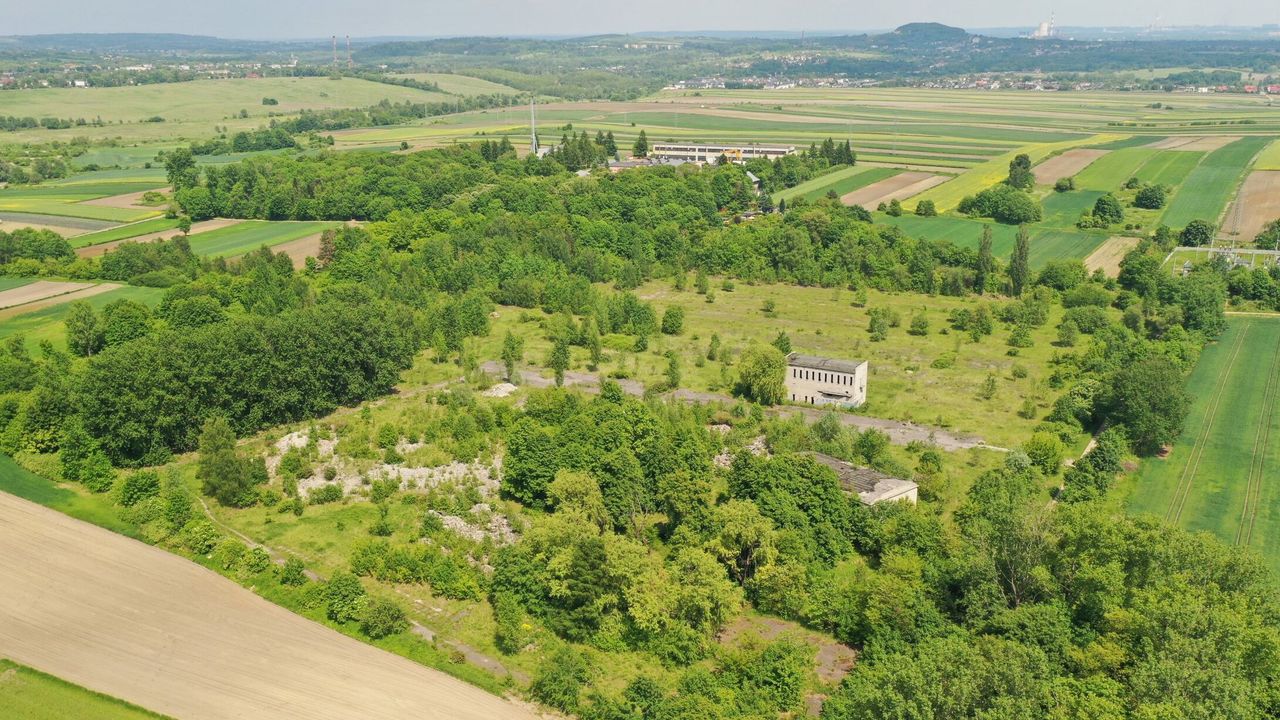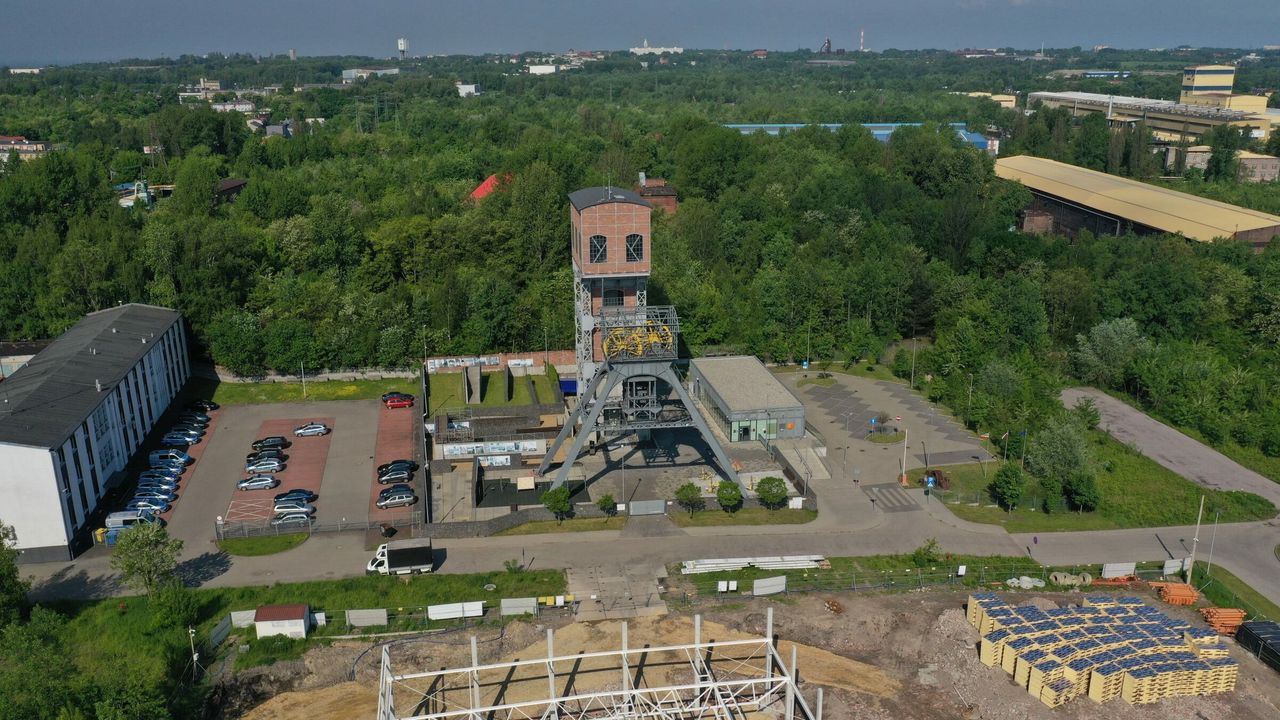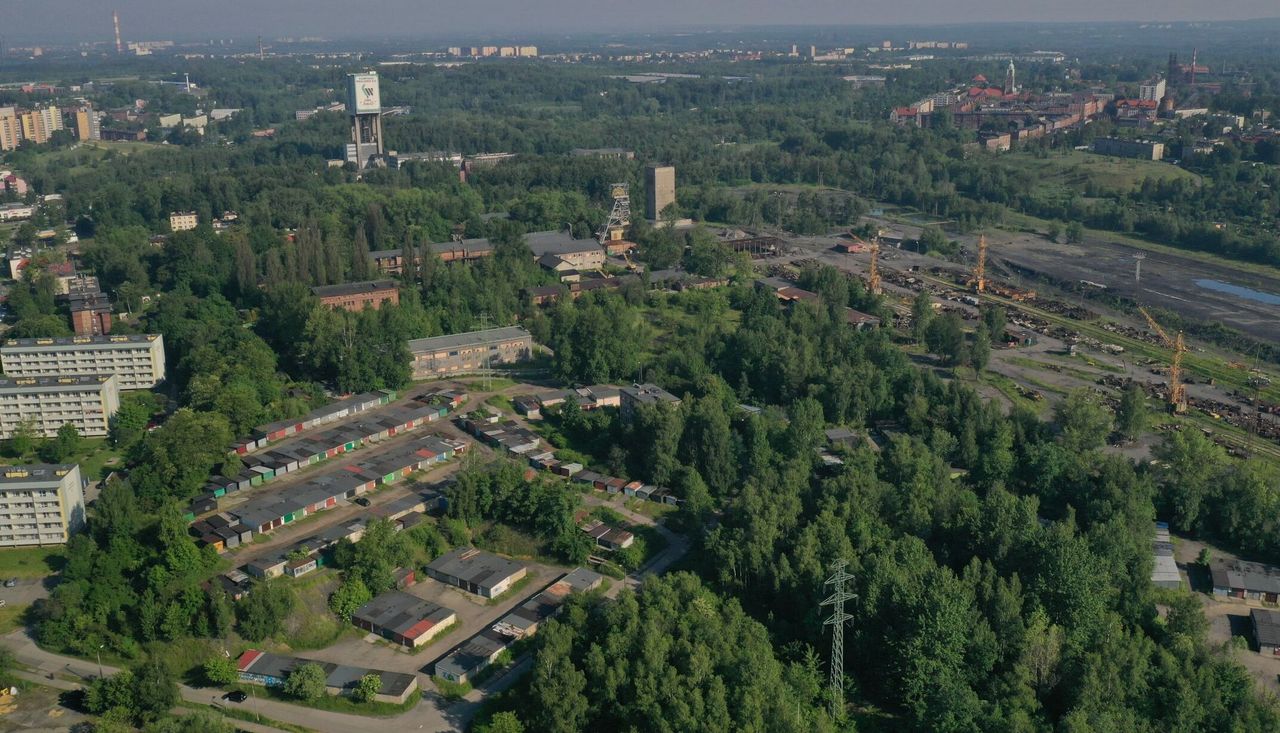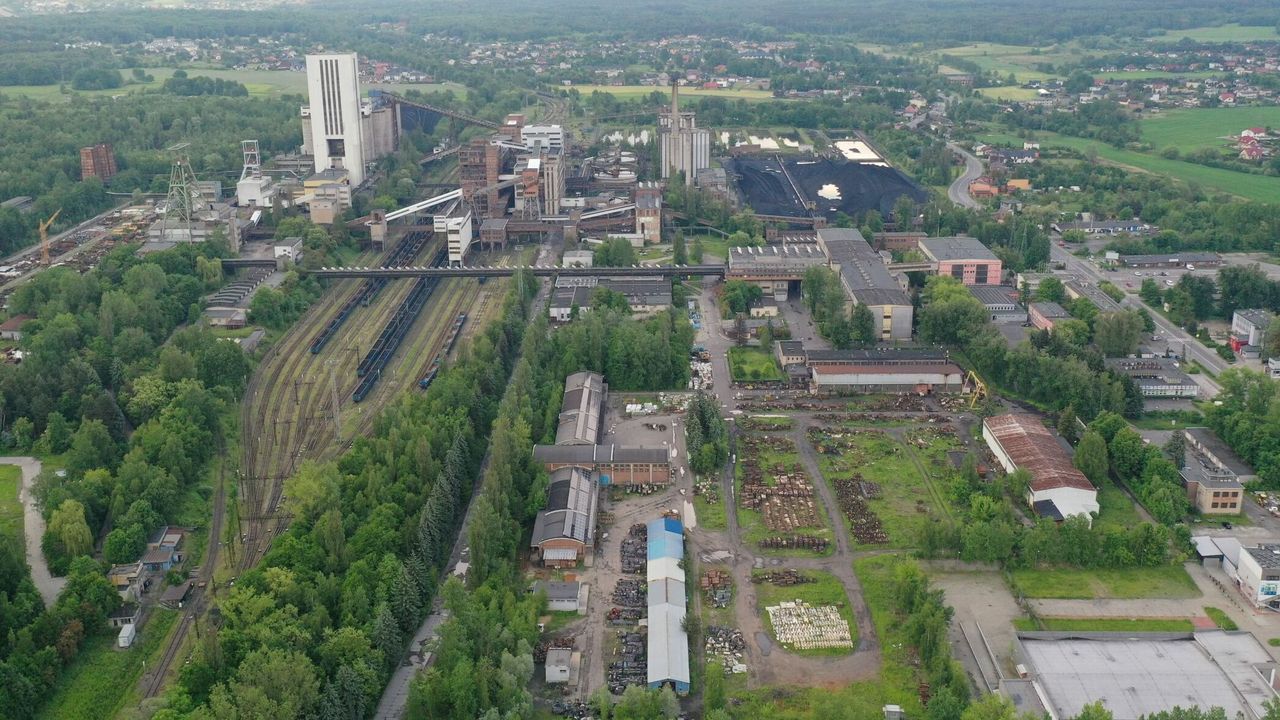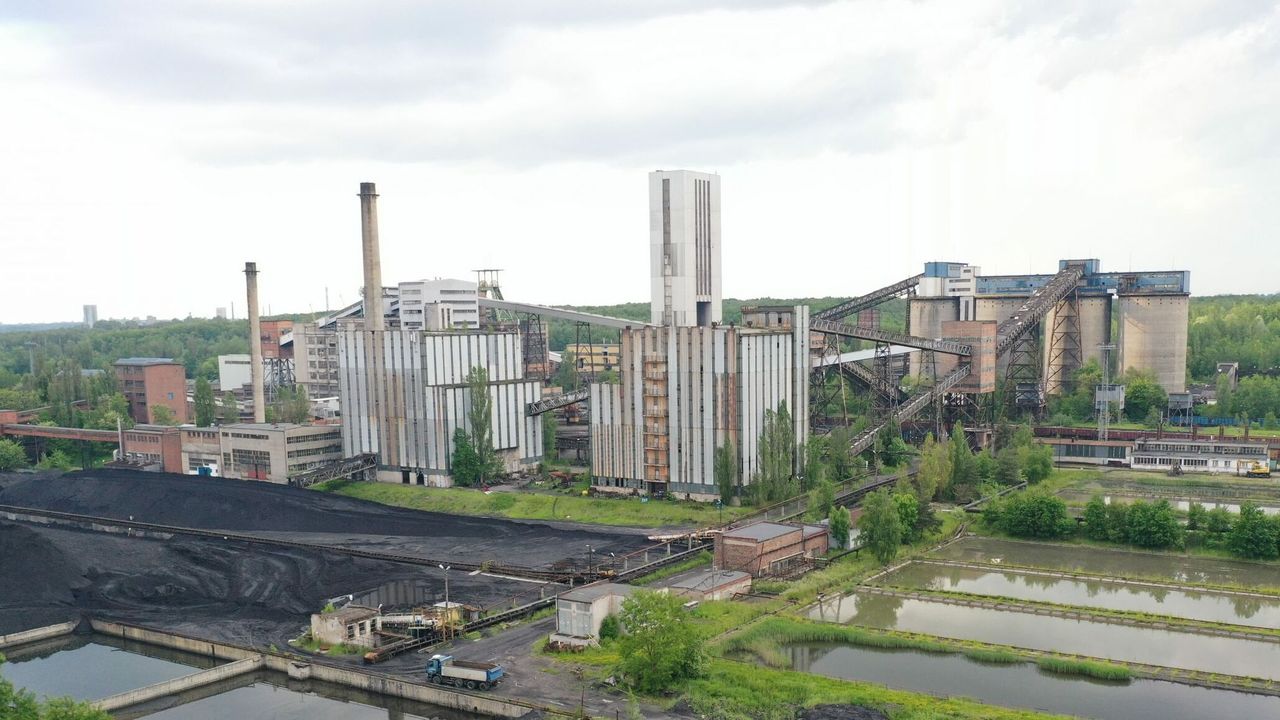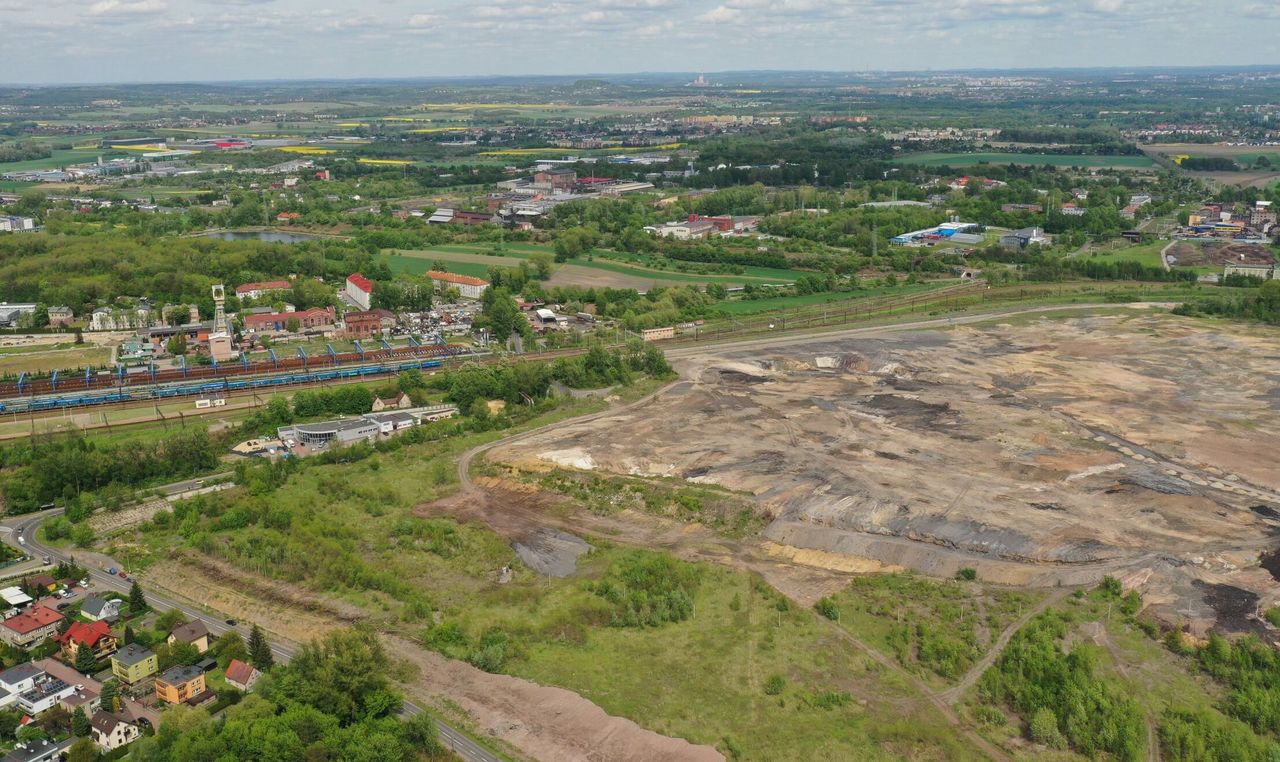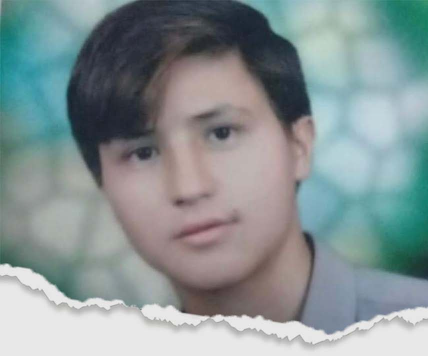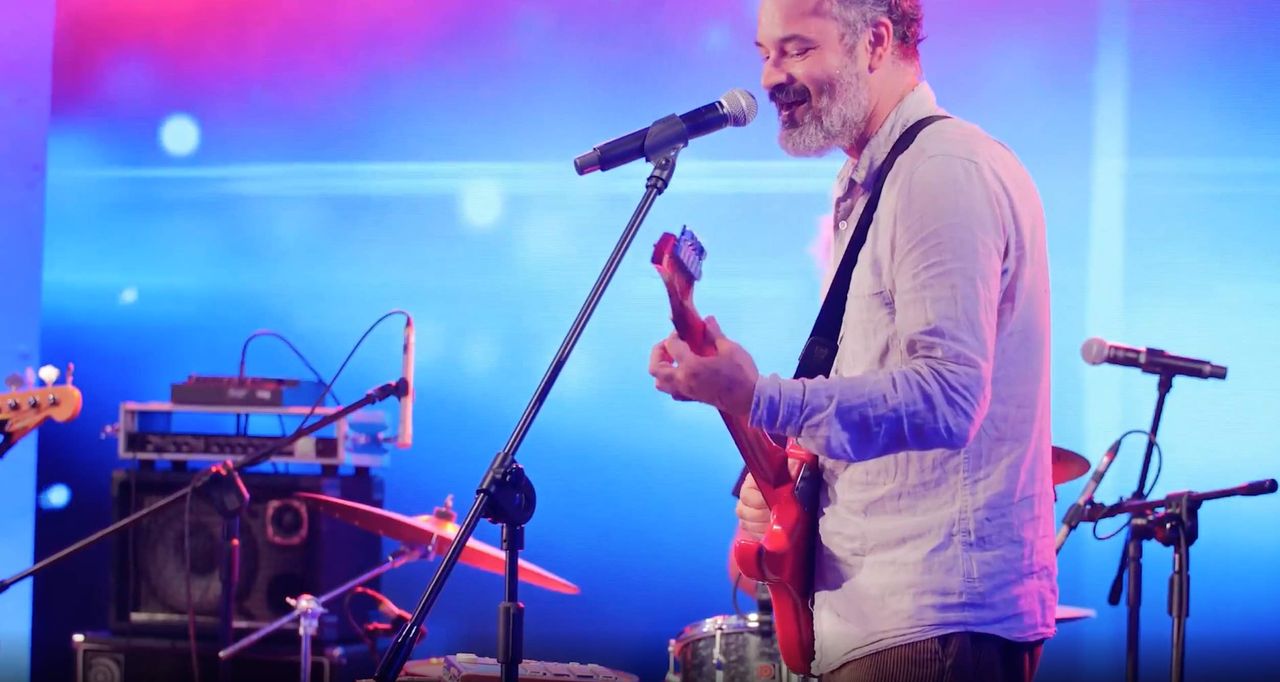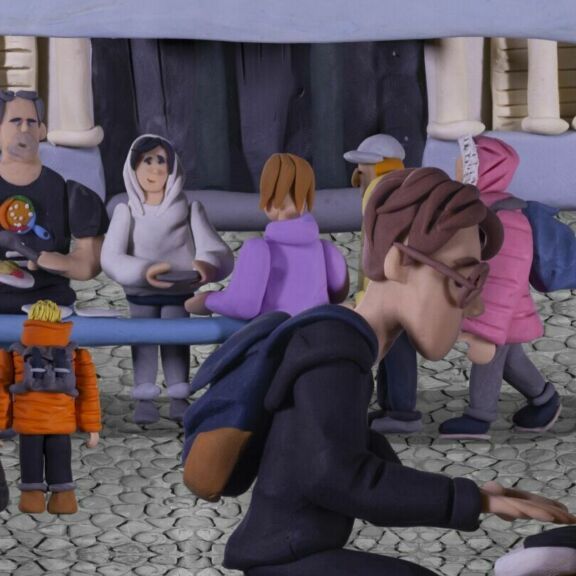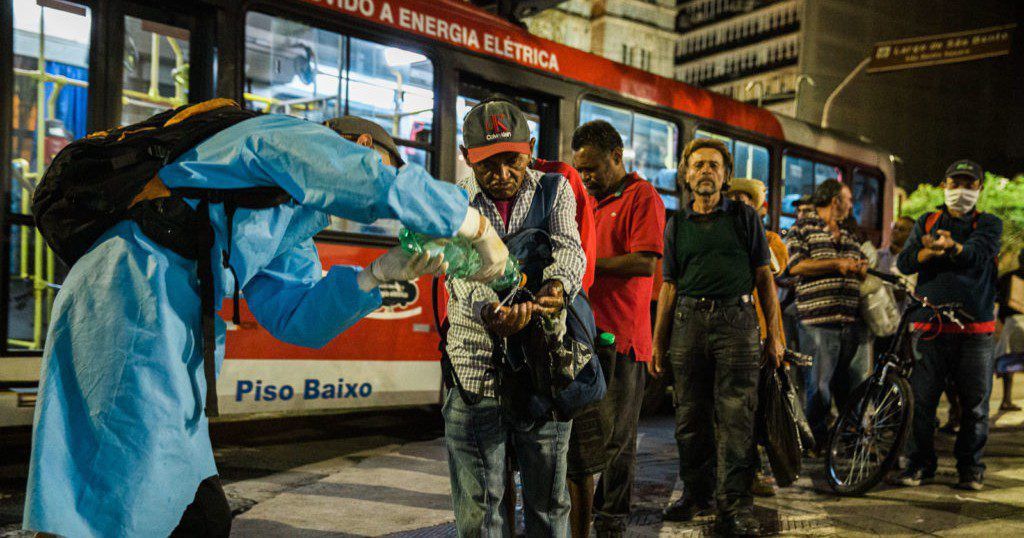
In Brazil, a group of cyclists distribute personal hygiene kits to people living on the street
In São Paulo, Brazil, a collective of bikers called Bike System travels through the city distributing cleaning kits to people living on the street. The kit is simple: water bottles and liquid soap bottles so they can wash their hands. There are an estimated 24,000 homeless people in Brazil’s wealthiest city.
An interview with Pedro Barreira, producer at Bike System.
– What is the impact of your action? How does it help?
– Bike System is a collective of cyclists who ride their bicycles with fun and music on the streets of São Paulo. It is our way to bring joy to everyone, regardless of social class, particularly to the city’s large homeless population. During the pandemic, we felt that we could help those who don’t have access to sanitation. With the closure of the local market over the quarantine period, many people simply don’t have where to wash hands.

– How many people have you already helped? How do you make sure that help is fair and you allocate it fairly?
Firstly, we are spreading the message about the importance of washing hands and using masks as a protection measure from the coronavirus for millions of Brazilians. It is disseminated both through our viral posts on social media and through various reports by newspapers and television. In addition, we have already distributed around 500 basic hygiene kits for the homeless and more than 300 fabric masks for workers at risk.

We believe that the greatest impact of our action is to bring hope and information on how to protect ourselves in the midst of the pandemic. People living on streets and even the police remain completely unprotected, without any help from companies and the public administration.
– Did it require additional resources to buy products for your kits? Where did you get the money from?
– Right after our first action, which we did on our own, we started receiving donations – some essential elements of our basic cleaning kit or other products – that we brought to the homeless. The message that we are helping quickly reached more people who helped with more things for the homeless. Many people were leaving whatever they could near their homes or buildings that we pass everyday. Apart from direct donations, we also fundraised money that we used to deliver more kits and masks. We also managed to pay for the maintenance of our equipment and invested in security protocols suggested by the Ministry of Health and the WHO.

– What are challenges and concerns to your initiative?
– Our biggest challenge is to make sure that our message reaches more and more people. Given the level of ignorance and misinformation from the government and president himself, we are trying hard to raise awareness and take action against the coronavirus.

Our main concern is to take care of our health and to follow safety protocols so that we and people who we are helping and contacting are staying safe. That’s why we use protective clothing, aprons, masks and gloves. In addition, we routinely clean our equipment. As we don’t want to spread the virus, we minimise the contact as much as possible. Another challenge I should mention is how to keep ourselves motivated since our work is what essentially should be done by the government. But the government isn’t helping.
– Do you think your initiative could become a blueprint for other countries?
– In Brazil, the country of 209 million people, our model can be very useful in other cities, as it requires low investment and has great potential to engage with the population. Spreading true and clear information is very helpful – and perhaps necessary – in every country, though we are mostly reaching urban populations.

Photographs courtesy of Luca Meola.

